Special Report
Every Movie to Win Best Drama at the Golden Globes Since 1944
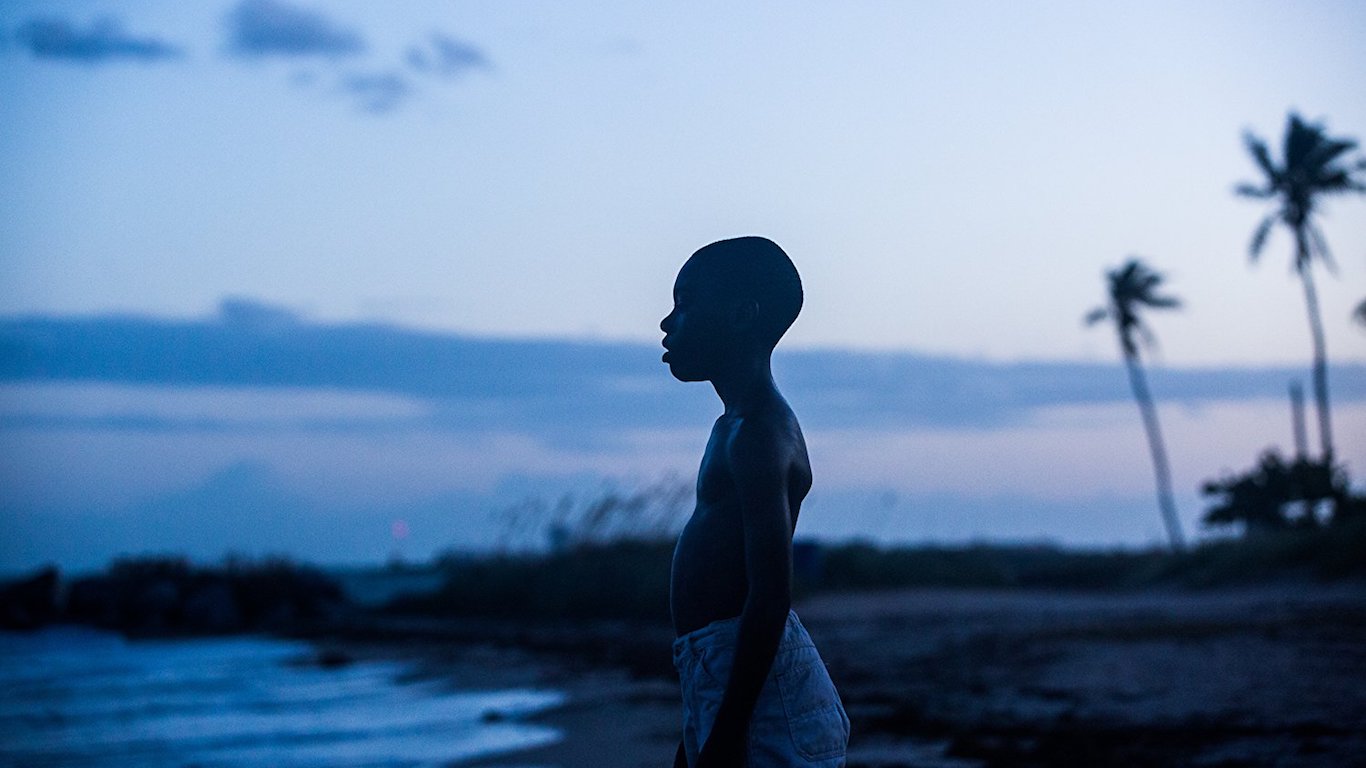
Published:

Each year, the Hollywood Foreign Press Association nominates and awards the best in movies and television, delivering a program that has become one of the three most-watched awards shows on television. Though this year the ceremony was like none other — with Tina Fey and Amy Poehler hosting from opposite costs — it made history.
Among the most anticipated awards is that of Best Motion Picture in the drama category. This year’s nominees include “The Father,” “Mank,” “Promising Young Woman,” and “The Trial of the Chicago 7.” The winner joined a rich legacy of prized films dating back to the 1940s.
24/7 Tempo has identified the film that won best drama at the Golden Globes each year since 1944. It was not until 1951 that the association distinguished between best drama and musical and comedy — it began as a single award for best picture — so films that won before that year simply won “Best Picture.”
While not always the case, the Best Drama at the Golden Globes often aligns with the Academy Awards’ Best Picture, which is decided at a later date. Other times, a film that is nominated but fails to win at the Golden Globes takes home the Oscar. Some Globe winners — like 1955’s “East of Eden” — were not even nominated for Best Picture at the Academy Awards. Here are the winners of Best Picture at the Oscar each year.
Regardless of Oscar performance, the movies that have won Best Drama at the Golden Globes are certainly among the greatest cinematic works in existence. For this reason, the award is considered quite a resume-booster for actors. These are most decorated Golden Globe winners of all time.
Click here to see every movie to win best drama at the Golden Globes since 1944.
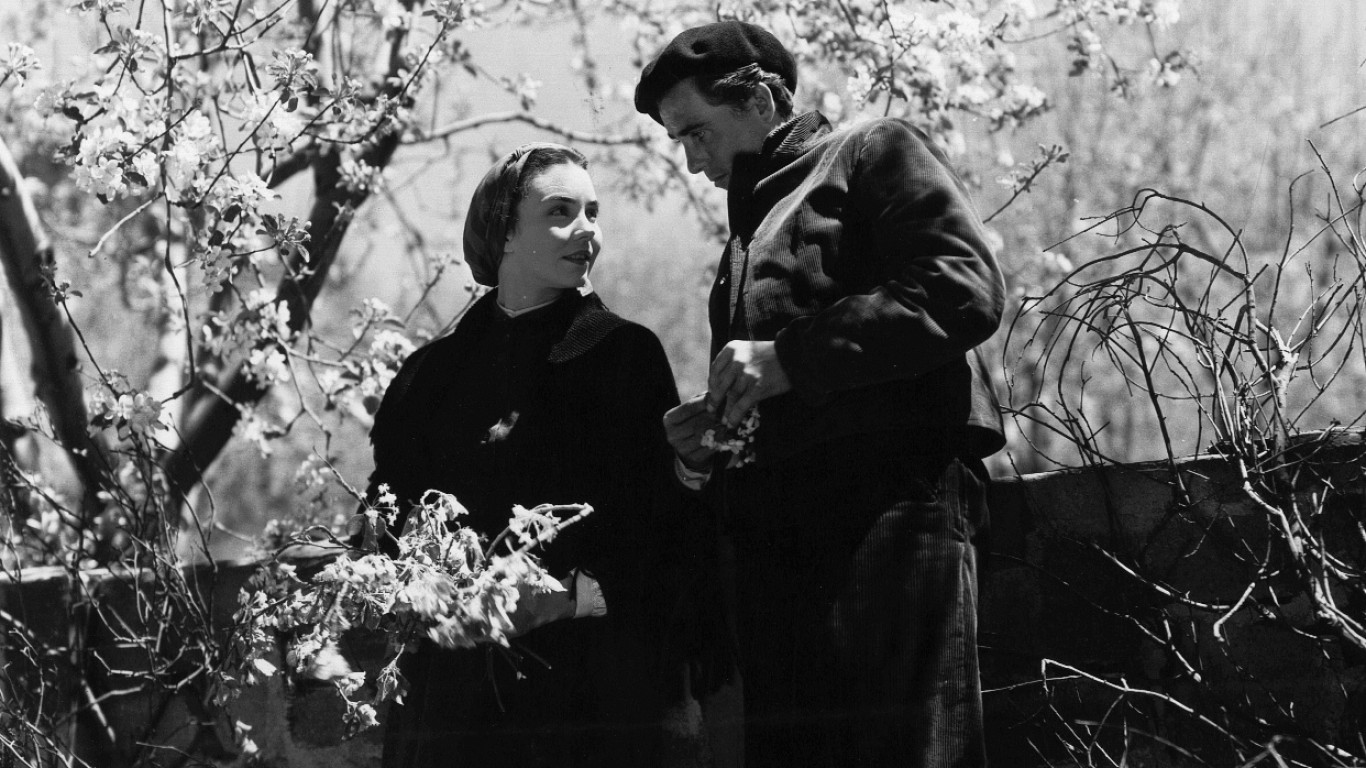
1944
> Winner: The Song of Bernadette
> Directed by: Henry King
> Produced by: William Perlberg
> Nominees: N/A
The first film to win a Golden Globe for Best Drama was “The Song of Bernadette” in 1944. The movie about a young French woman who has visions of the Virgin Mary stars Jennifer Jones, Charles Bickford, and Vincent Price, among others. It also won four Academy Awards but lost Best Picture to “Casablanca.”
[in-text-ad]
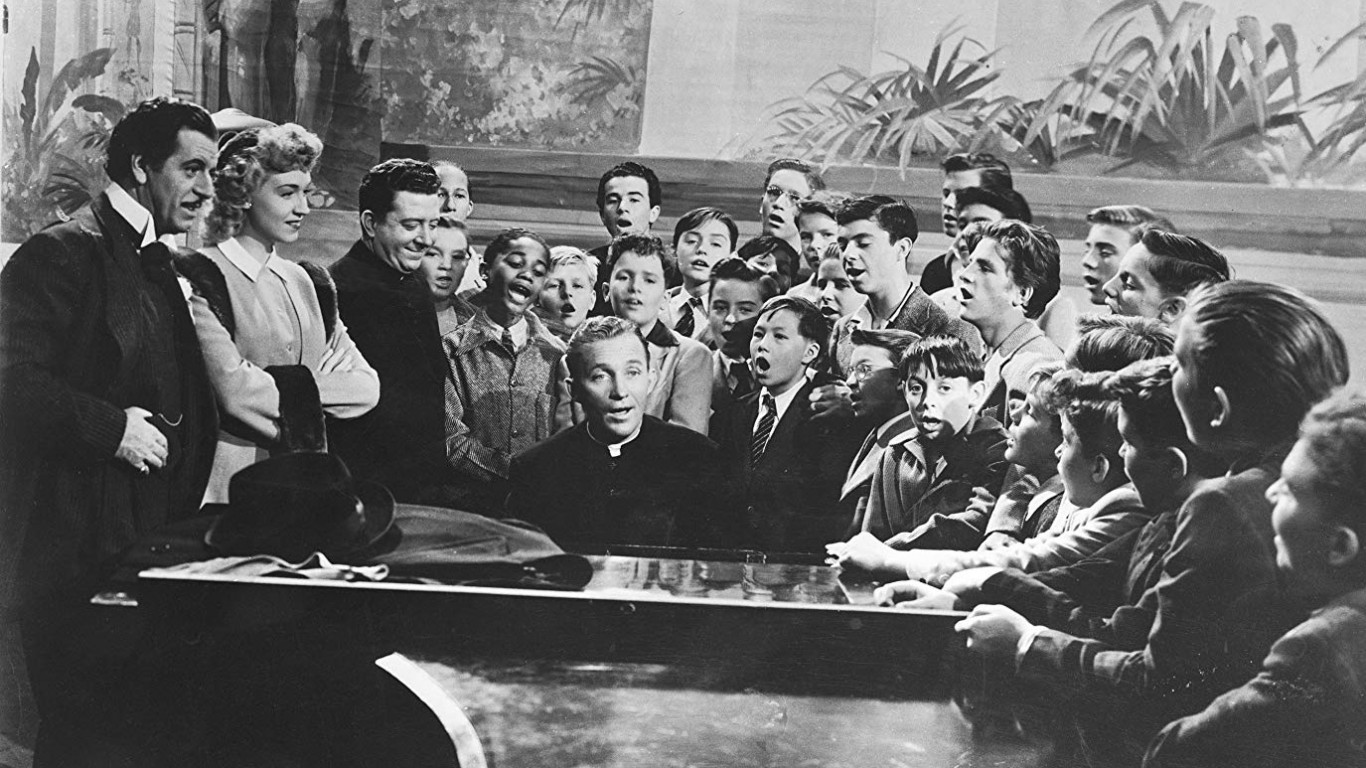
1945
> Winner: Going My Way
> Directed by: Leo McCarey
> Produced by: Leo McCarey
> Nominees: N/A
Starring beloved entertainer Bing Crosby, “Going My Way” tells the story of vivacious Catholic priest Father Chuck O’Malley. In addition to its Golden Globe award, the film won seven Oscars, including Best Picture and Best Actor in a Leading Role for Crosby.
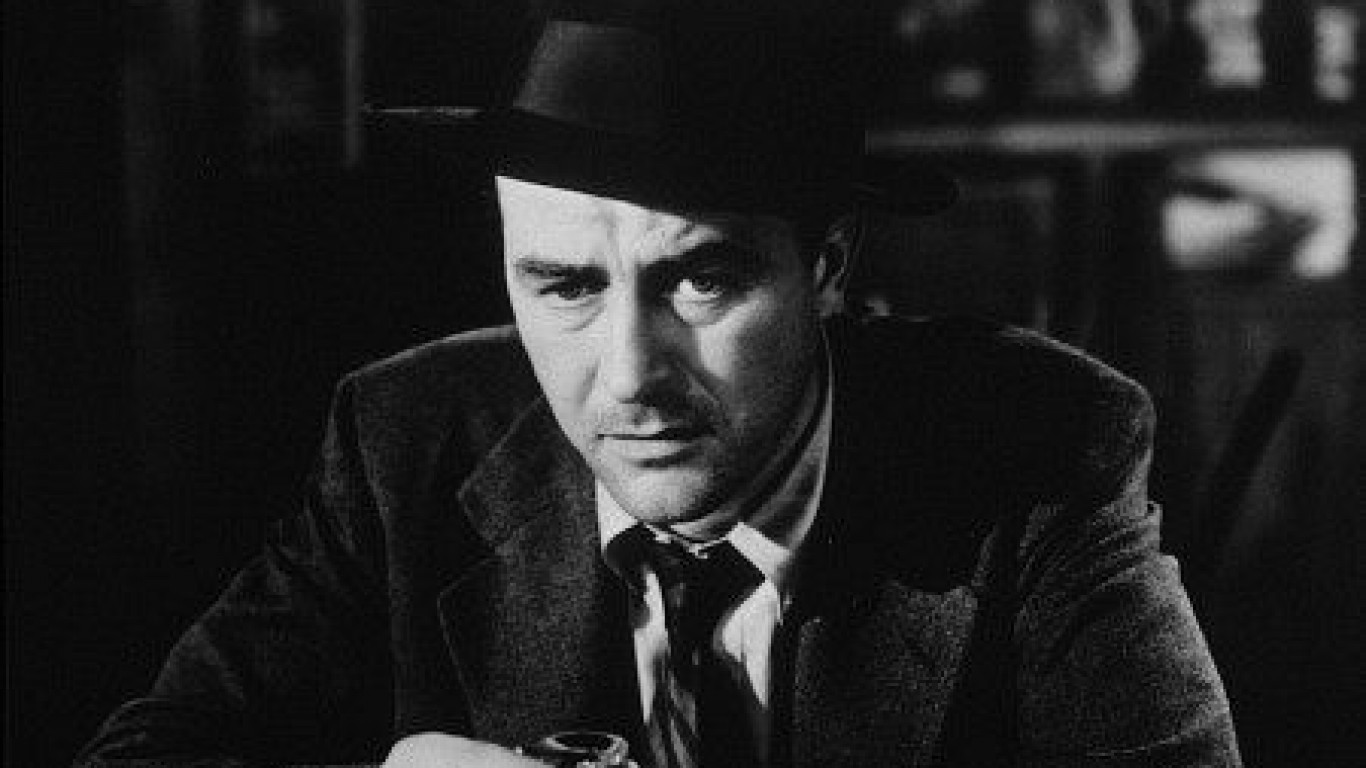
1946
> Winner: The Lost Weekend
> Directed by: Billy Wilder
> Produced by: Charles Brackett
> Nominees: N/A
Billy Wilder’s “The Lost Weekend” offers a harrowing depiction of an alcoholic going on a four-day bender. Best Picture wasn’t the film’s only award. It also won Golden Globes for Best Director, and Best Actor and Oscars for Best Picture, Best Actor in a Leading Role for Ray Milland, Best Director, and Best Writing.
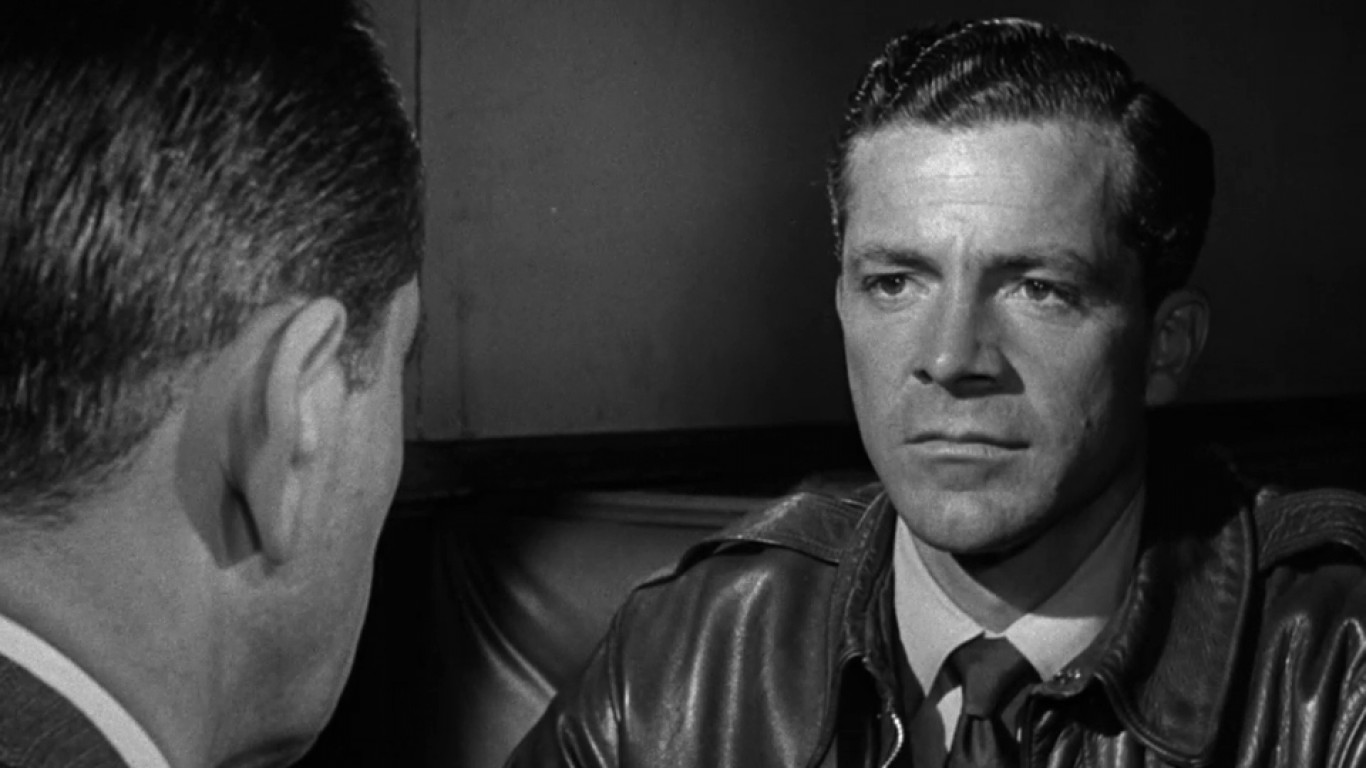
1947
> Winner: The Best Years of Our Lives
> Directed by: William Wyler
> Produced by: Samuel Goldwyn
> Nominees: N/A
The movie about three World War II veterans adapting to home life following their service won not only the award for Best Picture at the Golden Globes, but also a Special Achievement Award for non-professional actor Harold Russell. Russell was a veteran himself who had both of his hands amputated following an Army training accident. “The Best Years of Our Lives” also won seven Oscars, including Best Picture.
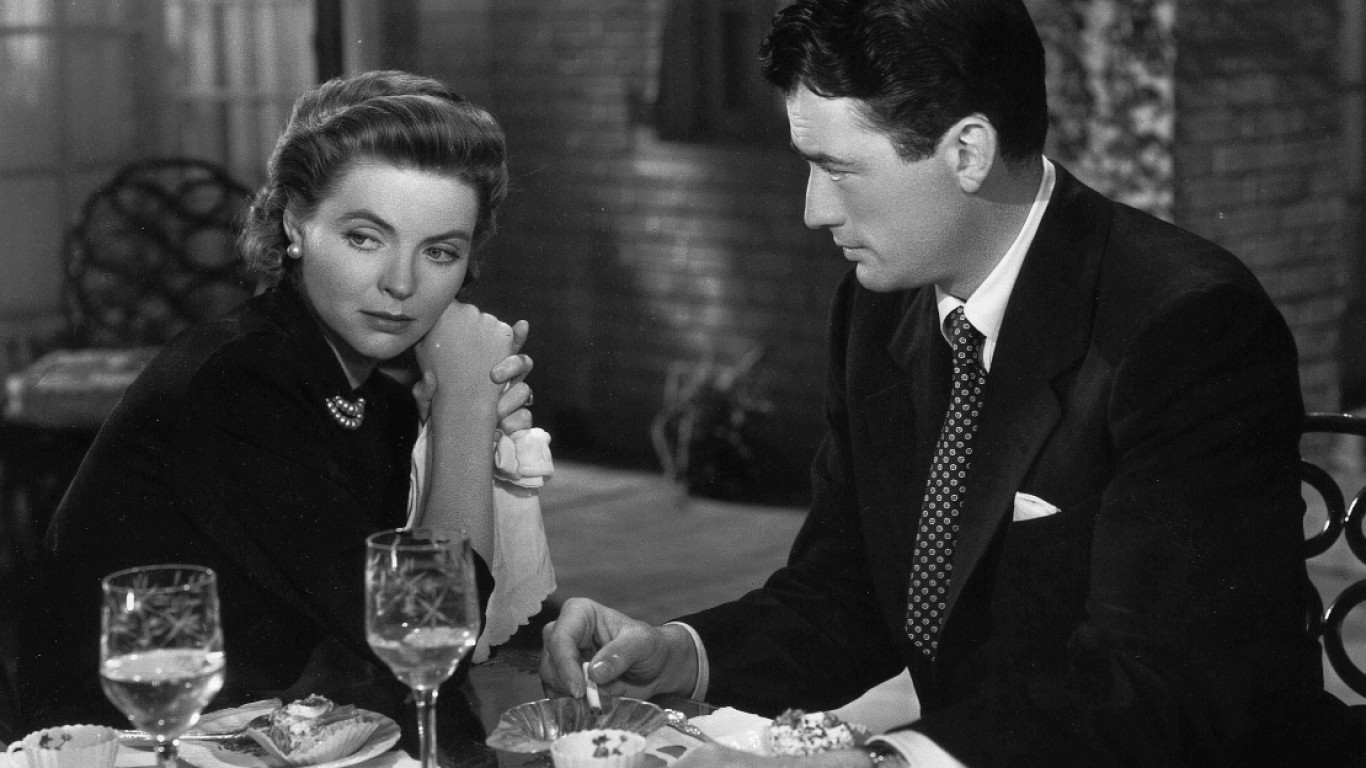
1948
> Winner: Gentleman’s Agreement
> Directed by: Elia Kazan
> Produced by: Darryl F. Zanuck
> Nominees: N/A
Elia Kazan, who also made “On the Waterfront” (1954) and “A Streetcar Named Desire” (1951), directed “Gentleman’s Agreement,” about a journalist who pretends to be Jewish in order to better write about anti-Semitism. The movie won Best Picture at the Golden Globes and Academy Awards, and Kazan won Best Director at both ceremonies.
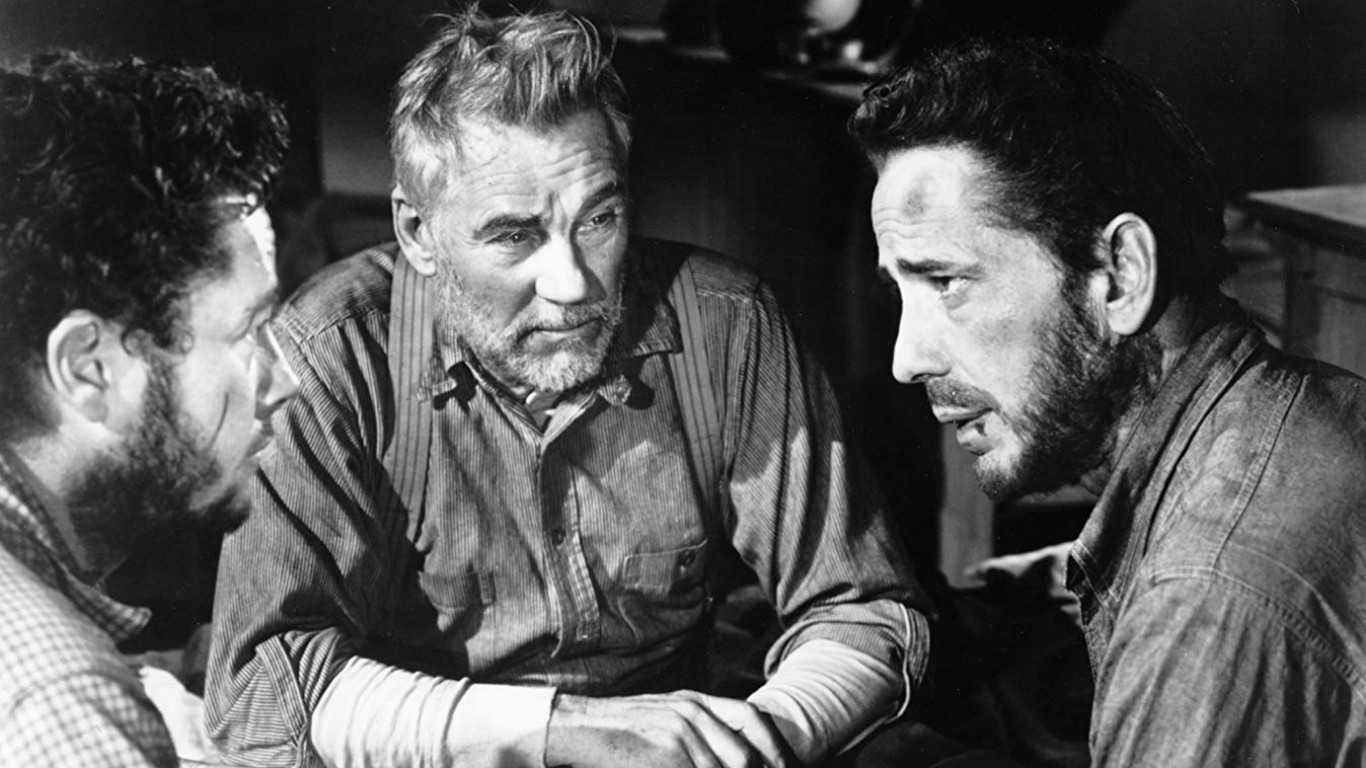
1949
> Winner: Johnny Belinda / The Treasure of the Sierra Madre
> Directed by: Jean Negulesco / John Huston
> Produced by: Jerry Wald / Henry Blanke
> Nominees: N/A
The sole tie for Best Picture at the Golden Globes was in 1949, when both “Johnny Belinda” and “The Treasure of the Sierra Madre” were announced as winners. Both films were also nominated for Best Picture at the Oscars but lost out to Laurence Olivier’s “Hamlet.”
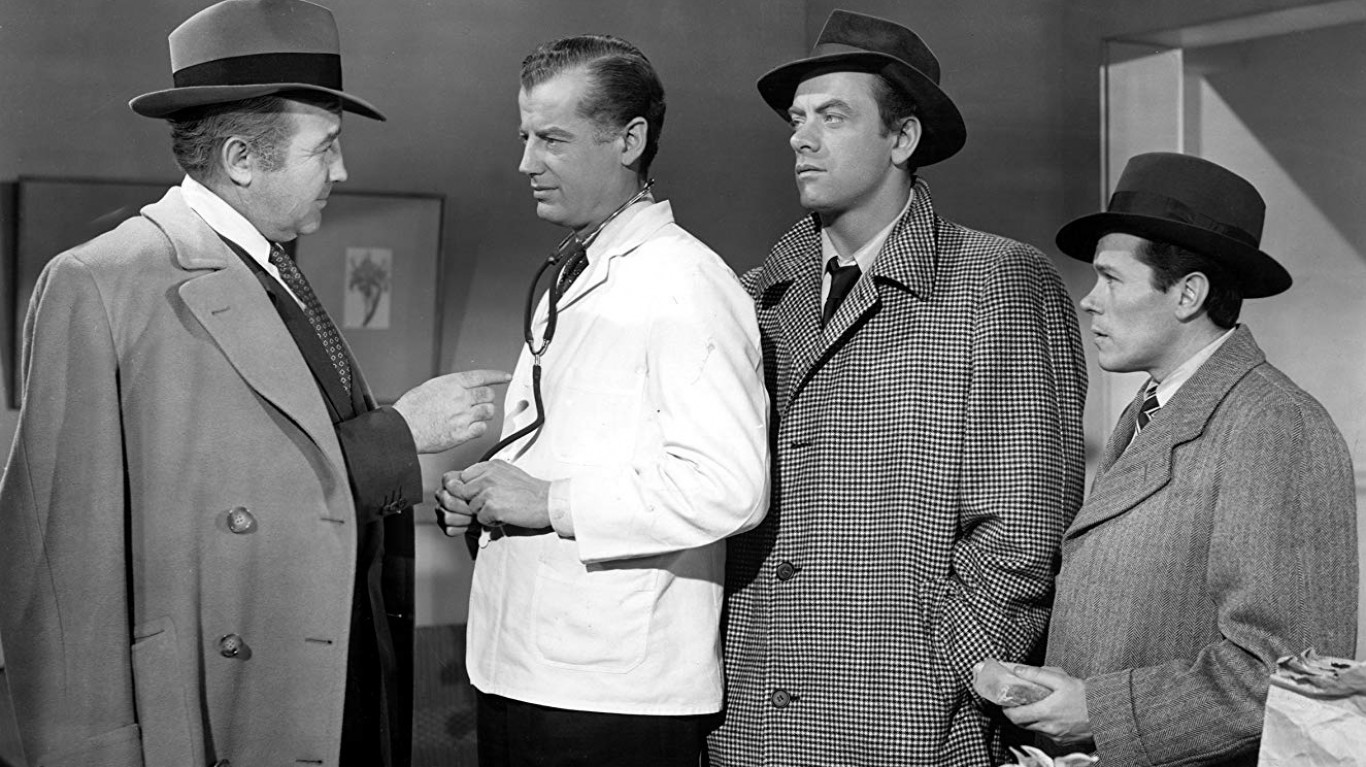
1950
> Winner: All the King’s Men
> Directed by: Robert Rossen
> Produced by: Robert Rossen
> Nominees: Come to the Stable
Director Robert Rossen’s tale of a crooked politician won the Golden Globe for not only Best Picture, but also for Best Director, Best Actor for Broderick Crawford, and Best Supporting Actress and Most Promising Newcomer – Female for Mercedes McCambridge. It also won the Oscar for Best Picture.
[in-text-ad-2]
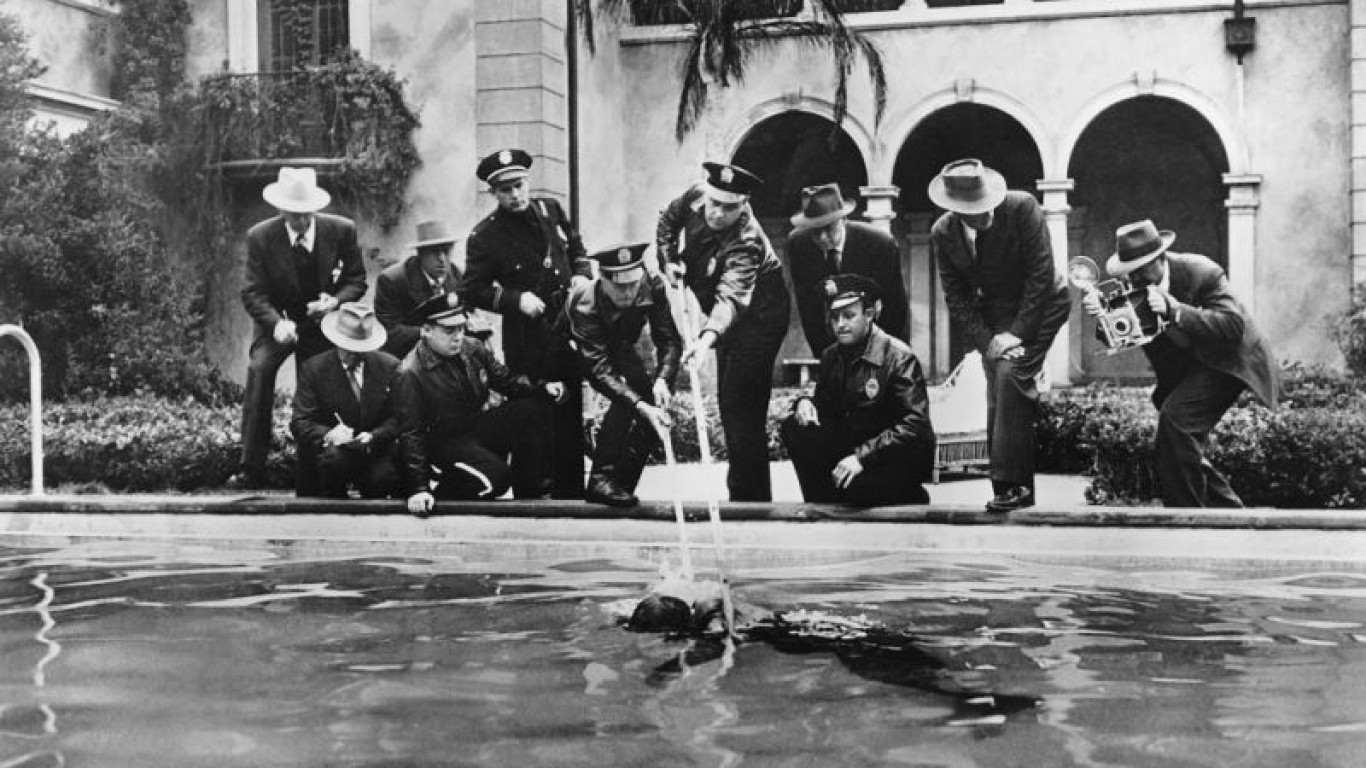
1951
> Winner: Sunset Boulevard
> Directed by: Billy Wilder
> Produced by: Charles Brackett
> Nominees: All About Eve; Born Yesterday; Cyrano de Bergerac; Harvey
Billy Wilder’s classic about a screenwriter’s fated relationship with an eccentric Hollywood has-been took Best Picture in 1951. While nominated for Best Picture at the Oscars, it lost to “All About Eve,” which was also a nominee at that year’s Golden Globes.
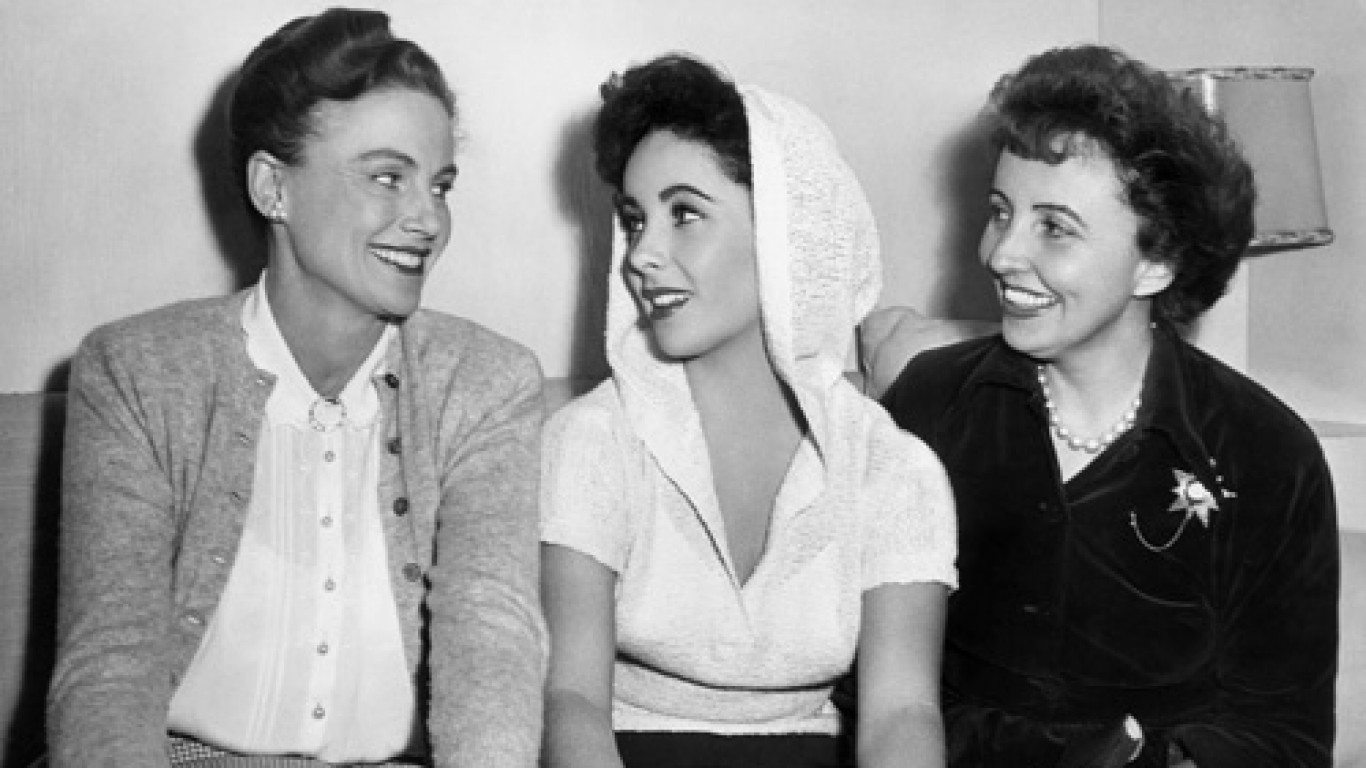
1952
> Winner: A Place in the Sun
> Directed by: George Stevens
> Produced by: George Stevens
> Nominees: Bright Victory; Detective Story; Quo Vadis; A Streetcar Named Desire
“A Place in the Sun” — which stars Montgomery Clift, Elizabeth Taylor, and Shelley Winters — tells the story of a young man caught in a love triangle. Though also nominated for Best Director, Best Actress (Shelley Winters), and Best Cinematography, the only Golden Globe the film won was Best Picture.
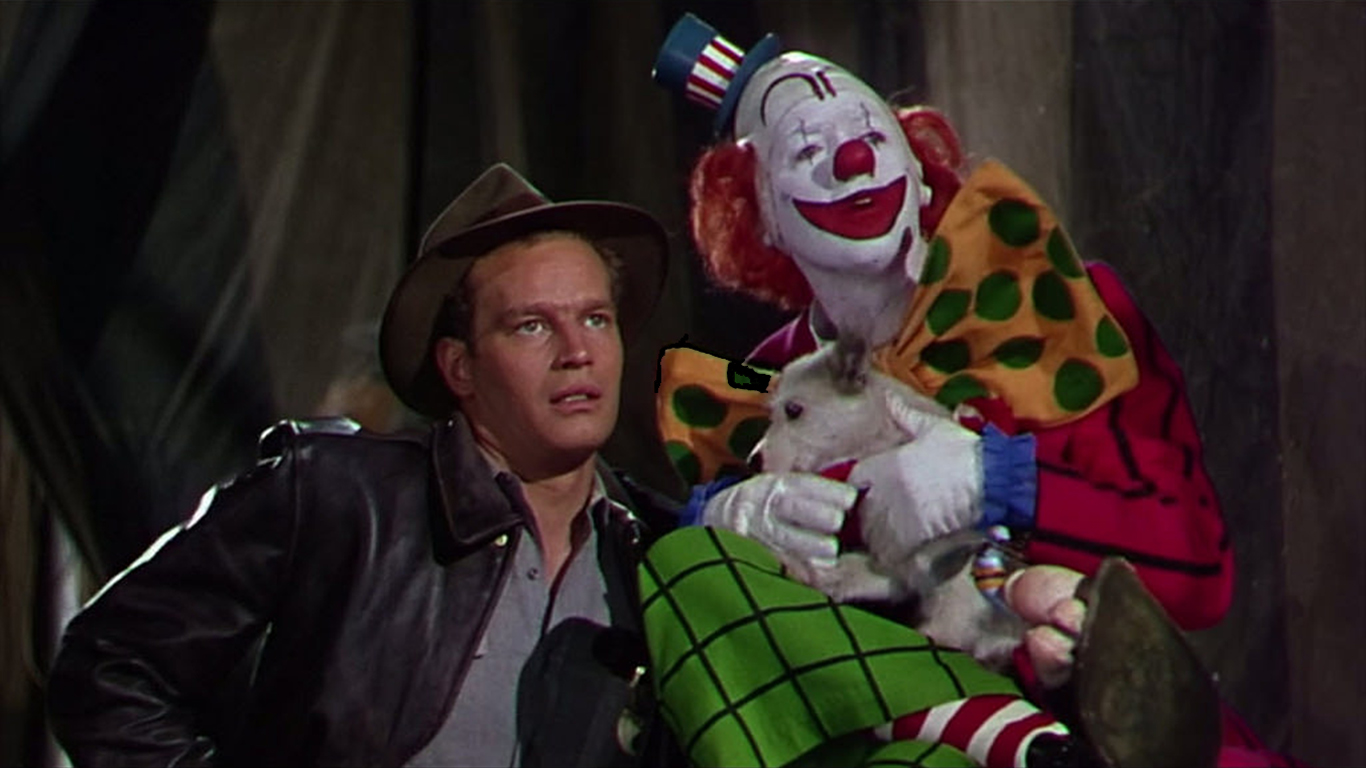
1953
> Winner: The Greatest Show on Earth
> Directed by: Cecil B. DeMille
> Produced by: Cecil B. DeMille
> Nominees: Come Back, Little Sheba; The Happy Time; High Noon; The Thief
1953 marked the first year that the Golden Globes split its Best Picture award into two: one for dramas and one for musicals and comedies. Cecil B. DeMille’s “The Greatest Show on Earth,” which features actors James Stewart and Charlton Heston, took the prize for dramas.
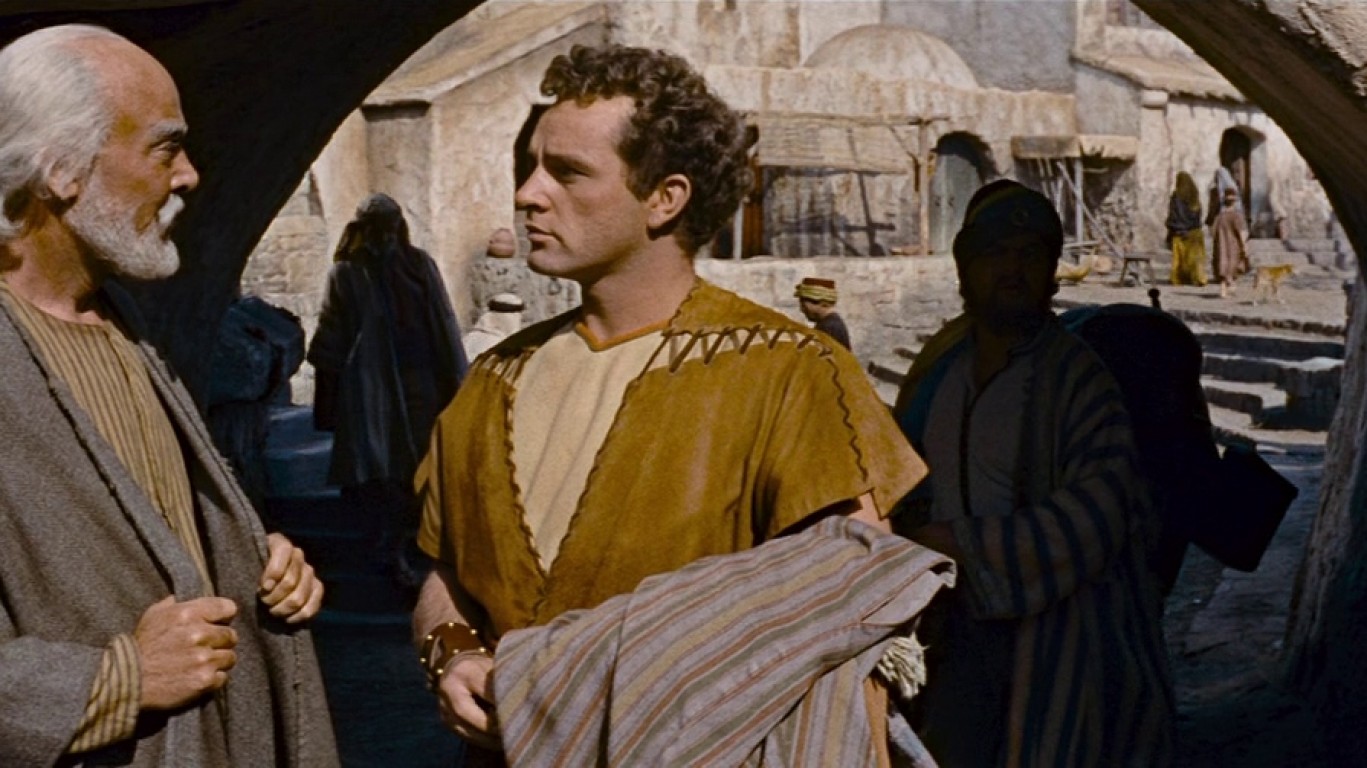
1954
> Winner: The Robe
> Directed by: Henry Koster
> Produced by: Frank Ross
> Nominees: N/A
This film about a Roman tribune in the aftermath of Jesus Christ’s crucifixion stars Welsh actor Richard Burton in the lead. The film was nominated for Best Picture at the Academy Awards but lost to the World War II drama “From Here to Eternity.”
[in-text-ad]
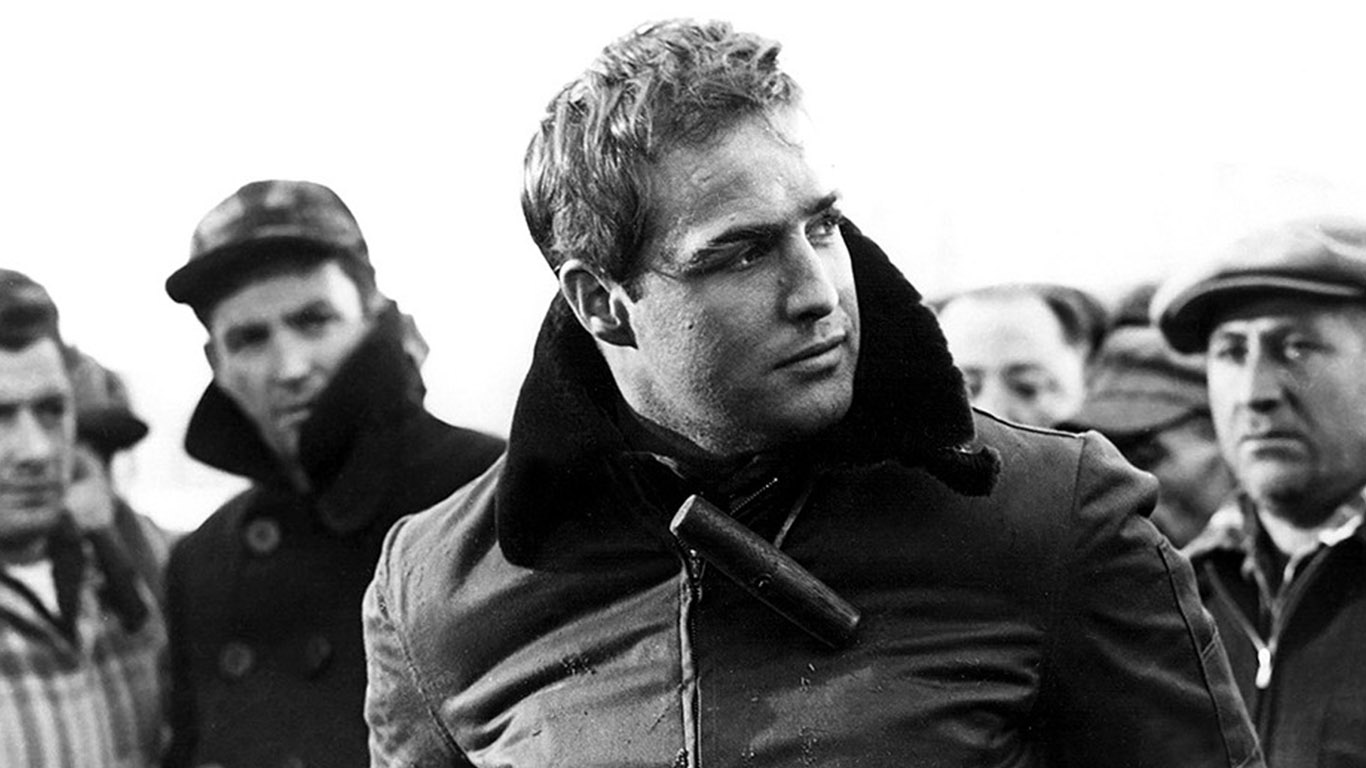
1955
> Winner: On the Waterfront
> Directed by: Elia Kazan
> Produced by: Sam Spiegel
> Nominees: N/A
Elia Kazan, who won the Golden Globe for Best Director in 1948, had another strong year in 1955 with his gritty film “On the Waterfront.” Not only did the movie win the Golden Globe for Best Picture, but also awards for Best Director, Best Cinematography, and Best Actor for star Marlon Brando. It would later win eight Oscars, including Best Picture.
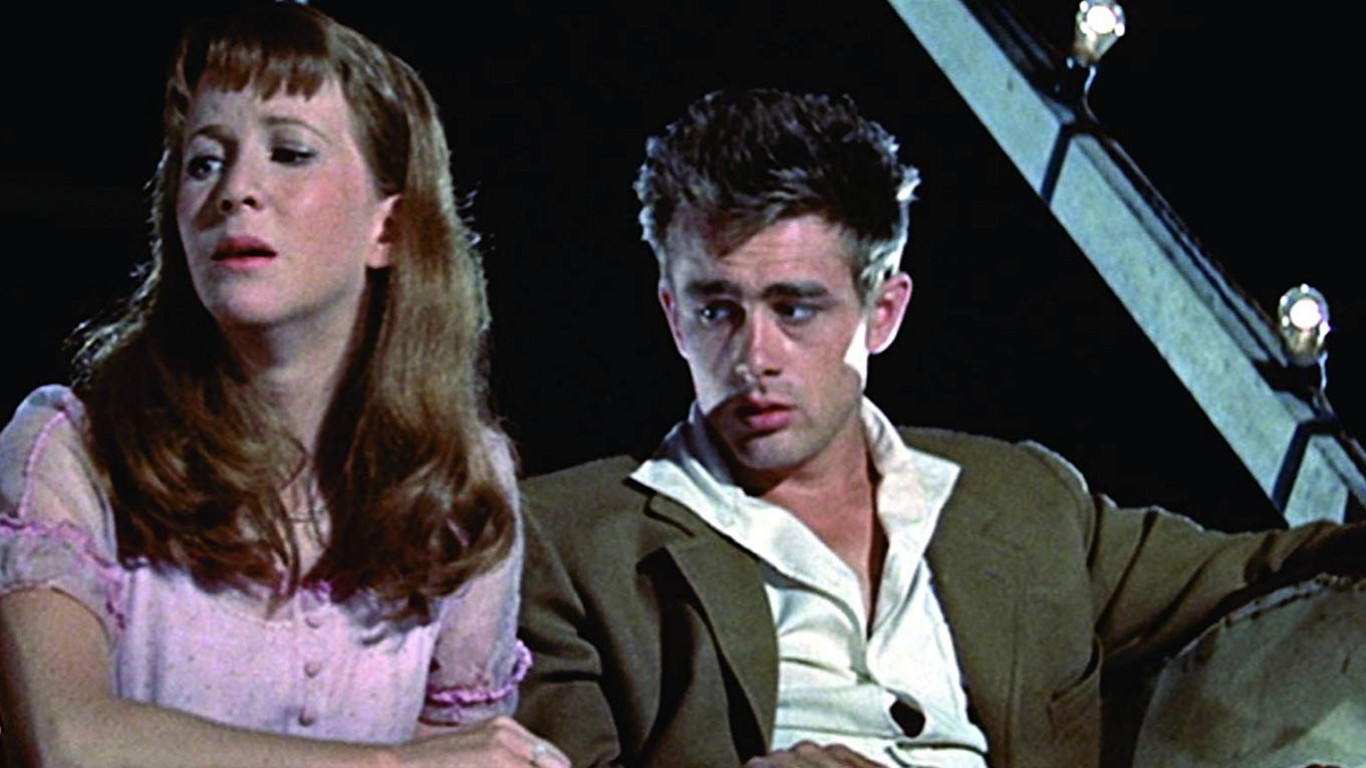
1956
> Winner: East of Eden
> Directed by: Elia Kazan
> Produced by: Elia Kazan
> Nominees: N/A
Another Kazan film won in 1956, “East of Eden,” which stars James Dean as a young man competing against his brother for his God-fearing father’s favor. Dean, who died shortly after the film’s release, also received a Special Achievement Award at the 1956 Globes.

1957
> Winner: Around the World in 80 Days
> Directed by: Michael Anderson
> Produced by: Michael Todd
> Nominees: Giant; Lust for Life; The Rainmaker; War and Peace
The nearly three-hour adventure film took home Best Picture in 1957 over other titles, including “Giant,” “The Rainmaker,” and “War and Peace.” “Around the World in 80 Days” also won Best Picture at the Oscars.
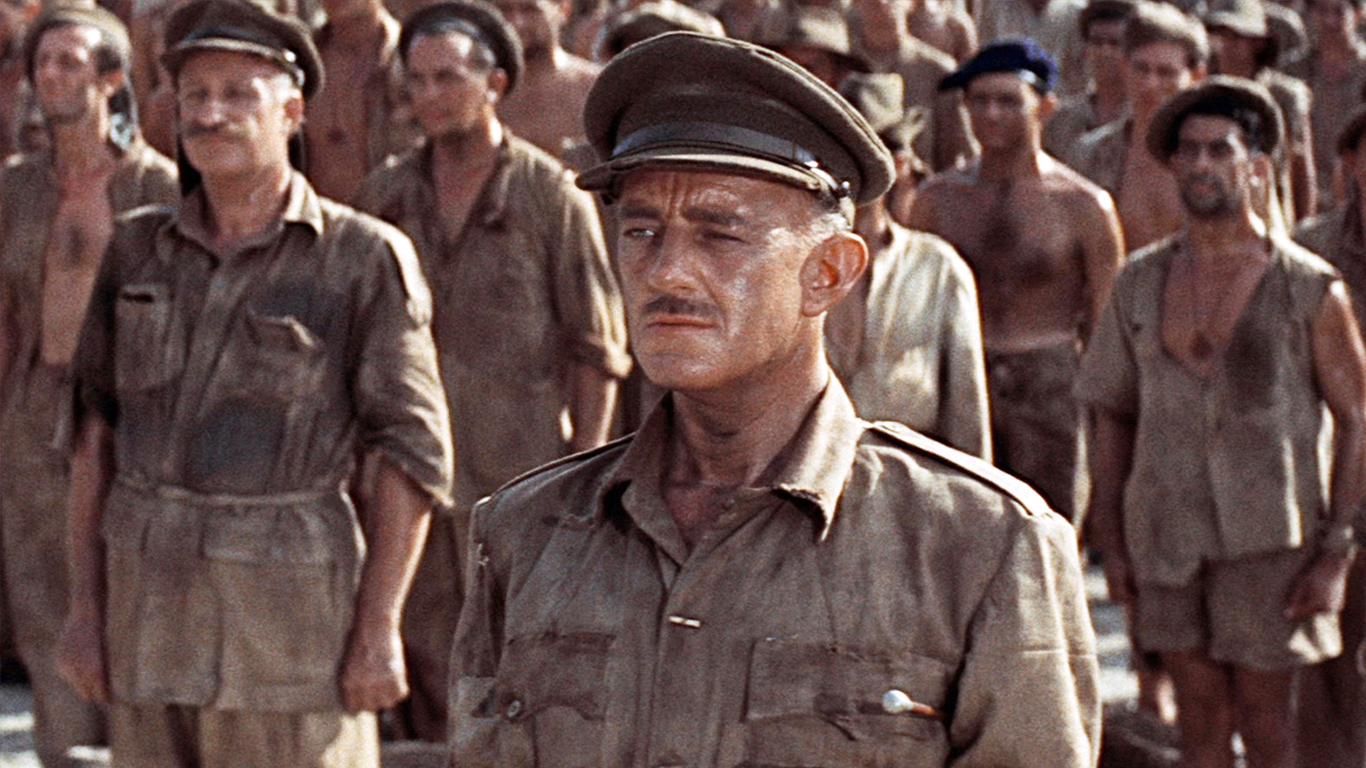
1958
> Winner: The Bridge on the River Kwai
> Directed by: David Lean
> Produced by: Sam Spiegel
> Nominees: 12 Angry Men; Sayonara; Wild Is the Wind; Witness for the Prosecution
David Lean’s WW2 epic about British prisoners of war building a bridge for their Japanese captors won Best Picture in 1958 along with Best Director and Best Actor for Alec Guinness in the role of the conflicted Colonel Nicholson. The movie also won seven Oscars, including Best Picture.
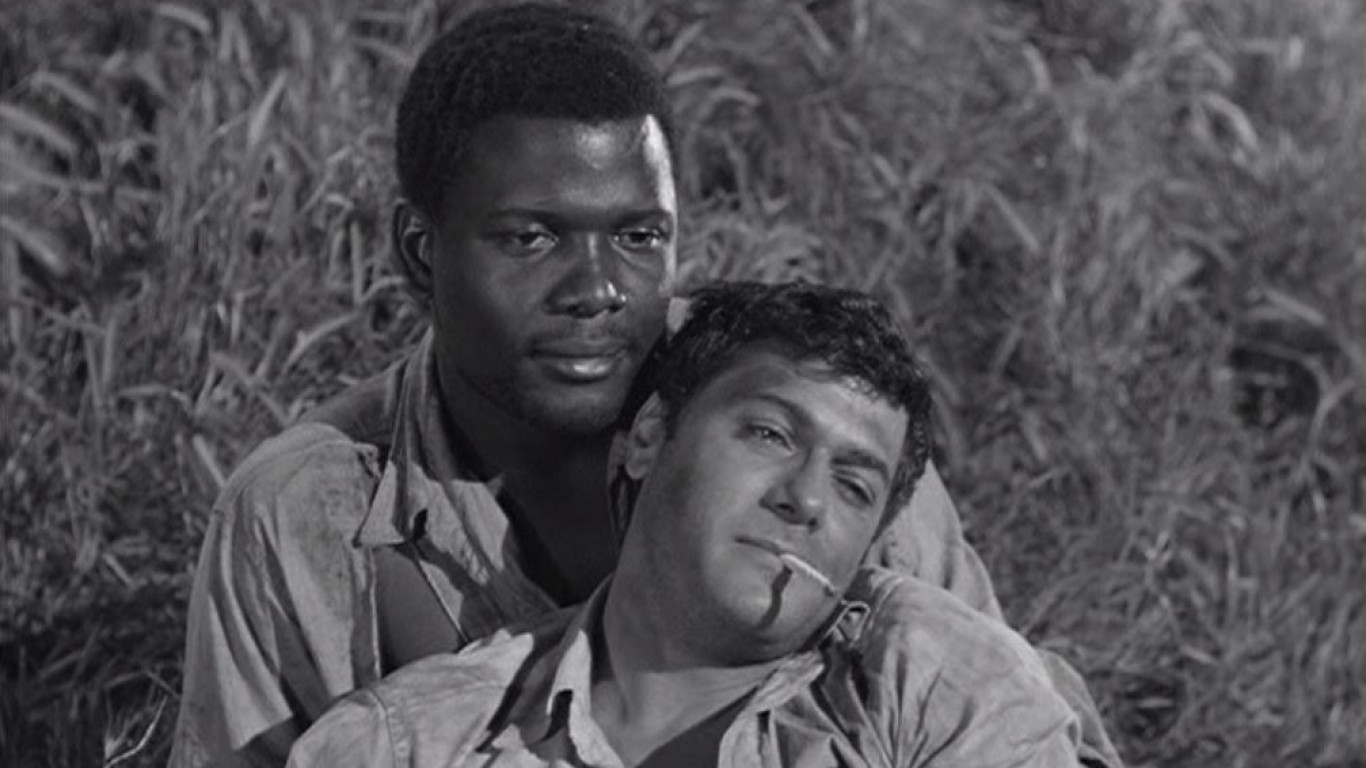
1959
> Winner: The Defiant Ones
> Directed by: Stanley Kramer
> Produced by: Stanley Kramer
> Nominees: Cat on a Hot Tin Roof; Home Before Dark; I Want to Live!; Separate Tables
Stanley Kramer’s film about a white and black convict — Tony Curtis and Sidney Poitier — who must learn to work together after escaping custody while chained together won over films including “Cat On a Hot Tin Roof,” starring Elizabeth Taylor and Paul Newman. Romcom musical “Gigi,” which won Best Picture in the Musical category at the Golden Globes, beat both films for Best Picture at the Oscars.
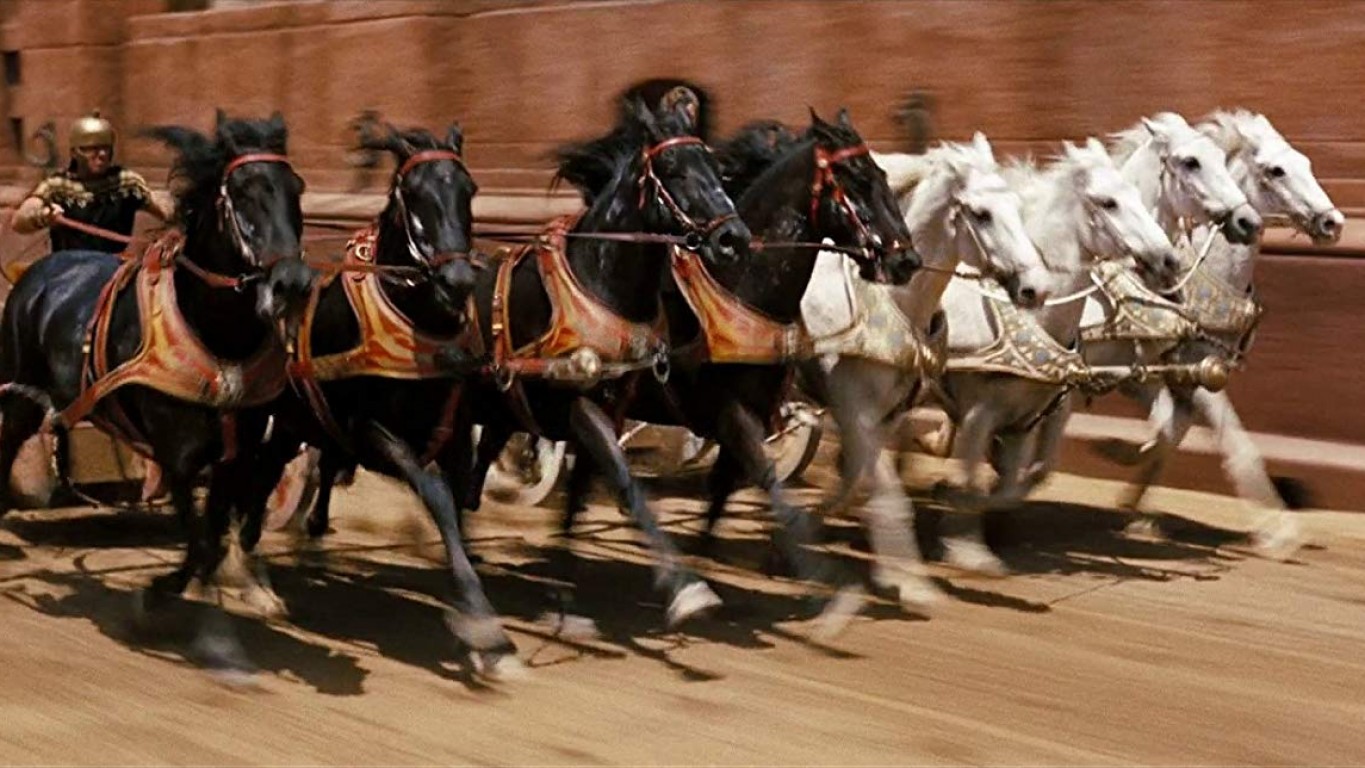
1960
> Winner: Ben-Hur
> Directed by: William Wyler
> Produced by: Sam Zimbalist
> Nominees: Anatomy of a Murder; The Diary of Anne Frank; The Nun’s Story; On the Beach
“Ben-Hur,” which stars Charlton Heston as the vengeance-driven Judah Ben-Hur, won Best Picture at both the Golden Globes and the Academy Awards. Though Heston lost his nomination for Best Actor, Stephen Boyd picked up a Globe for Best Supporting Actor.
[in-text-ad-2]
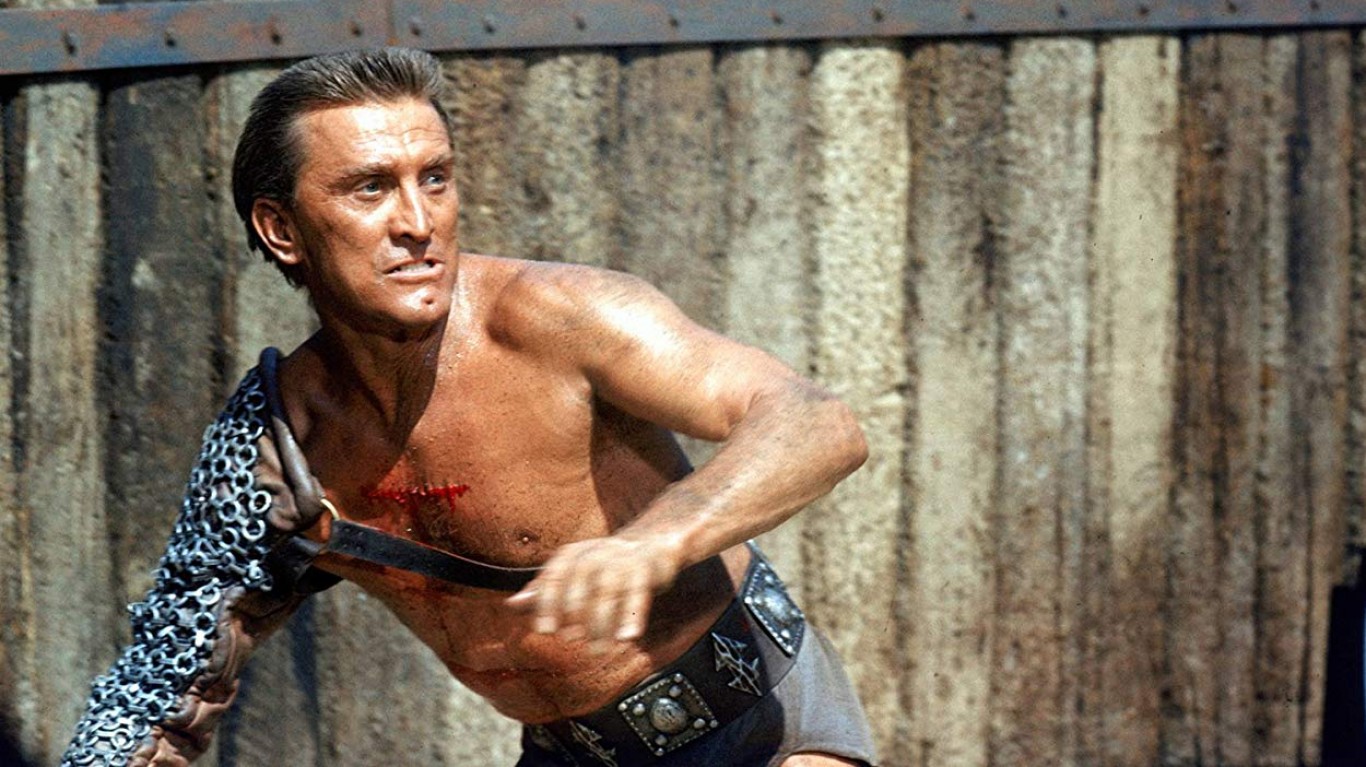
1961
> Winner: Spartacus
> Directed by: Stanley Kubrick
> Produced by: Edward Lewis
> Nominees: Elmer Gantry; Inherit the Wind; Sons and Lovers; Sunrise at Campobello
Sprawling sword-and-sandal epic starring Kirk Douglas and directed by Stanley Kubrick about the slave who led a rebellion against the Roman Empire would go on to win four Oscars, including Best Supporting Actor for Peter Ustinov.
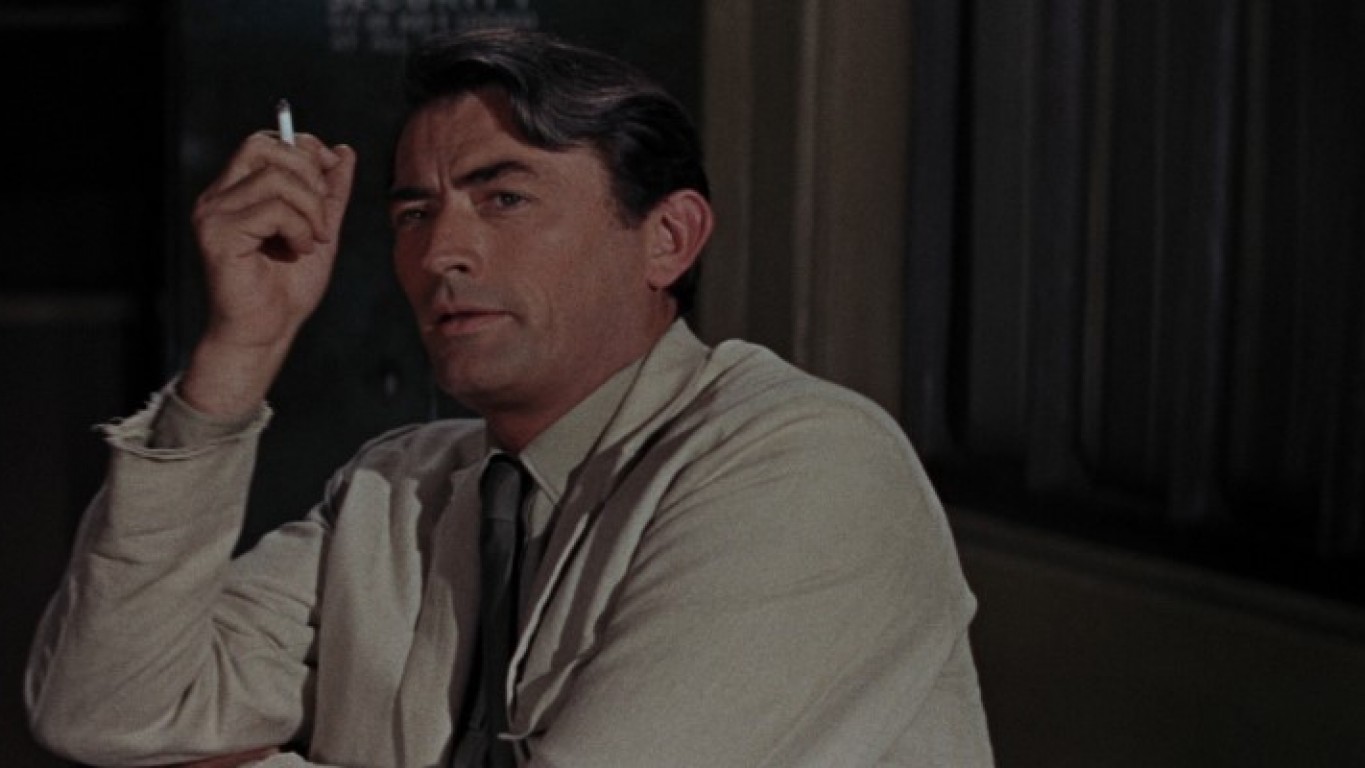
1962
> Winner: The Guns of Navarone
> Directed by: J. Lee Thompson
> Produced by: Carl Foreman
> Nominees: El Cid; Fanny; Judgment at Nuremberg; Splendor in the Grass
The star-studded story set during World War II about a mission to destroy a massive German gun base that’s harassing Allied ships plying the waters off Greece. The movie captured two Golden Globes, for Best Motion Picture – Drama and Best Original Score from renowned composer Dimitri Tiomkin (four Oscar wins for his career). The film would win an Oscar for Best Effects, Special Effects.
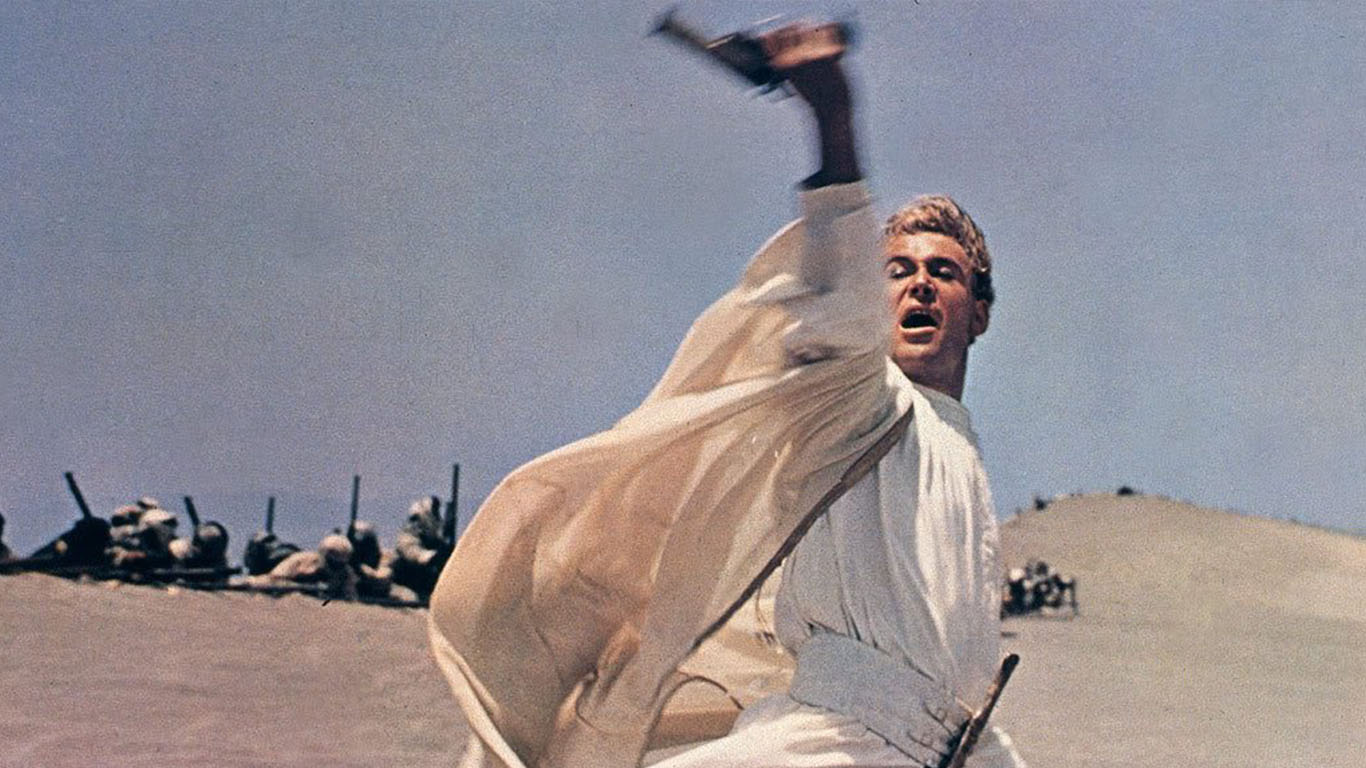
1963
> Winner: Lawrence of Arabia
> Directed by: David Lean
> Produced by: Sam Spiegel
> Nominees: The Chapman Report; Days of Wine and Roses; Freud: The Secret Passion; Hemingway’s Adventures of a Young Man; Lisa; The Longest Day; The Miracle Worker; Mutiny on the Bounty; To Kill a Mockingbird
The biopic about a British officer who became an Arab freedom fighter during World War I hauled in six Golden Globes, including Best Motion Picture – Drama, Best Director (David Lean), and Best Supporting Actor (Omar Sharif). “Lawrence of Arabia” would eventually win seven Oscars.
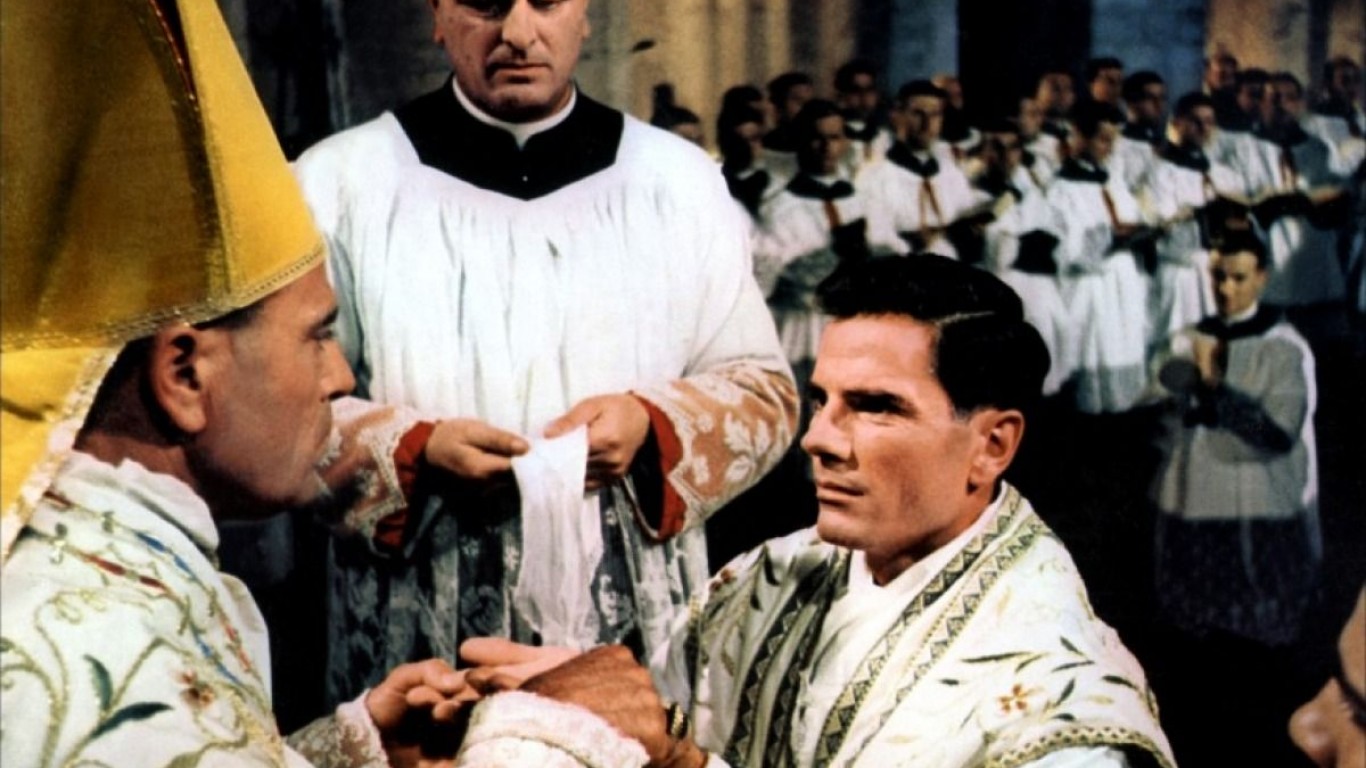
1964
> Winner: The Cardinal
> Directed by: Otto Preminger
> Produced by: Martin C. Schute
> Nominees: America America; Captain Newman, M.D.; The Caretakers; Cleopatra; The Great Escape; Hud; Lilies of the Field
“The Cardinal,” a film about a young priest who confronts bigotry on his way to becoming a cardinal, won its lone Golden Globe for Best Motion Picture – Drama. It was nominated for six Oscars but did not win any.
[in-text-ad]
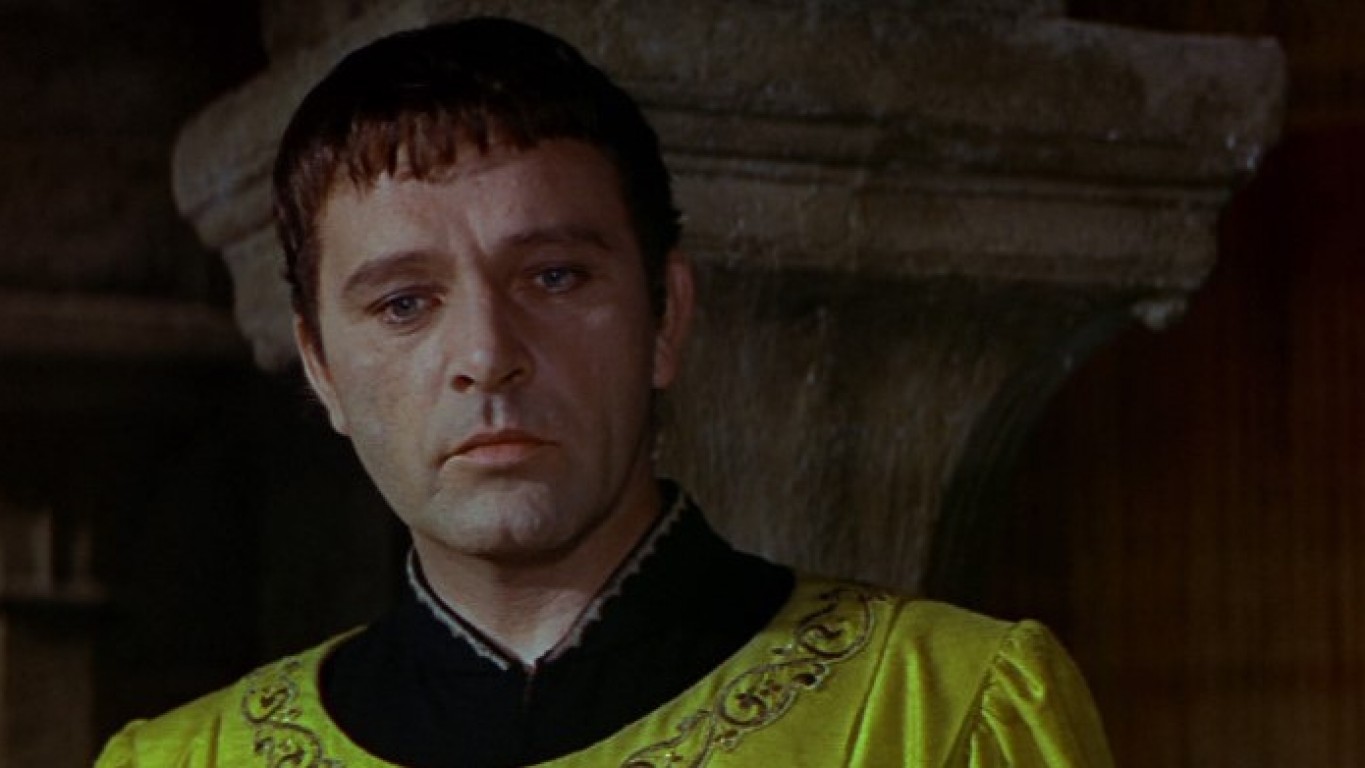
1965
> Winner: Becket
> Directed by: Peter Glenville
> Produced by: Hal B. Wallis
> Nominees: The Chalk Garden; Dear Heart; The Night of the Iguana; Zorba the Greek
“Becket” featured all-star British acting talents led by Richard Burton, John Gielgud, and Peter O’Toole, the last of whom would win a Golden Globe for Best Actor – Drama for his role as England’s King Henry II.
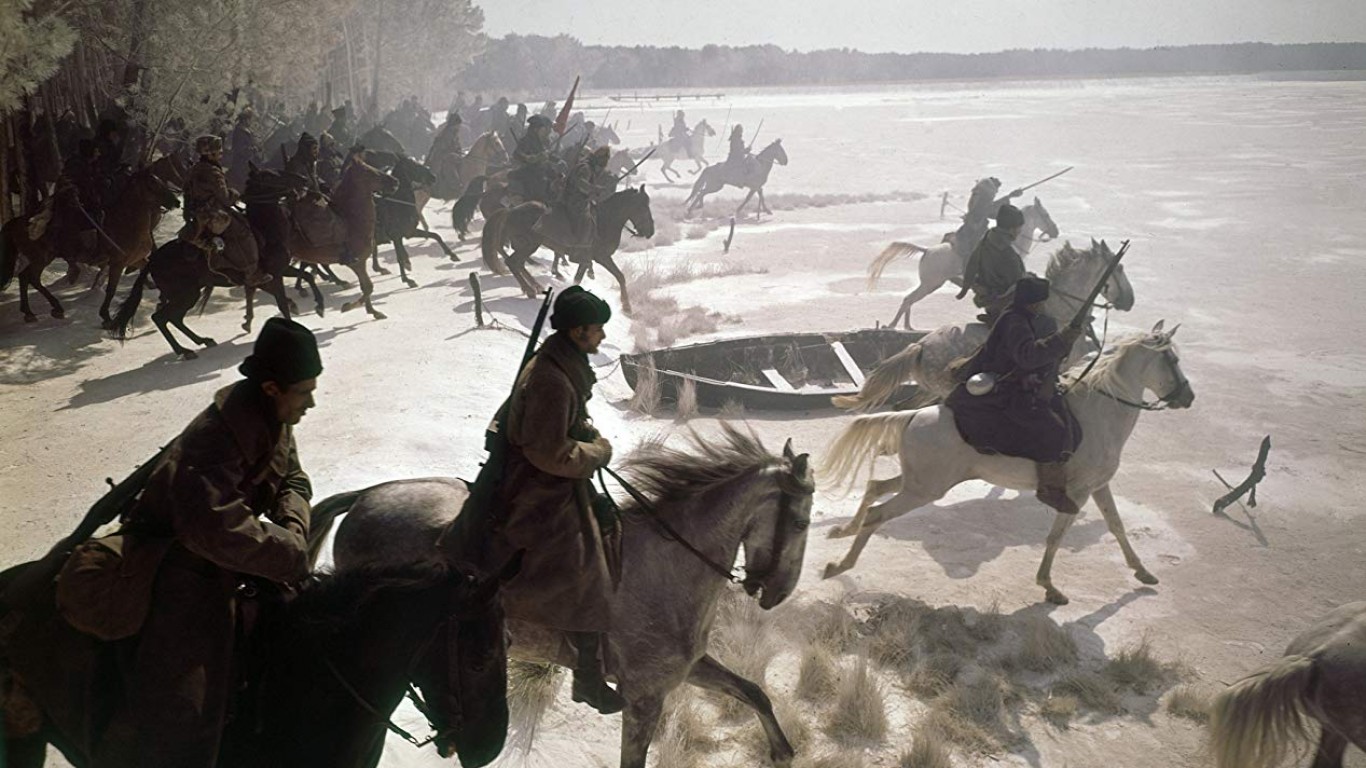
1966
> Winner: Doctor Zhivago
> Directed by: David Lean
> Produced by: Carlo Ponti
> Nominees: The Collector; The Flight of the Phoenix; A Patch of Blue; Ship of Fools
“Dr. Zhivago” was another epic helmed by David Lean, about a love story set during and after the Russian Revolution. The movie won five Golden Globes, including Best Motion Picture – Drama, Best Director for Lean, and Best Actor – Drama for Omar Sharif, the third and final Golden Globe for each film figure. “Dr. Zhivago” would win five Oscars.
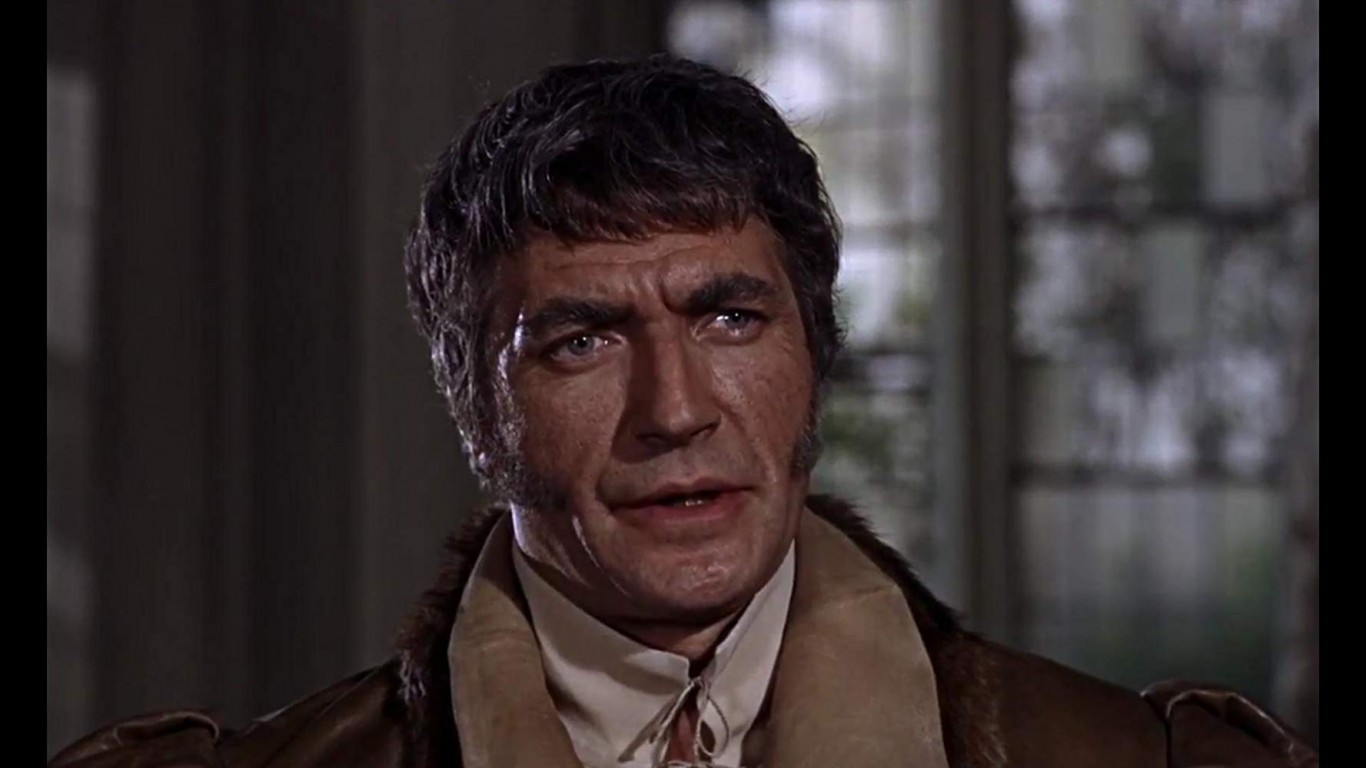
1967
> Winner: A Man for All Seasons
> Directed by: Fred Zinnemann
> Produced by: Fred Zinnemann
> Nominees: Born Free; The Professionals; The Sand Pebbles; Who’s Afraid of Virginia Woolf?
Four Golden Globes went to “A Man for All Seasons,” which tells the story of Sir Thomas More, who chose his conscience over his king, King Henry VIII — the king demanded a divorce over the objection of the Catholic Church. Fred Zinneman would win the second of his two Golden Globes for Best Director. Paul Scofield would triumph as Best Actor – Drama in the lead role. The film would win six Academy Awards.
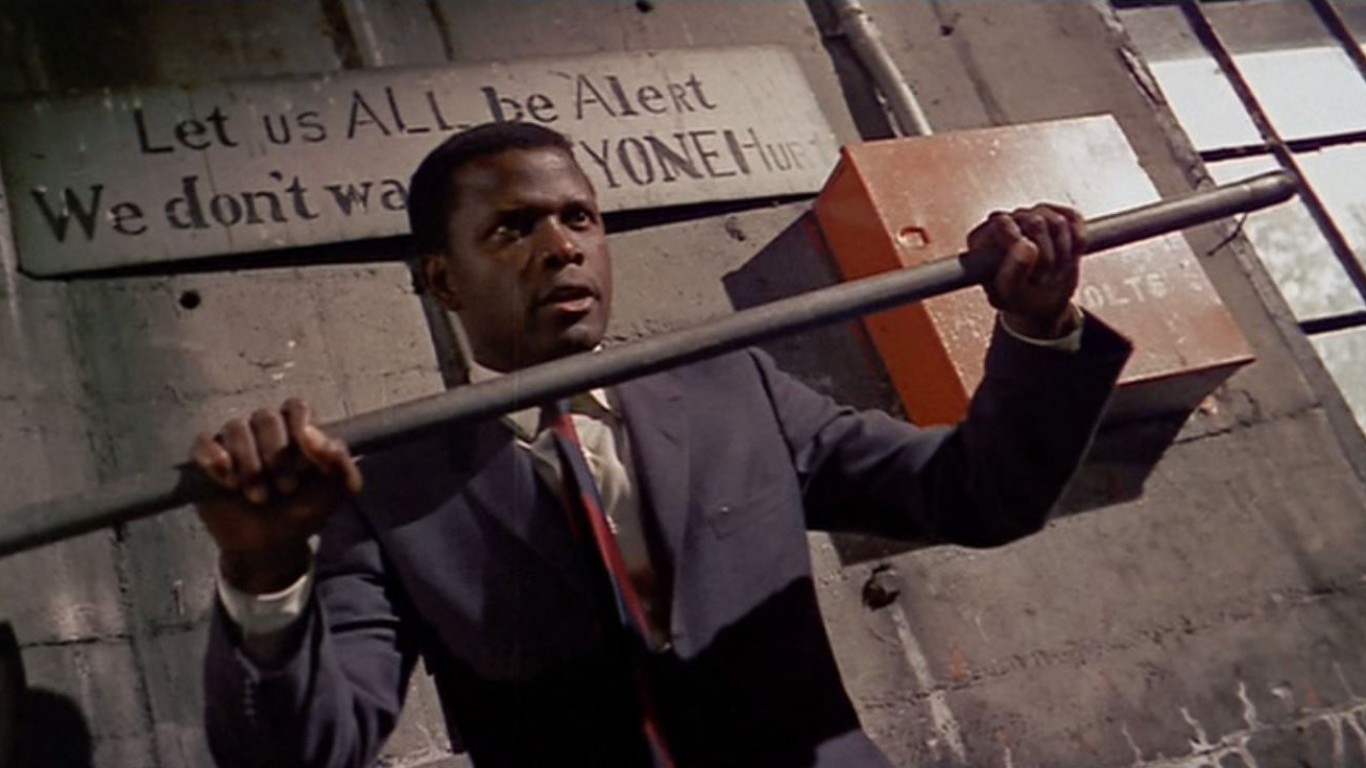
1968
> Winner: In the Heat of the Night
> Directed by: Norman Jewison
> Produced by: Walter Mirisch
> Nominees: Bonnie and Clyde; Far from the Madding Crowd; Guess Who’s Coming to Dinner; In Cold Blood
Norman Jewison’s boiling racial drama about an African American detective investigating a murder in the American South won three Golden Globes, including for Rod Steiger for Best Actor – Drama. Steiger would win the same award at the Oscars, one of five Academy Awards the film won.
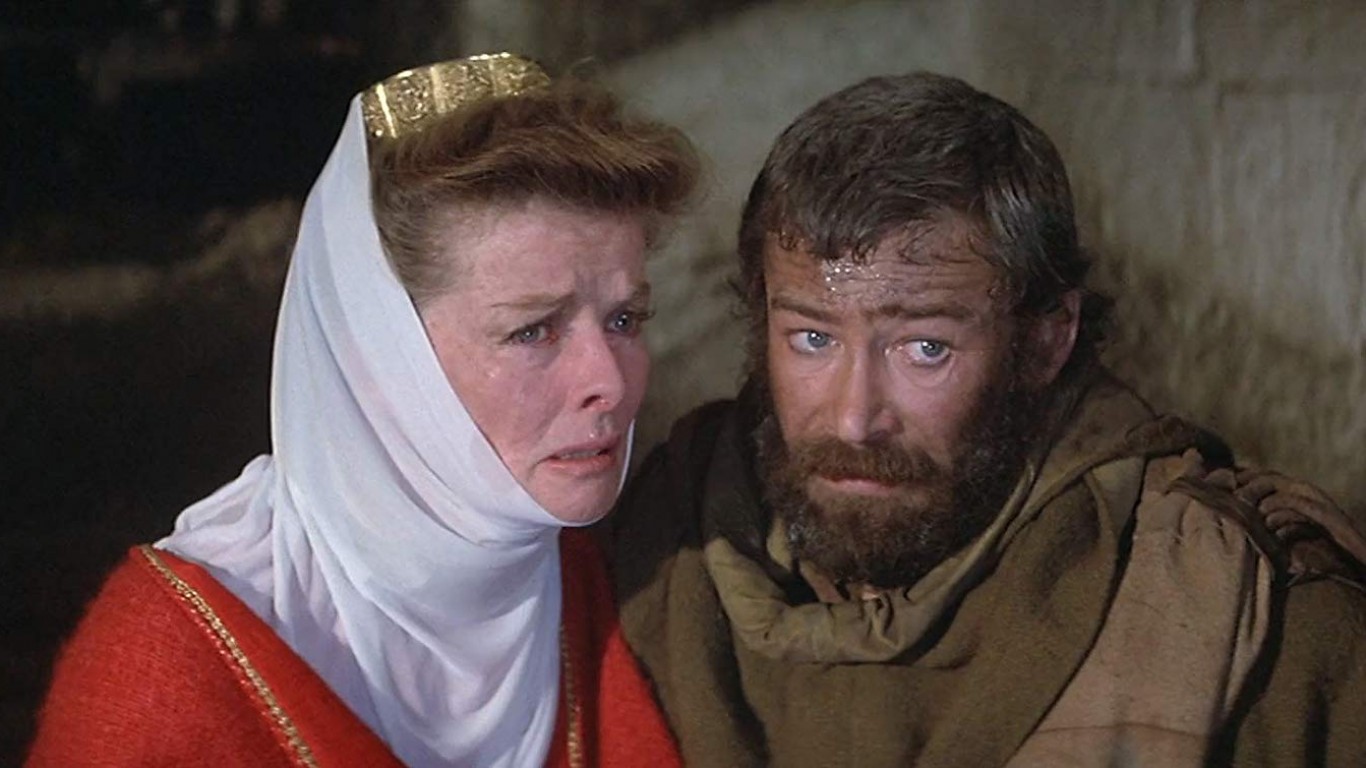
1969
> Winner: The Lion in Winter
> Directed by: Anthony Harvey
> Produced by: Martin Poll
> Nominees: CHAЯLY; The Fixer; The Heart Is a Lonely Hunter; The Shoes of the Fisherman
“The Lion in Winter,” a story about the intrigue surrounding the succession of England’s King Henry II, starring Katharine Hepburn and Peter O’Toole, captured Golden Globes for Best Motion Picture – Drama and a Best Actor award for O’Toole. The film would win three Oscars, including Best Actress for Hepburn.
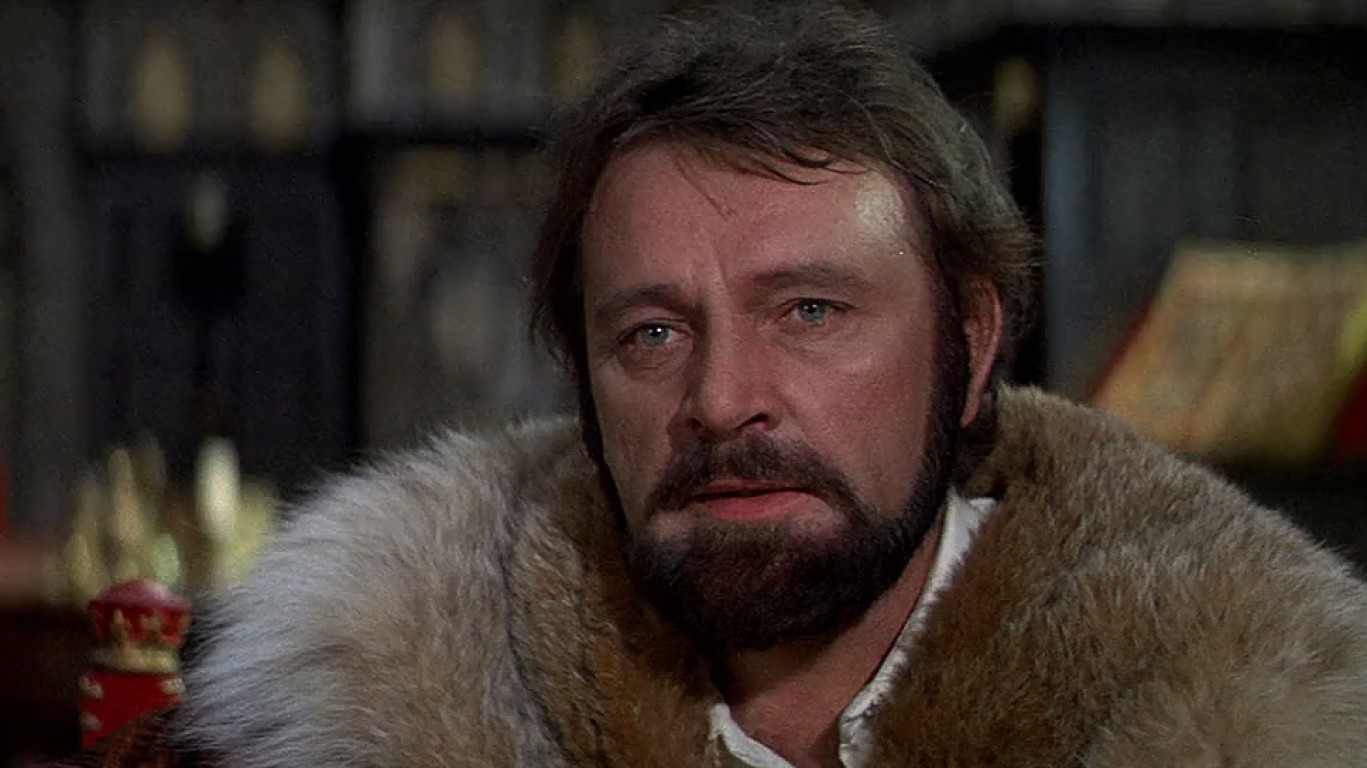
1970
> Winner: Anne of the Thousand Days
> Directed by: Charles Jarrott
> Produced by: Hal B. Wallis
> Nominees: Butch Cassidy and the Sundance Kid; Midnight Cowboy; The Prime of Miss Jean Brodie; They Shoot Horses, Don’t They?
The Golden Globes’ preference for period movies was apparent in its selection for “Anne of the Thousand Days,” about a doomed wife of King Henry VIII. Genevieve Bujold won her lone Golden Globe for Best Actress – Drama. The film won one Oscar.
[in-text-ad-2]
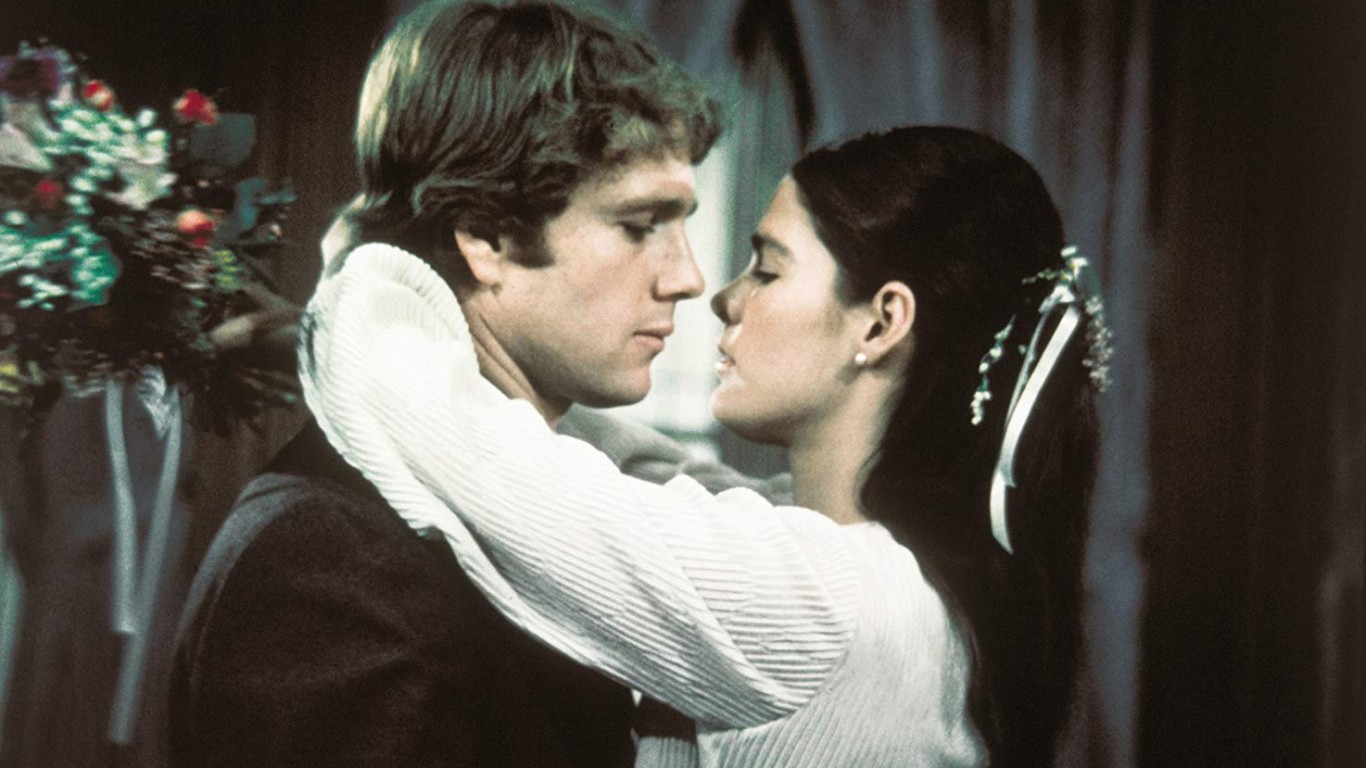
1971
> Winner: Love Story
> Directed by: Arthur Hiller
> Produced by: Howard G. Minsky
> Nominees: Airport; Five Easy Pieces; I Never Sang for My Father; Patton
The weepy love story directed by Arthur Hiller and starring Ryan O’Neal and Ali MacGraw collected five Golden Globes, including one for Hiller and MacGraw (Best Actress in a Motion Picture – Drama). The film won one Academy Award.
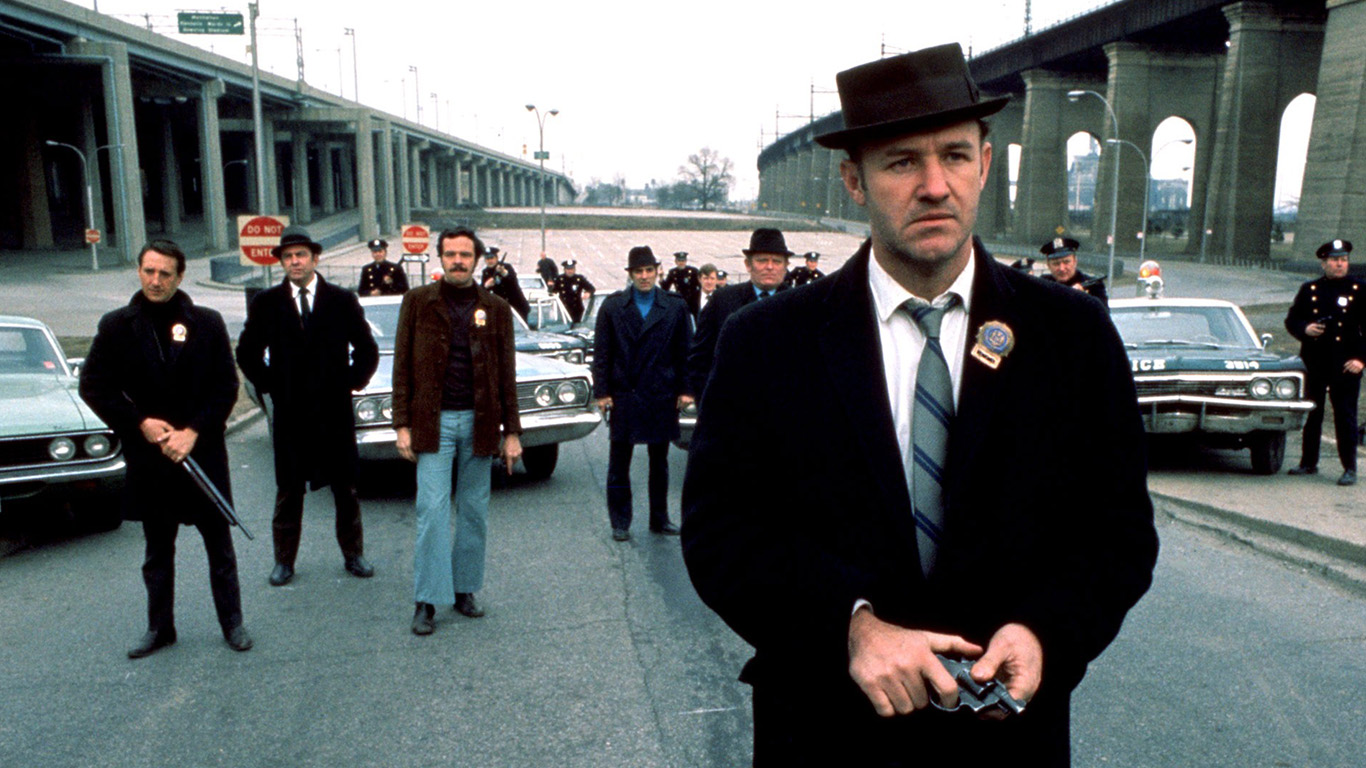
1972
> Winner: The French Connection
> Directed by: William Friedkin
> Produced by: Philip D’Antoni
> Nominees: A Clockwork Orange; The Last Picture Show; Mary, Queen of Scots; Summer of ’42
This gritty drama about New York City detectives trying to thwart heroin traffickers, famous for its chase scene through the city streets, won Golden Globes for director William Friedkin and a Best Actor award for Gene Hackman. Each of them would duplicate that feat at the Academy Awards, where the movie would win five Oscars.
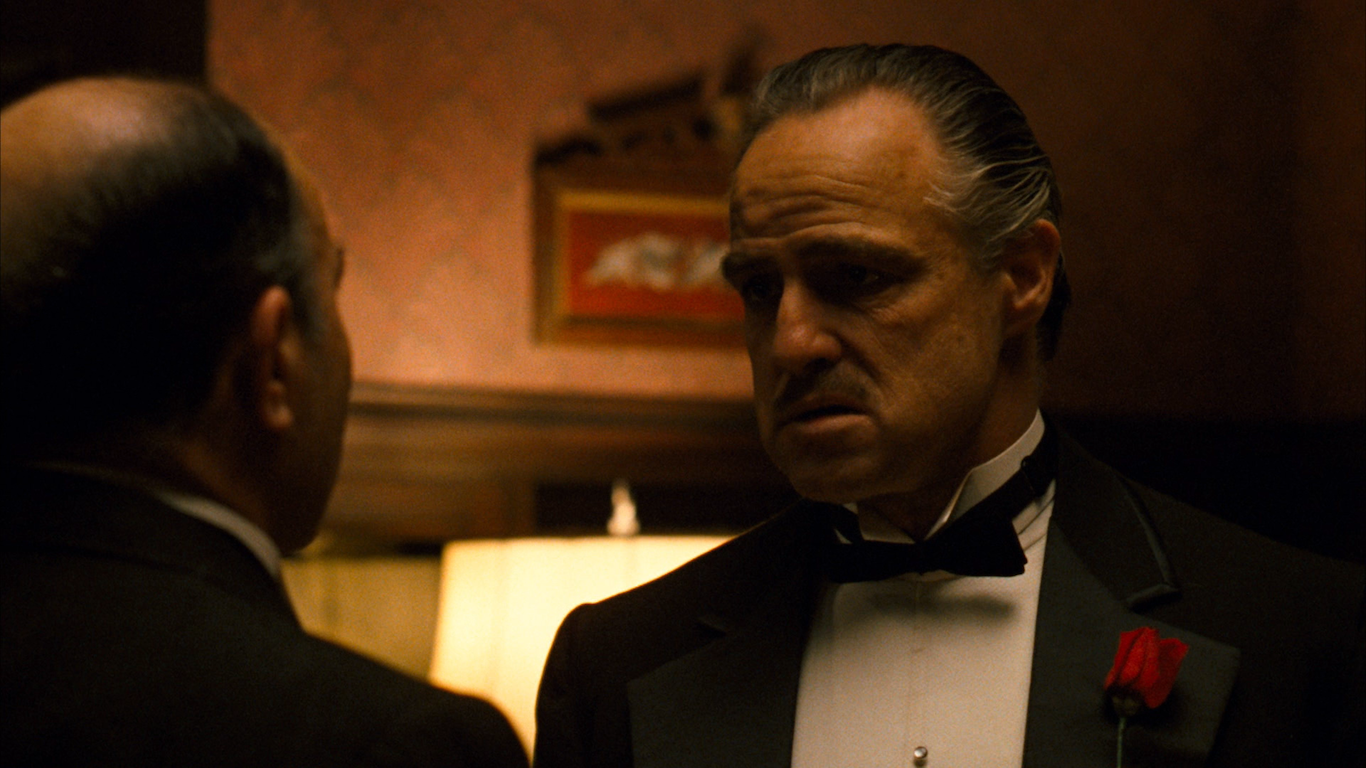
1973
> Winner: The Godfather
> Directed by: Francis Ford Coppola
> Produced by: Albert S. Ruddy
> Nominees: Deliverance; Frenzy; The Poseidon Adventure; Sleuth
The mob epic against which all gangster films are measured won five Golden Globes, including Best Director – Motion Picture for Francis Ford Coppola and Best Actor – Drama for Marlon Brando. The Godfather would win three Oscars, one of them for Brando, who famously turned it down to protest the movie industry’s negative depiction of Native Americans.
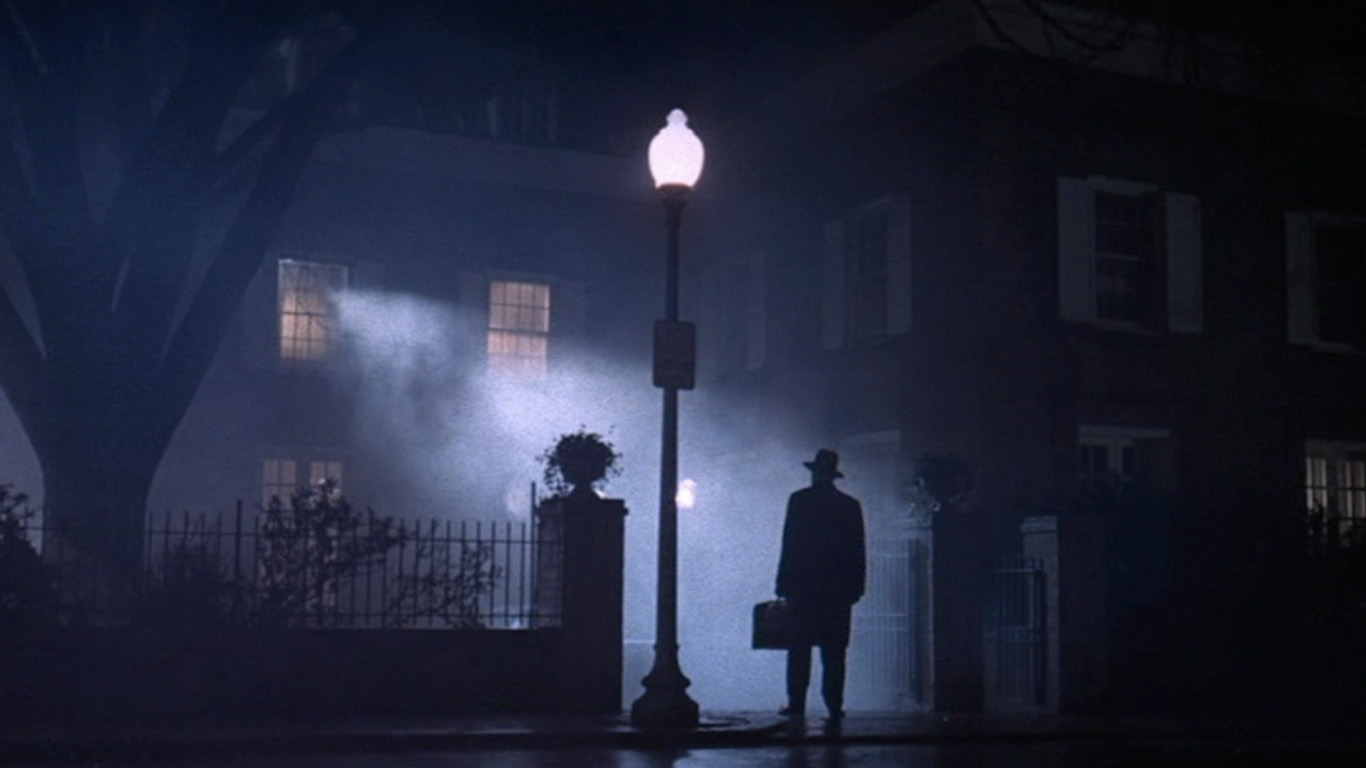
1974
> Winner: The Exorcist
> Directed by: William Friedkin
> Produced by: William Peter Blatty
> Nominees: Cinderella Liberty; The Day of the Jackal; Last Tango in Paris; Save the Tiger; Serpico
Four Golden Globes were awarded to “The Exorcist,” one of the most shocking movies ever made. Director William Friedkin won his second Golden Globe, and William Peter Blatty was honored for Best Screenplay – Motion Picture, for which he also won an Oscar.
[in-text-ad]

1975
> Winner: Chinatown
> Directed by: Roman Polanski
> Produced by: Robert Evans
> Nominees: The Conversation; Earthquake; The Godfather Part II; A Woman Under the Influence
Roman Polanski’s film noir about powerful interests trying to control the water supply of Los Angeles was one of the great films of the 1970s. Jack Nicholson won one of four Golden Globes the movie received. Nicholson won the Best Actor in a Motion Picture – Drama award for his role as the hard-boiled private detective. Faye Dunaway was the femme fatale harboring a terrible secret. Polanski, who made a cameo appearance, won his lone Golden Globe for “Chinatown.”
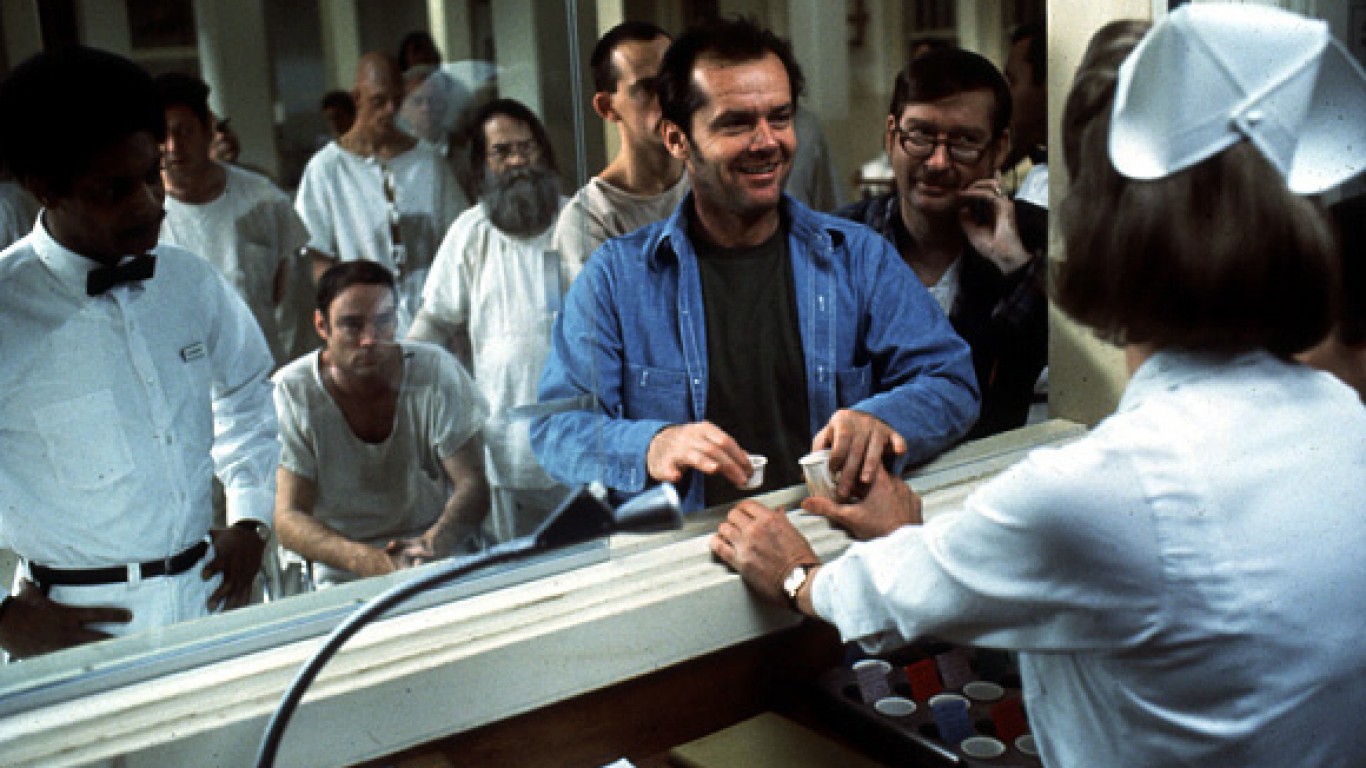
1976
> Winner: One Flew Over the Cuckoo’s Nest
> Directed by: Miloš Forman
> Produced by: Michael Douglas, Saul Zaentz
> Nominees: Barry Lyndon; Dog Day Afternoon; Jaws; Nashville
“One Flew Over the Cuckoo’s Nest” picked up six Golden Globes on its way to winning five Oscars. Jack Nicholson won the first of his six Golden Globes (he’s been nominated 17 times) as a criminal who pleads insanity, is institutionalized, and rebels against the oppressive mental health facility. Nicholson would win the first of his three Best Actor Oscars that year.
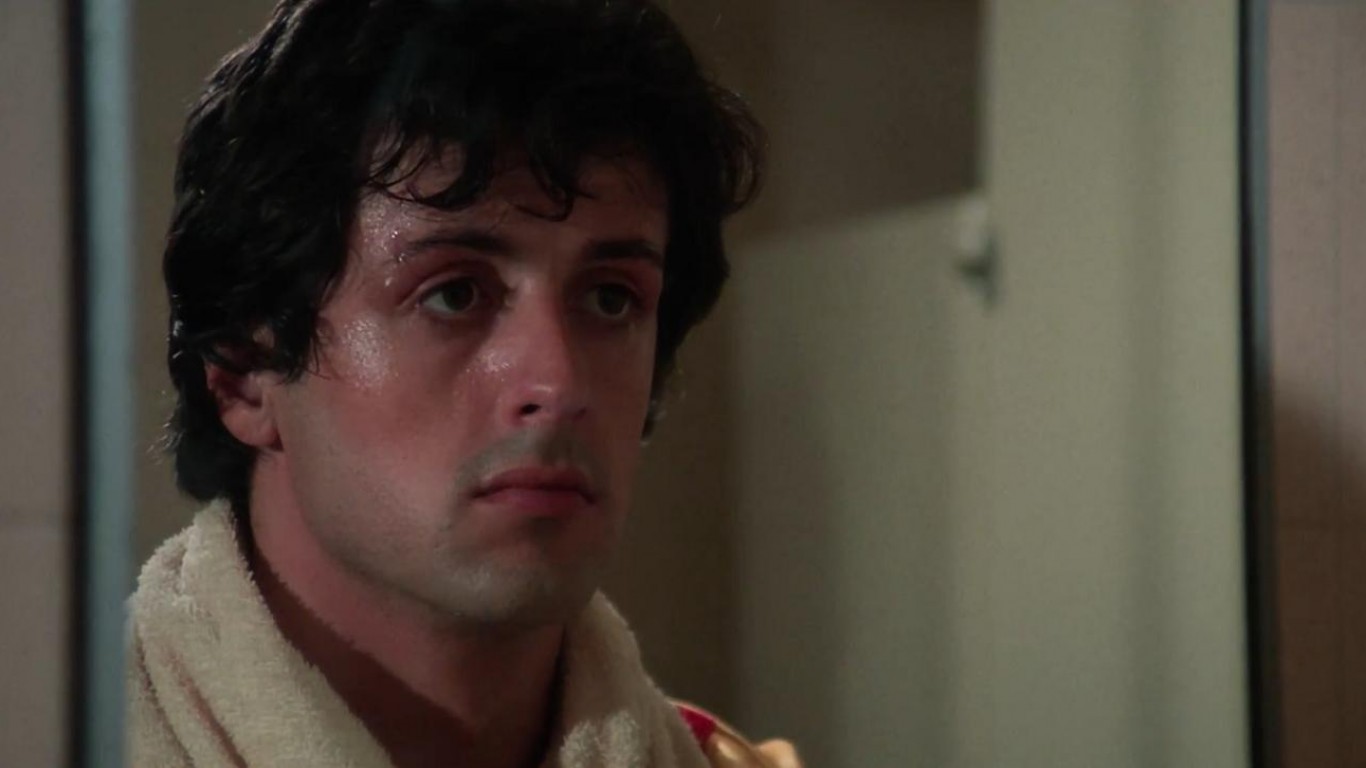
1977
> Winner: Rocky
> Directed by: John G. Avildsen
> Produced by: Robert Chartoff and Irwin Winkler
> Nominees: All the President’s Men; Bound for Glory; Network; Voyage of the Damned
In a year that featured cinema stalwarts “All the President’s Men” and “Network,” “Rocky,” a boxing film about the ultimate underdog, won the Golden Globe for Best Motion Picture – Drama. It would be a prelude to the film’s showing at the Academy Awards, where it won three Oscars.
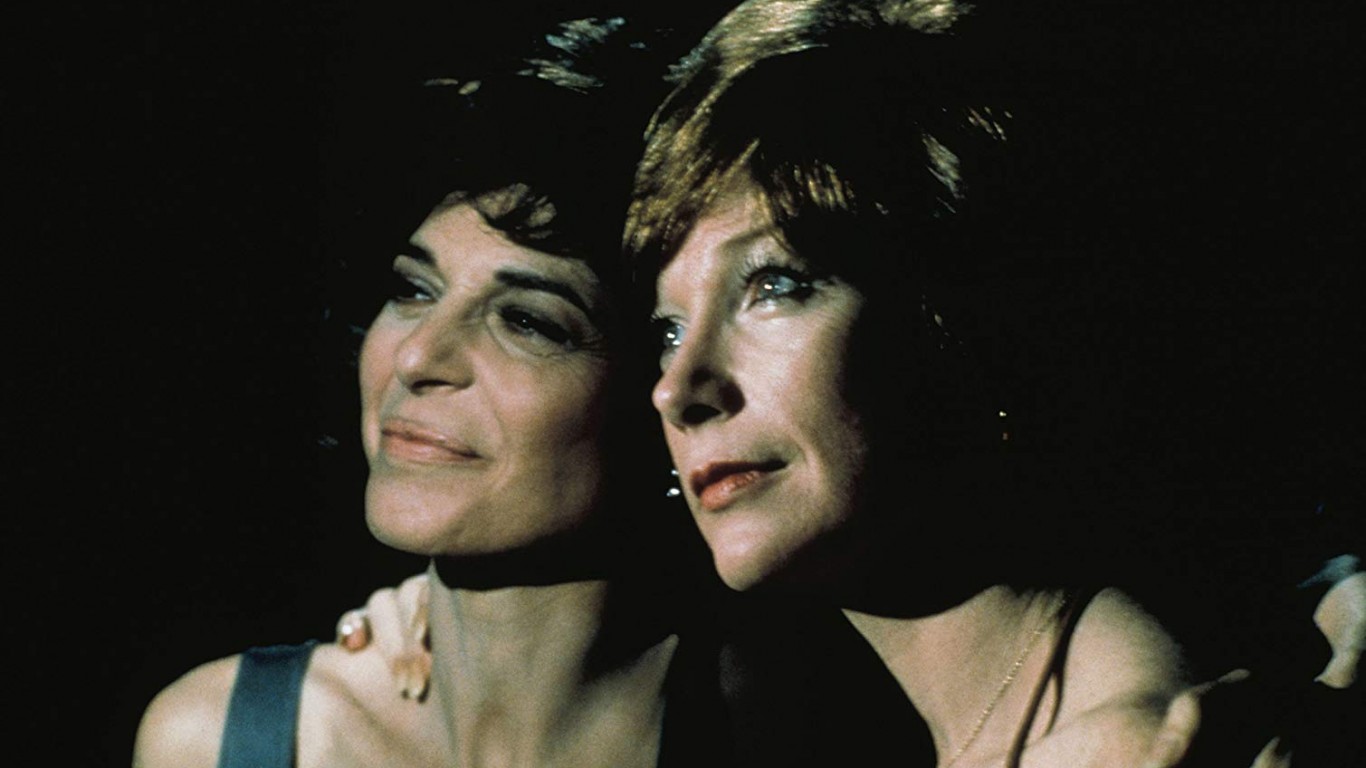
1978
> Winner: The Turning Point
> Directed by: Herbert Ross
> Produced by: Arthur Laurents, Herbert Ross
> Nominees: Close Encounters of the Third Kind; I Never Promised You a Rose Garden; Julia; Star Wars
After her daughter joins a ballet company, a former dancer (Ann Bancroft) confronts her decision to give up the stage to start a family. The film, featuring renowned dancer Mikhail Baryshnikov, won two Golden Globes, including for Best Director – Motion Picture. It was nominated for 11 Oscars but did not win.
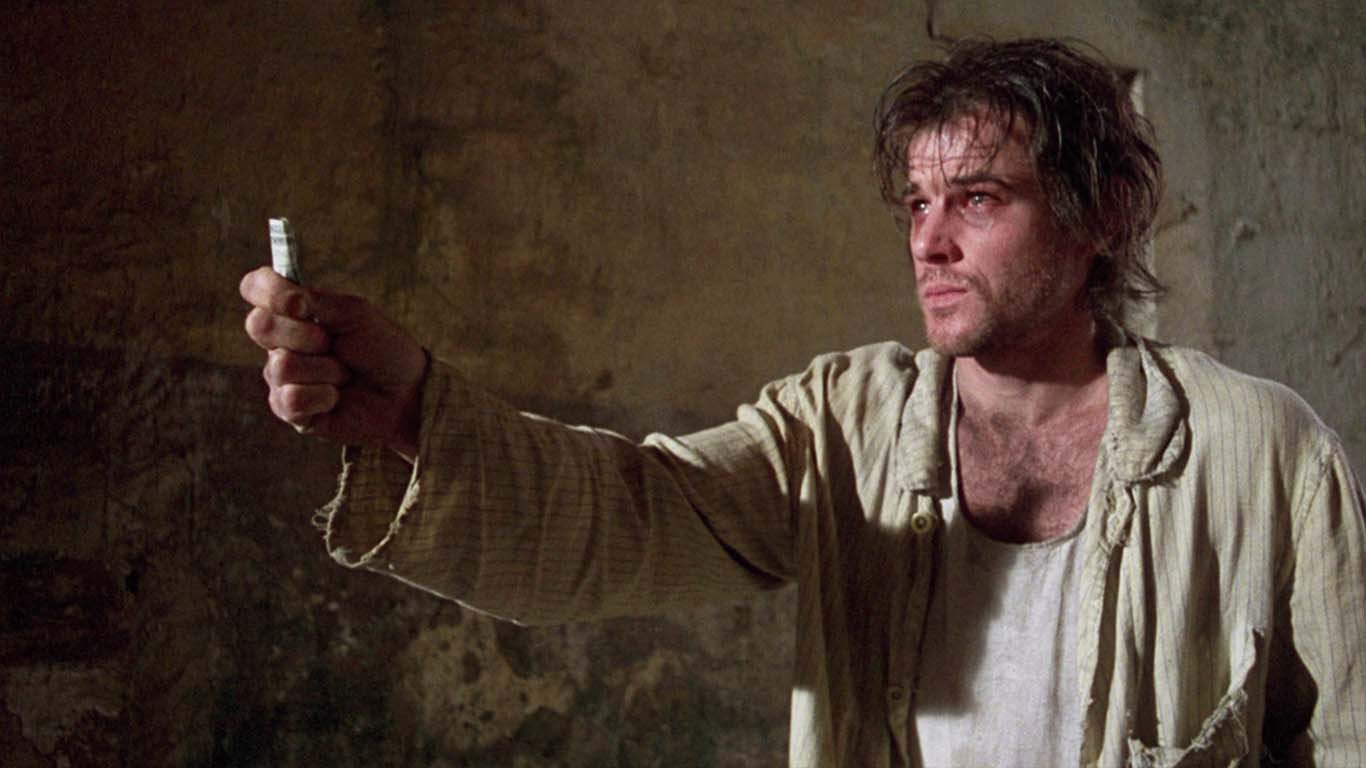
1979
> Winner: Midnight Express
> Directed by: Alan Parker
> Produced by: Alan Marshall, David Putnam
> Nominees: Coming Home; Days of Heaven; The Deer Hunter; An Unmarried Woman
The chilling film is based on a true story of an American college student who is apprehended while trying to smuggle drugs out of Turkey, and depicts the inhuman conditions in the Turkish jail. The film won seven Golden Globes, including for Giorgio Moroder’s icy, electronic score, which would earn him an Oscar. Oliver Stone won a Globe and Oscar for screenplay.
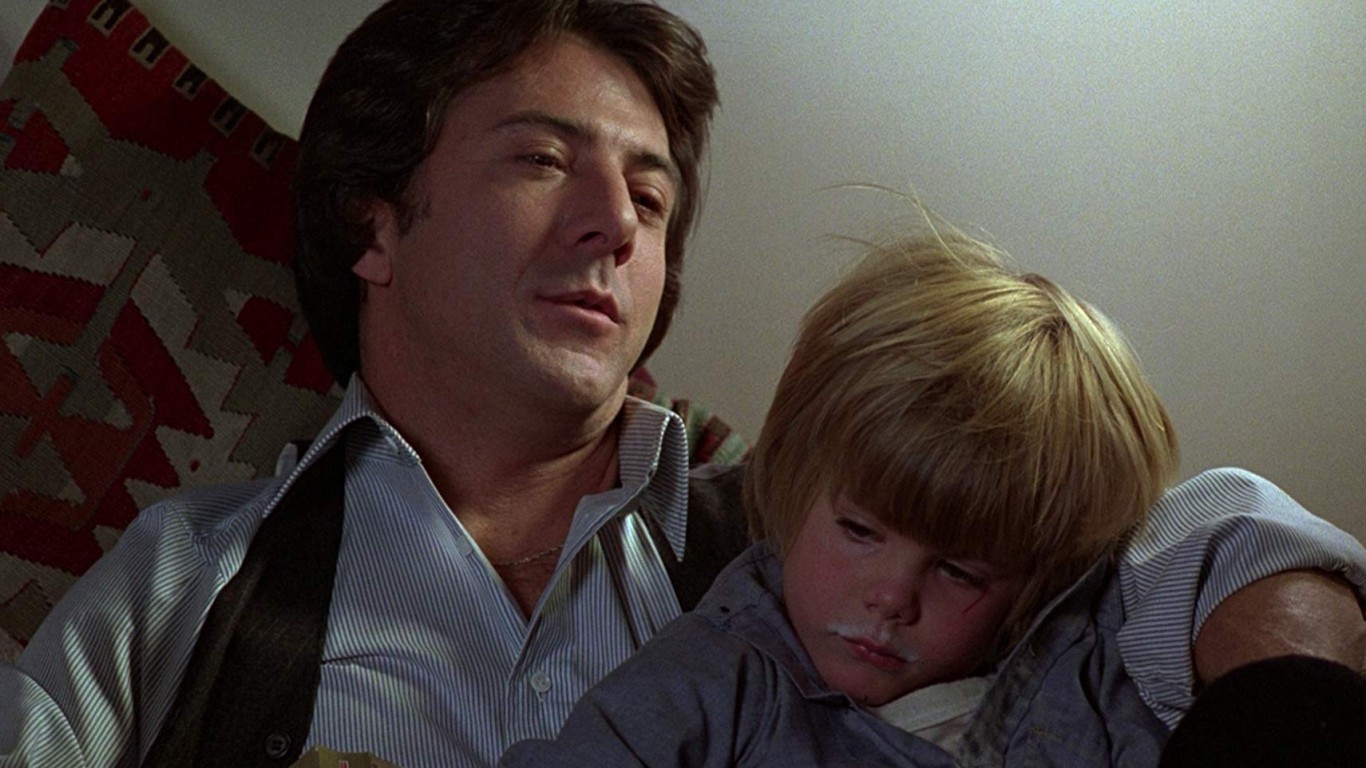
1980
> Winner: Kramer vs. Kramer
> Directed by: Robert Benton
> Produced by: Stanley R. Jaffe
> Nominees: Apocalypse Now; The China Syndrome; Manhattan; Norma Rae
1980 was a strong year for best drama considerations as other nominees included “Apocalypse Now,” “The China Syndrome,” “Manhattan,” and “Norma Rae.” However, it was “Kramer vs. Kramer,” a story about a formerly married coupled battling over the custody of their child, that captured four Golden Globes, among them Best Actress and Actor awards for Meryl Streep and Dustin Hoffman, and Best Director for Robert Benton. All of the above would replicate at the Academy Awards. Streep won the first of her eight Globes, and Hoffman won the first of his five.
[in-text-ad-2]
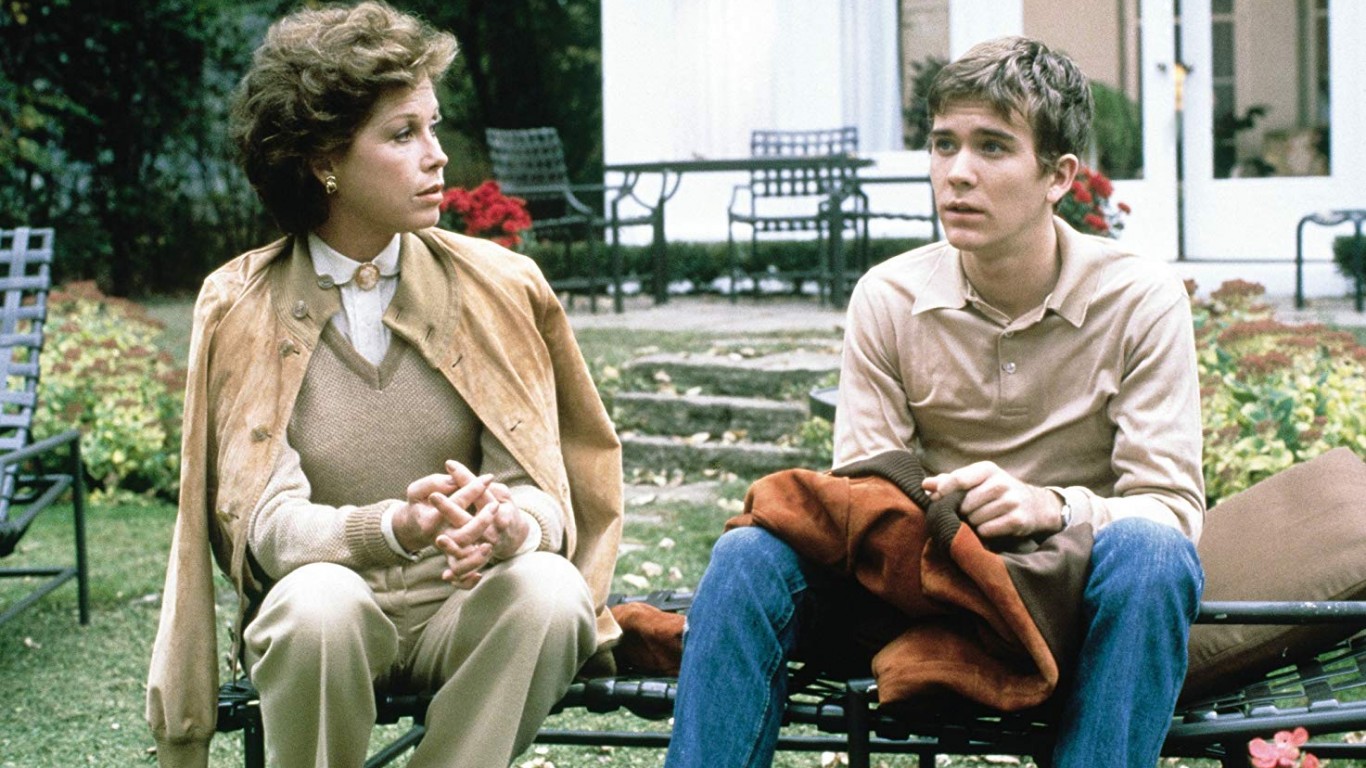
1981
> Winner: Ordinary People
> Directed by: Robert Redford
> Produced by: Ronald L. Schwary
> Nominees: The Elephant Man; The Ninth Configuration; Raging Bull; The Stunt Man
Television comedy legend Mary Tyler Moore took a notable dramatic turn as a remote, unfeeling mother whose family is haunted by the accidental death of the older son in the Robert Redford-directed film “Ordinary People.” Five Golden Globes honored the movie, including Best Director (Redford), Best Actress (Moore), and two to Timothy Hutton for Best Actor in a Supporting Role – Motion Picture and New Star of the Year in a Motion Picture – Drama. The film would win four Oscars.
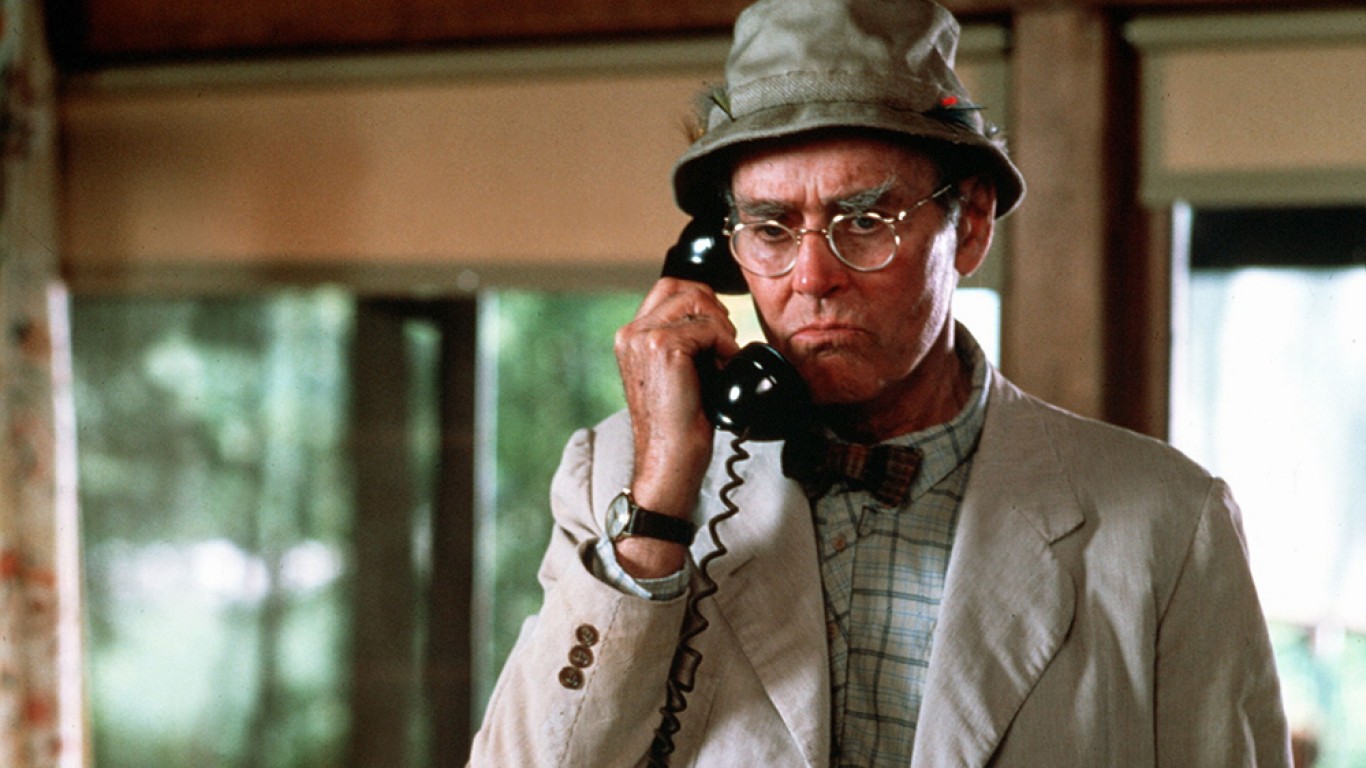
1982
> Winner: On Golden Pond
> Directed by: Mark Rydell
> Produced by: Bruce Gilbert
> Nominees: The French Lieutenant’s Woman; Prince of the City; Ragtime; Reds
“On Golden Pond,” a film about two eldery people dealing with family conflict, stars two actors from Hollywood’s golden era — Henry Fonda and Katharine Hepburn — in the twilight of their storied careers. It would be the final feature length movie for Fonda, who died in 1982. Fonda would go out a winner, taking the Golden Globe for Best Actor in a Motion Picture – Drama and the Oscar for Best Actor.
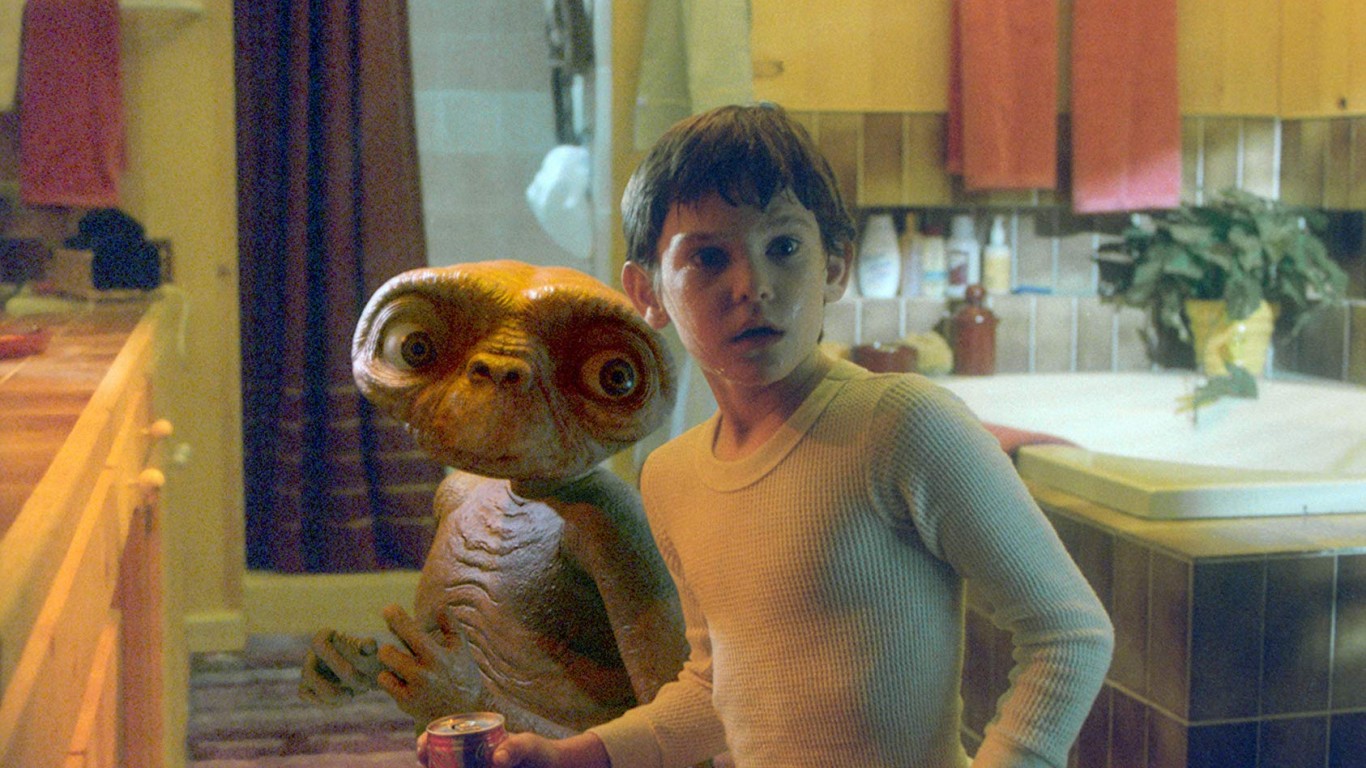
1983
> Winner: E.T. the Extra-Terrestrial
> Directed by: Steven Spielberg
> Produced by: Steven Spielberg, Kathleen Kennedy
> Nominees: Missing; An Officer and a Gentleman; Sophie’s Choice; The Verdict
Director Steven Spielberg’s “E.T. the Extra-Terrestrial” captured the childlike wonder in encountering a visitor from another planet. The film won two Golden Globes, including Best Original Score – Motion Picture for composer John Williams, the third of his four Globes. Williams would also win the Oscar.
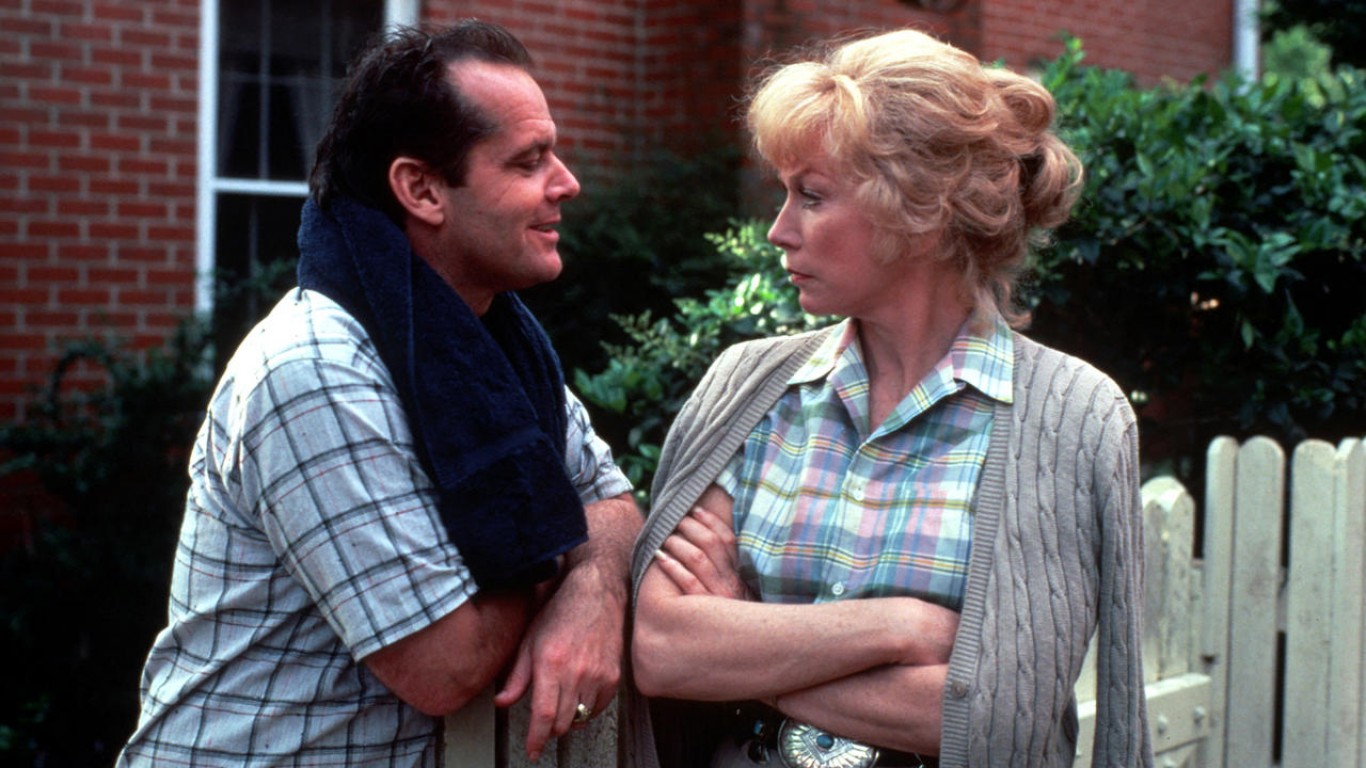
1984
> Winner: Terms of Endearment
> Directed by: James L. Brooks
> Produced by: James L. Brooks
> Nominees: Reuben, Reuben; The Right Stuff; Silkwood; Tender Mercies
“Terms of Endearment,” a comedy/drama about a widow looking for love and coming to terms with her daughter’s terminal cancer, won four Golden Globes, among them Best Performance by an Actress in a Motion Picture – Drama (Shirley MacLaine, her fourth Globe), Best Performance by an Actor in a Supporting Role in a Motion Picture (Jack Nicholson, his third Globe), and Best Screenplay – Motion Picture (James L. Brooks, his lone Globe). The three would also win at the Academy Awards.
[in-text-ad]
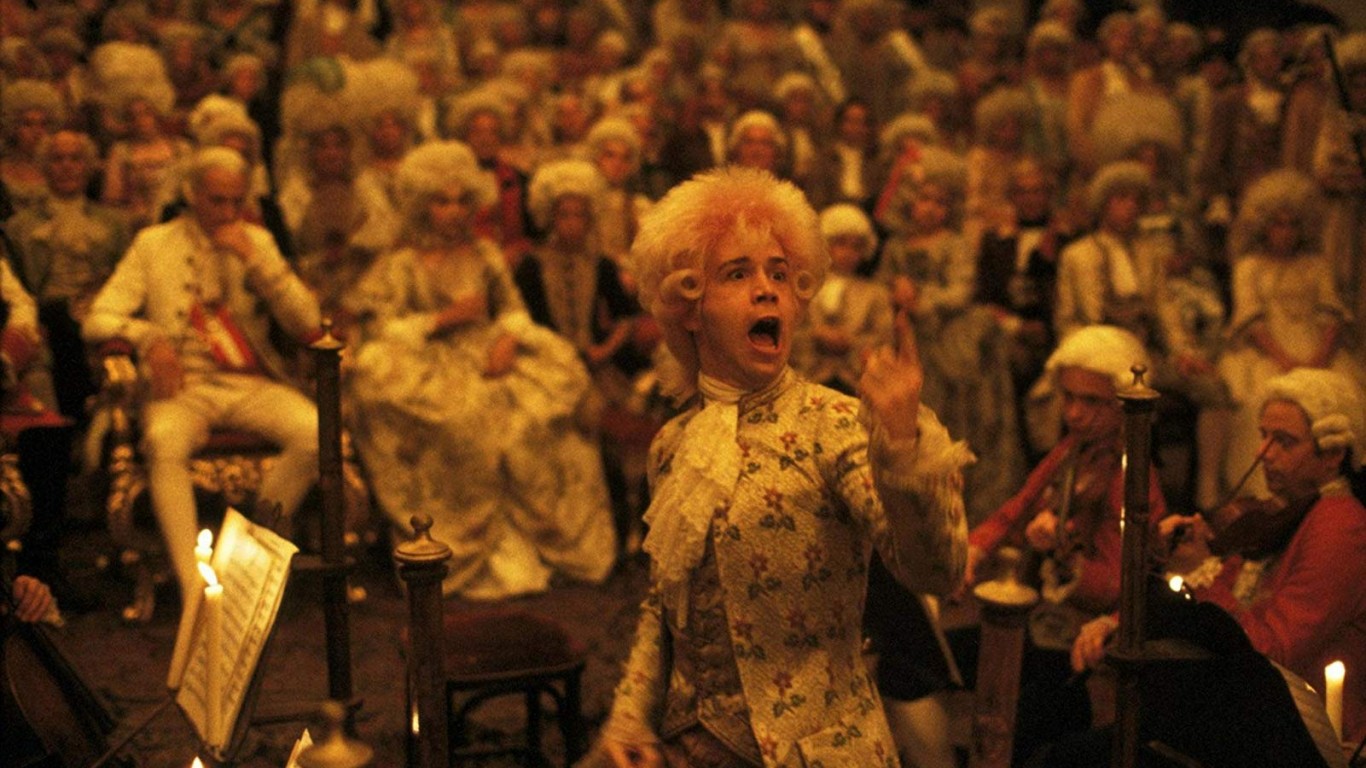
1985
> Winner: Amadeus
> Directed by: Miloš Forman
> Produced by: Saul Zaentz
> Nominees: The Cotton Club; The Killing Fields; Places in the Heart; A Soldier’s Story
“Amadeus,” about the life of composer Mozart as told by bitter rival Antonio Salieri, won four Golden Globes that included Best Director – Motion Picture (Miloš Forman) and Best Performance by an Actor in a Motion Picture – Drama (F. Murray Abraham). They would go on to win two of the eight Oscars “Amadeus” won.
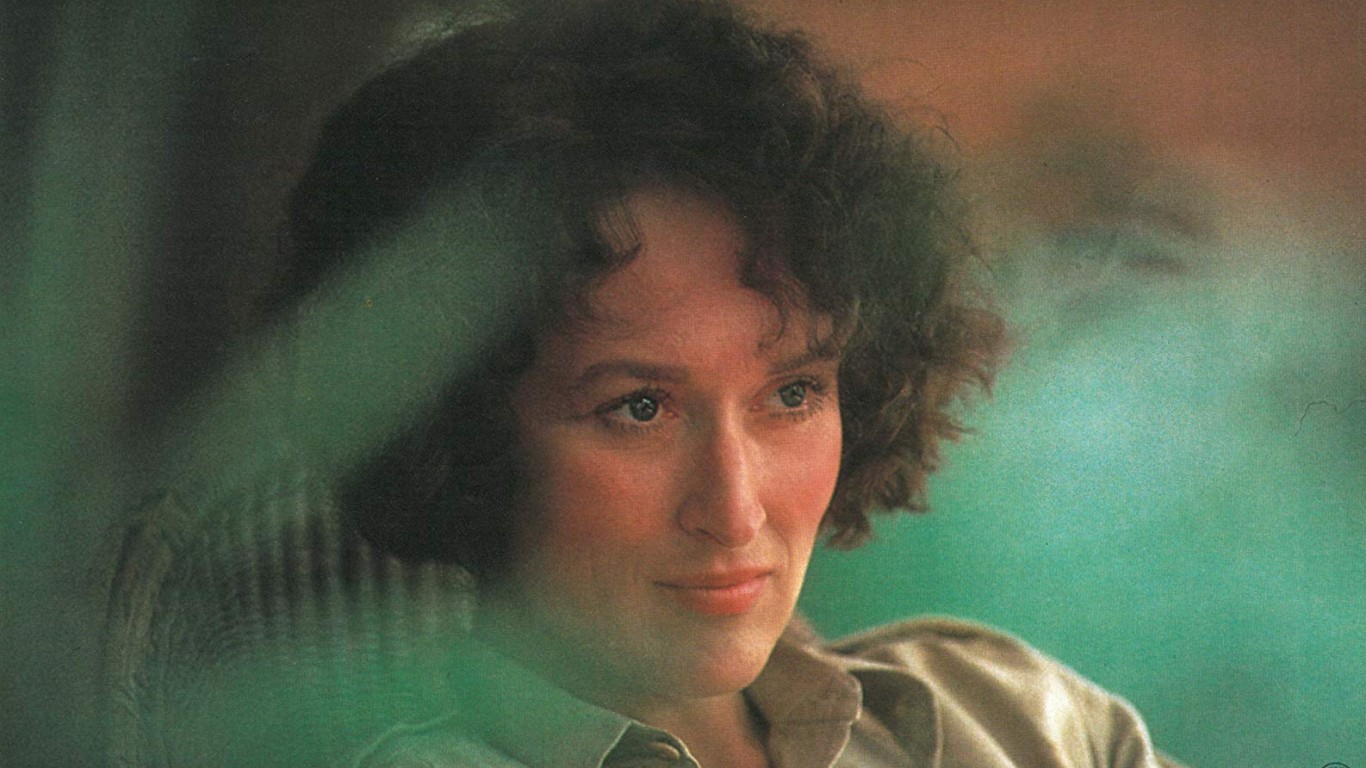
1986
> Winner: Out of Africa
> Directed by: Sydney Pollack
> Produced by: Sydney Pollack
> Nominees: The Color Purple; Kiss of the Spider Woman; Runaway Train; Witness
Meryl Streep displayed her talent for accents when she played a Danish plantation owner living in what is now Kenya who has an affair with a hunter. Klaus Maria Brandauer won his lone Golden Globe for Best Performance by an Actor in a Supporting Role in a Motion Picture, one of three Golden Globes won by the film, which would win seven Oscars.
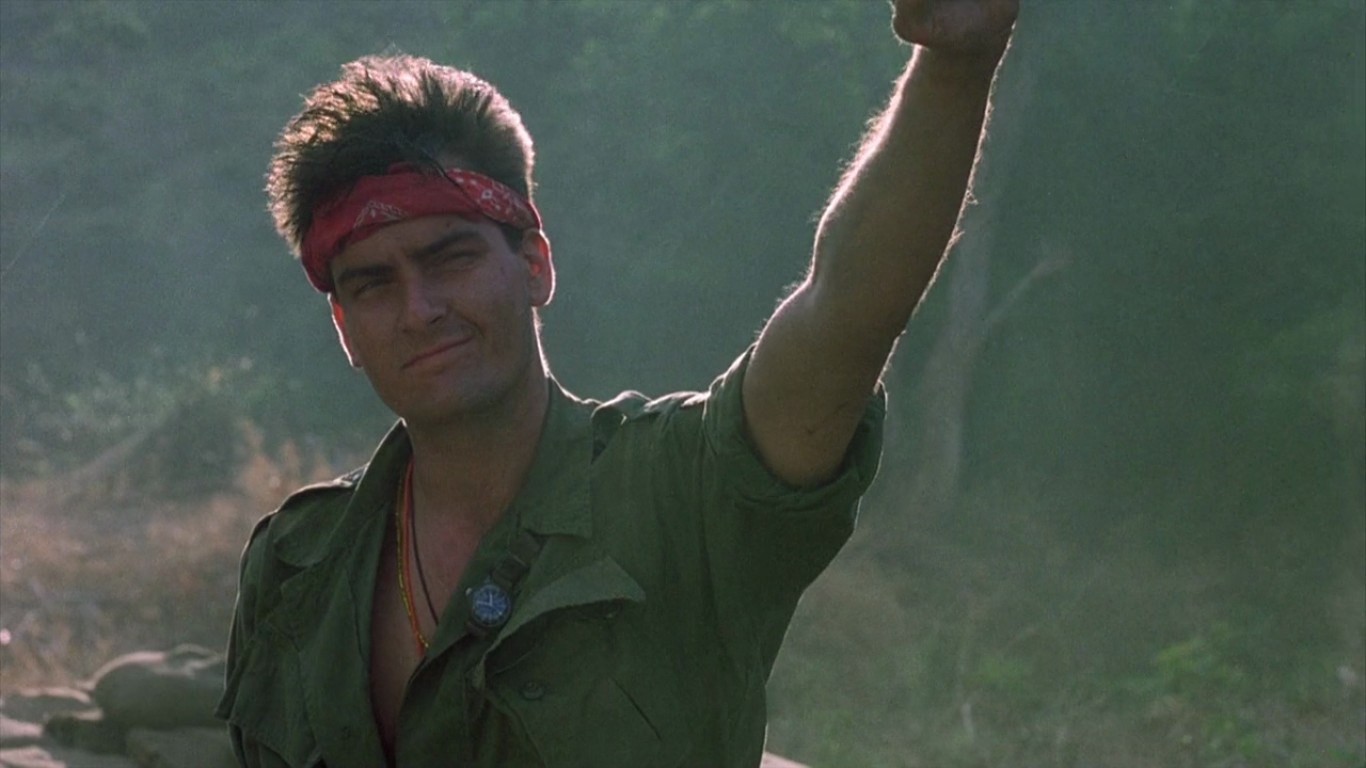
1987
> Winner: Platoon
> Directed by: Oliver Stone
> Produced by: Arnold Kopelson
> Nominees: Children of a Lesser God; The Mission; Mona Lisa; A Room with a View; Stand by Me
Oliver Stone’s searing Vietnam War film in which soldiers confront moral issues in wartime won the controversial director one of the movie’s three Golden Globes, the second of his six Globes. He would also win the Best Director Oscar.
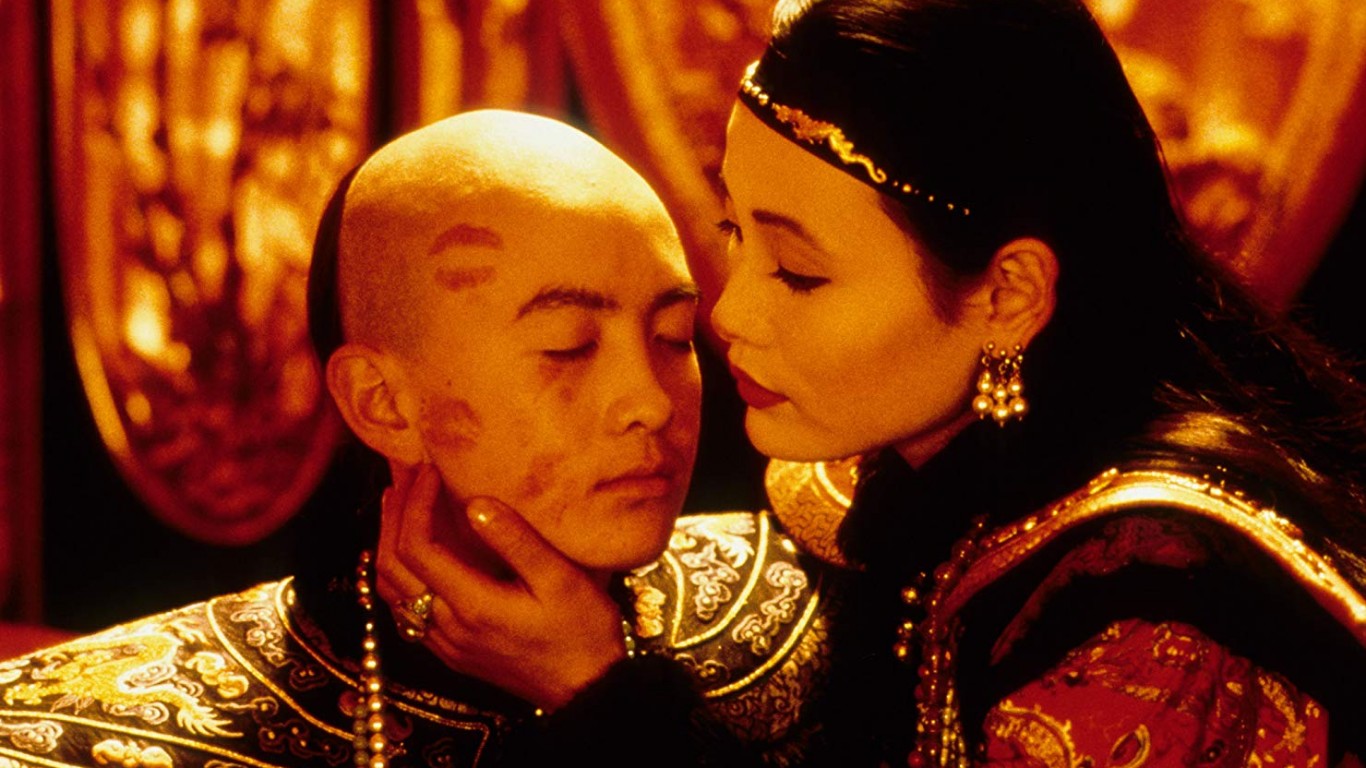
1988
> Winner: The Last Emperor
> Directed by: Bernardo Bertolucci
> Produced by: Jeremy Thomas
> Nominees: Cry Freedom; Empire of the Sun; Fatal Attraction; La Bamba; Nuts
Four Golden Globes went to the sweeping epic “The Last Emperor,” from one of Italy’s greatest directors, Bernardo Bertolucci, who took home Globes for directing and screenplay. Bertolucci and Mark Peploe would also win the Oscar for screenplay, and the film would take a Globe and Oscar for Best Original Score.
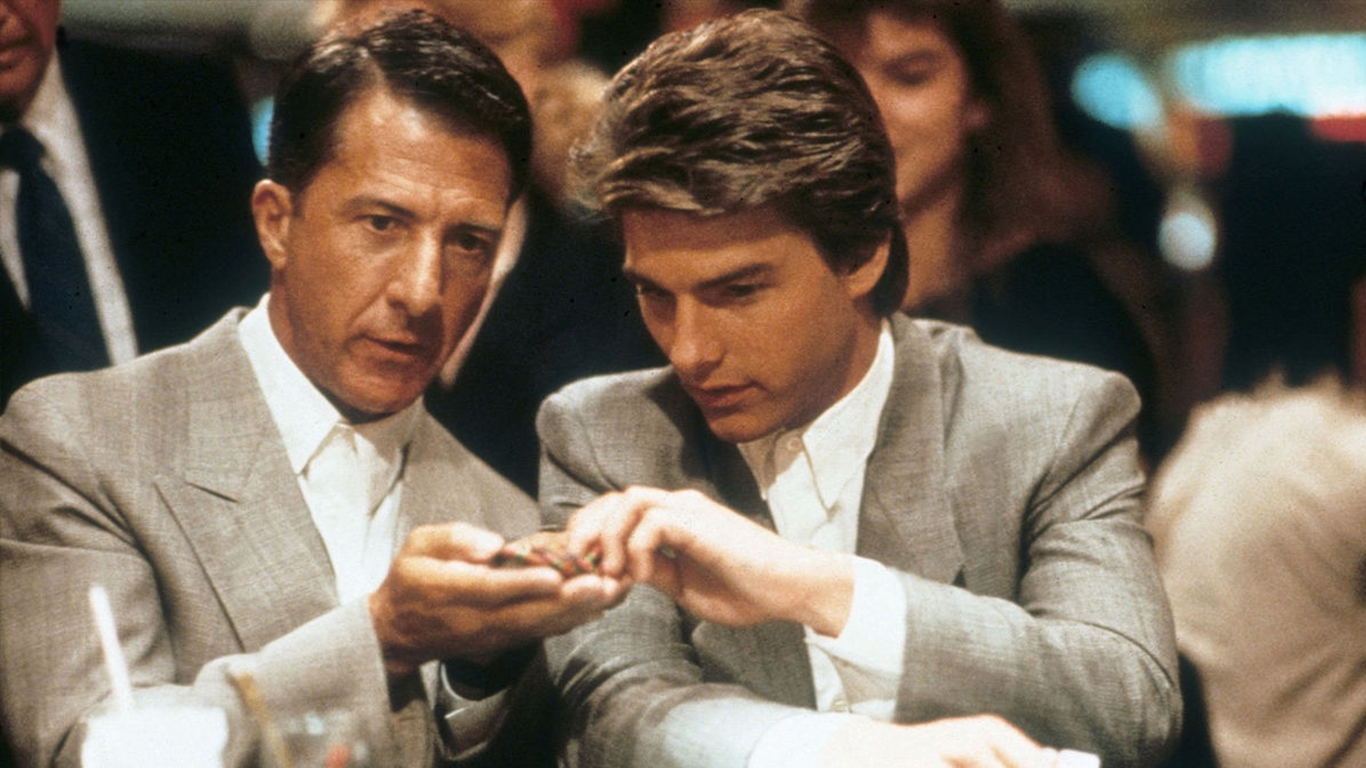
1989
> Winner: Rain Man
> Directed by: Barry Levinson
> Produced by: Mark Johnson
> Nominees: The Accidental Tourist; A Cry in the Dark; Gorillas in the Mist; Mississippi Burning; Running on Empty; The Unbearable Lightness of Being
Dustin Hoffman won Best Performance by an Actor in a Motion Picture – Drama Golden Globe (his fifth) as well as the Academy Award in the same category for the story about a selfish yuppie (Tom Cruise) who has to care for his autistic savant older brother after their father dies. The film won four Academy Awards.
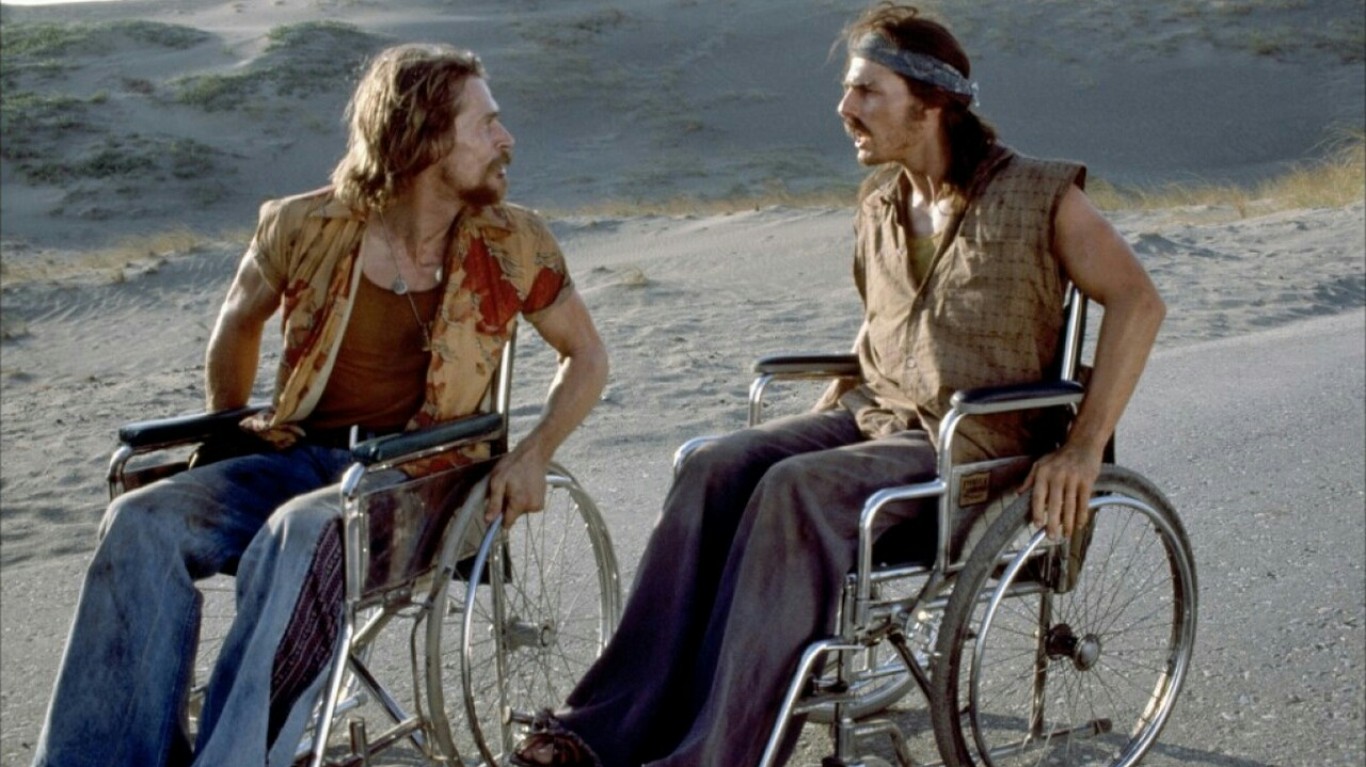
1990
> Winner: Born on the Fourth of July
> Directed by: Oliver Stone
> Produced by: A. Kitman Ho, Oliver Stone
> Nominees: Crimes and Misdemeanors; Dead Poets Society; Do the Right Thing; Glory;
“Born on the Fourth of July” is a biopic about paralyzed Vietnam War veteran and anti-war activist Ron Kovic. The film won four Golden Globes, including two for director Oliver Stone for direction and screenplay, and a Best Performance by an Actor in a Motion Picture – Drama nod to Tom Cruise, the first of his three Globe triumphs. Stone would also win a Best Director Oscar for the film.
[in-text-ad-2]
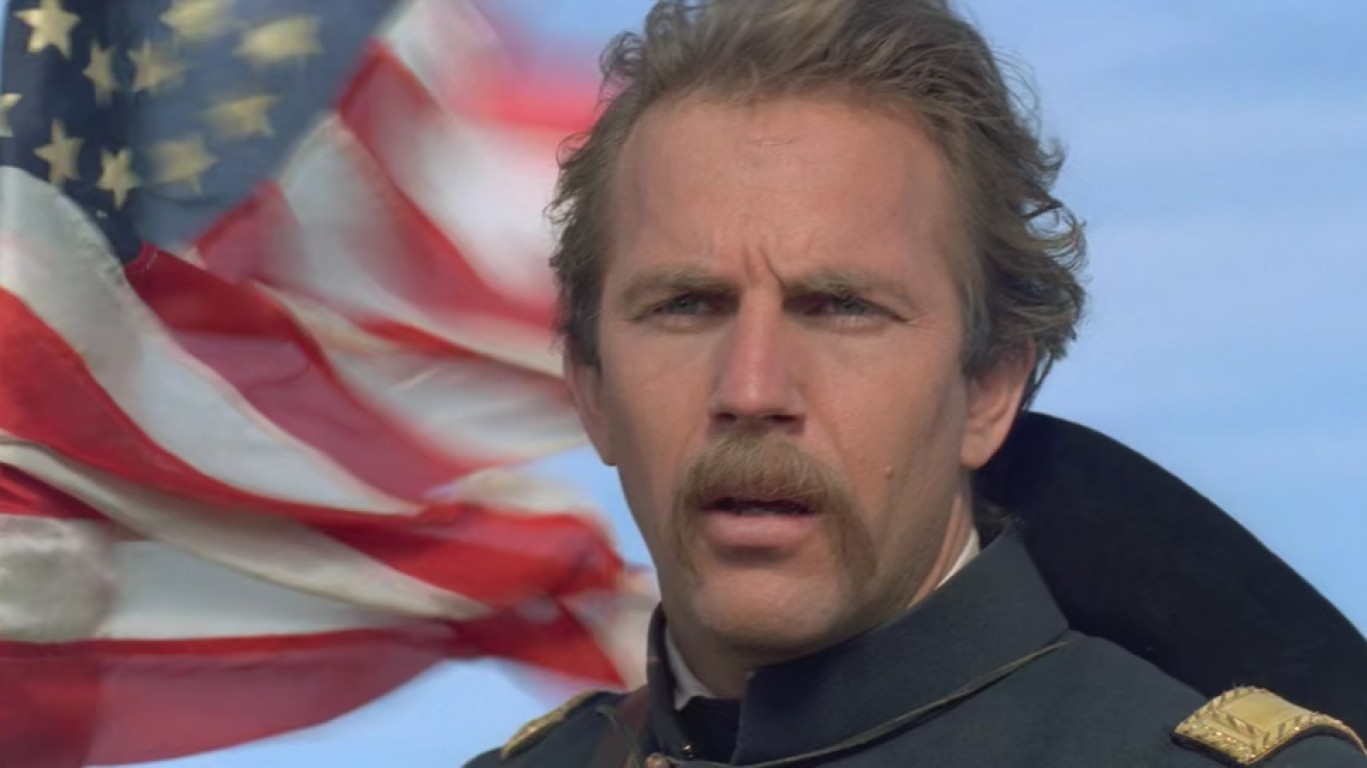
1991
> Winner: Dances with Wolves
> Directed by: Kevin Costner
> Produced by: Jim Wilson and Kevin Costner
> Nominees: Avalon; The Godfather Part III; Goodfellas; Reversal of Fortune
Kevin Costner directed and starred in this story about an American soldier who makes peace with wolves and Native Americans in the west and becomes an outcast among his peers. Costner won one of the film’s three Golden Globes for Best Director – Motion Picture, a feat he would equal at the Academy Awards, where “Dances with Wolves” took home seven Oscars.
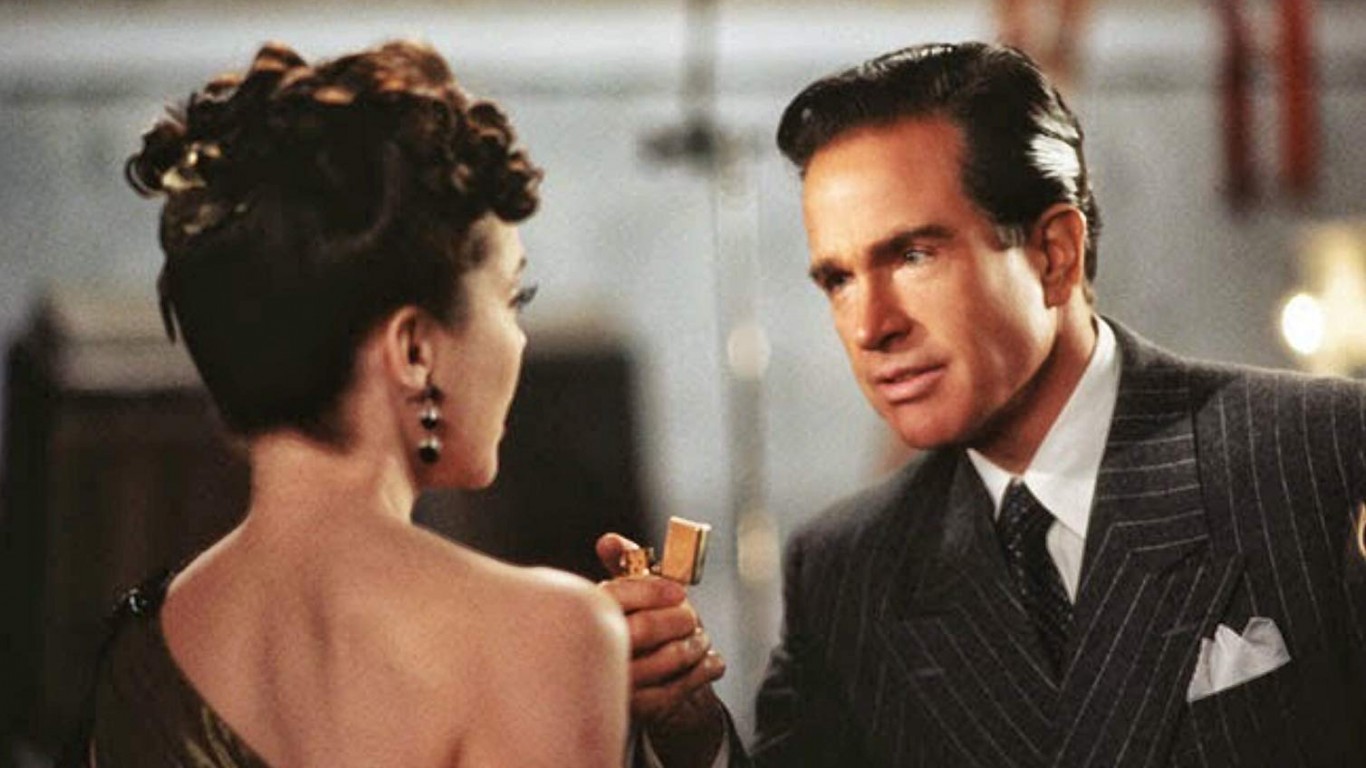
1992
> Winner: Bugsy
> Directed by: Barry Levinson
> Produced by: Warren Beatty, Barry Levinson, Mark Johnson
> Nominees: JFK; The Prince of Tides; The Silence of the Lambs; Thelma & Louise
The stylish biopic of how gangster Bugsy Siegel turned Las Vegas into a gambling mecca was produced by and starred Warren Beatty. “Bugsy” was nominated for eight Golden Globes and won for Best Motion Picture – Drama. The movie would win two Academy Awards.
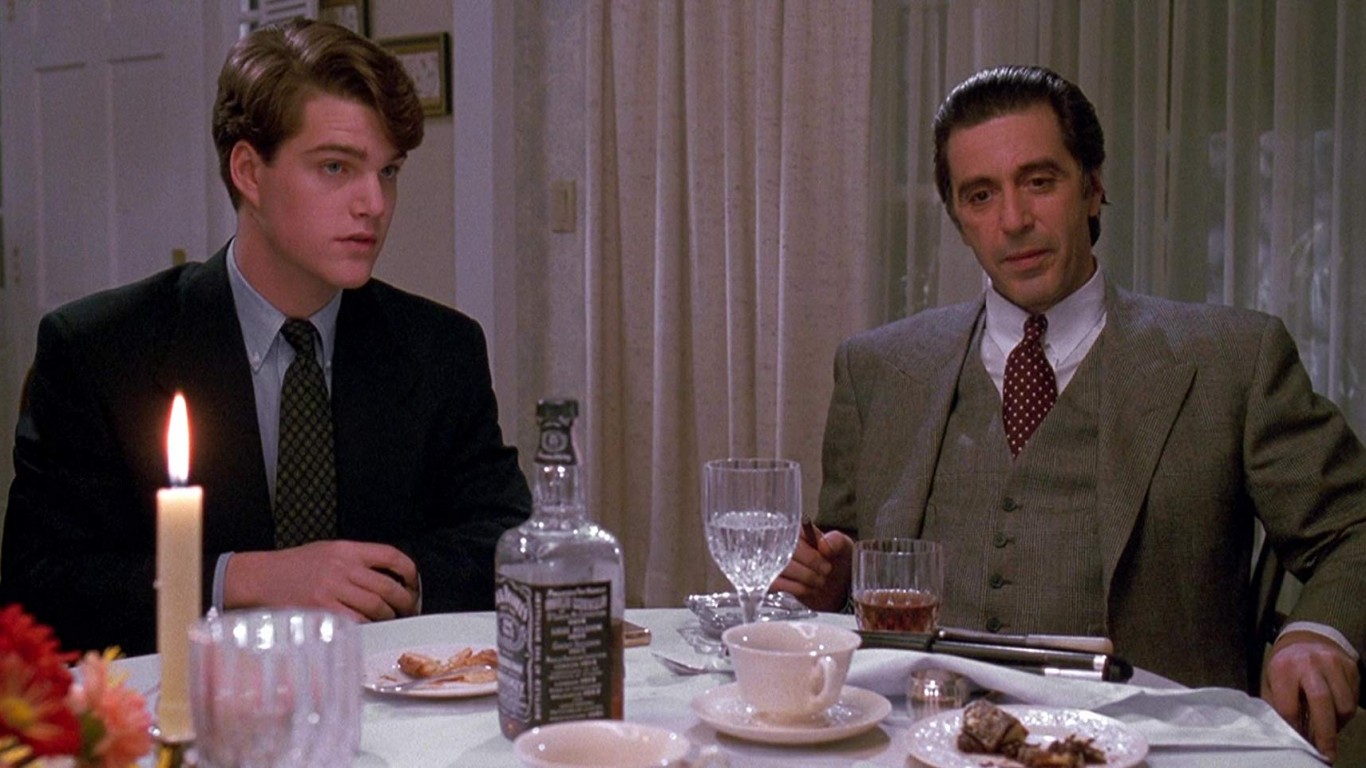
1993
> Winner: Scent of a Woman
> Directed by: Martin Brest
> Produced by: Martin Brest
> Nominees: The Crying Game; A Few Good Men; Howards End; Unforgiven
Al Pacino won a Golden Globe for Best Performance by an Actor in a Motion Picture – Drama (the second of his four Globe wins) playing a blind veteran who develops a bond with a prep student who cares for him over the Thanksgiving holiday. Pacino would also win his first and only Oscar for this role. “Scent of a Woman” won three Golden Globes.
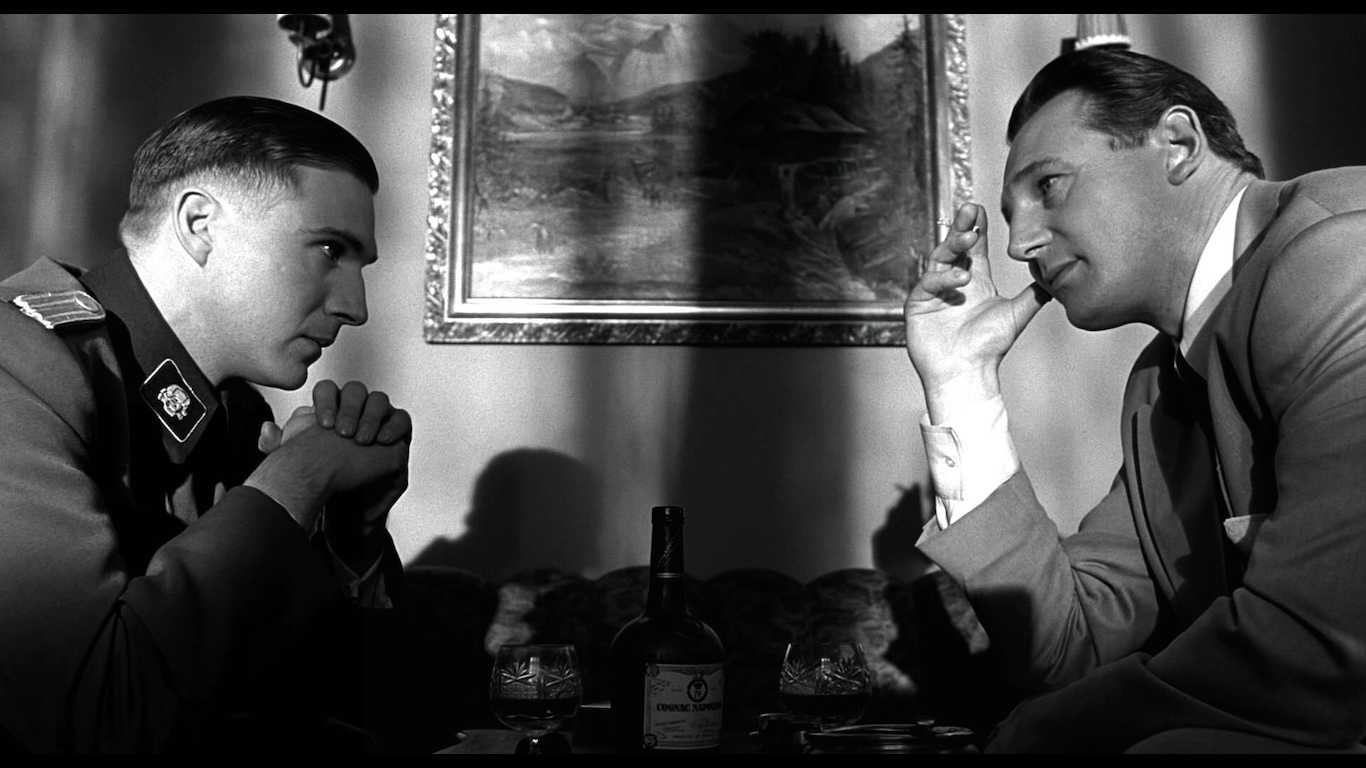
1994
> Winner: Schindler’s List
> Directed by: Steven Spielberg
> Produced by: Steven Spielberg, Branko Lustig, Gerald R. Molen
> Nominees: The Age of Innocence; In the Name of the Father; The Piano; The Remains of the Day
Steven Spielberg’s deeply moving film about how a Sudeten German industrialist saved the lives of hundreds of Jews from the Holocaust won three Golden Globes for Best Motion Picture – Drama, Best Director – Motion Picture for Spielberg (the first of his three Globes), and Best Screenplay – Motion Picture (Steve Zaillian). The movie was nominated for 12 Academy Awards and won seven.
[in-text-ad]
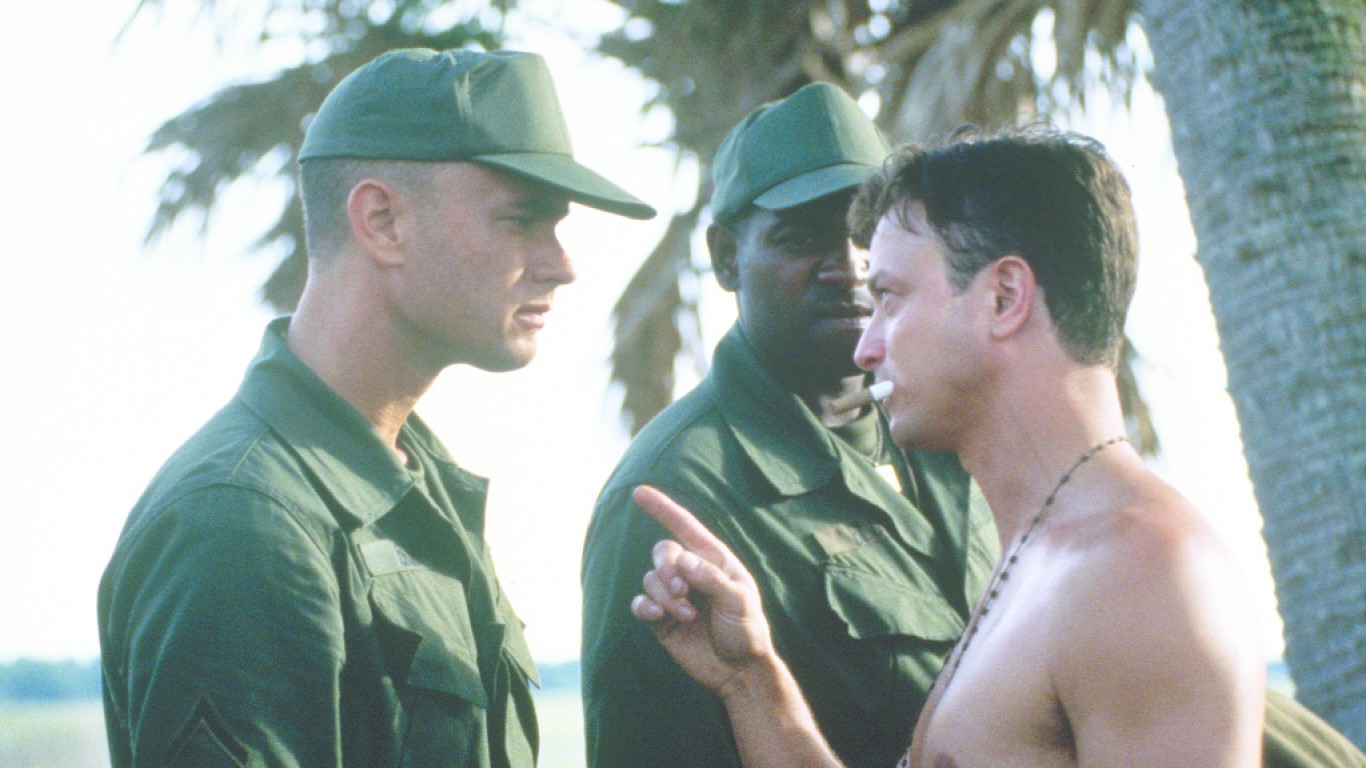
1995
> Winner: Forrest Gump
> Directed by: Robert Zemeckis
> Produced by: Wendy Finerman, Steve Starkey, Steve Tisch
> Nominees: Legends of the Fall; Nell; Pulp Fiction; Quiz Show
The movie is a panorama of American history beginning in the 1950s as experienced through a mentally slow Alabama man played by Tom Hanks, who won the Golden Globe for Best Performance by an Actor in a Motion Picture – Drama, the third of his eight Globe wins. Hanks also won the Oscar for that role, and director Robert Zemeckis won a Globe and Academy Award.
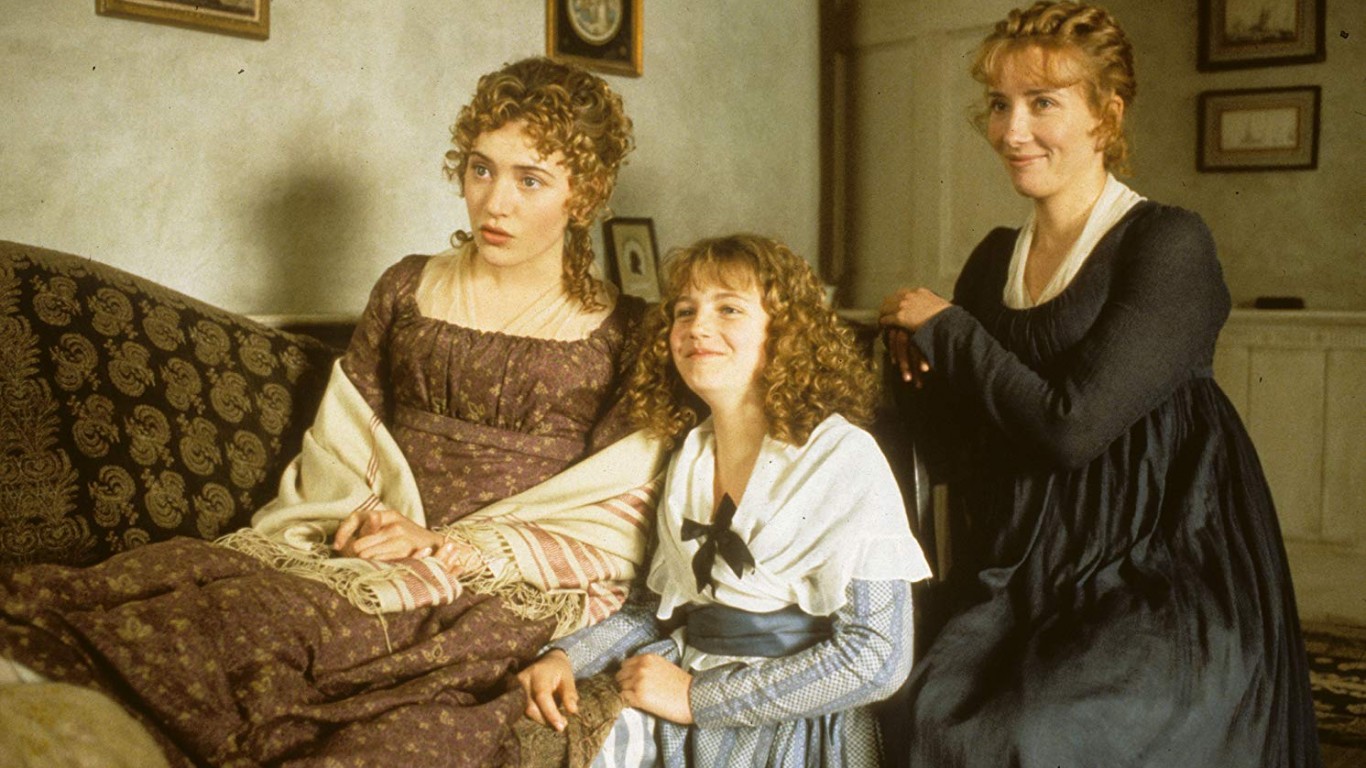
1996
> Winner: Sense and Sensibility
> Directed by: Ang Lee
> Produced by: Lindsay Doran
> Nominees: Apollo 13; Braveheart; The Bridges of Madison County; Leaving Las Vegas
British actress Emma Thompson won her second Golden Globe, this one for Best Screenplay – Motion Picture, for the period piece directed by acclaimed director Ang Lee. Thompson won the film’s lone Academy Award for Best Writing.
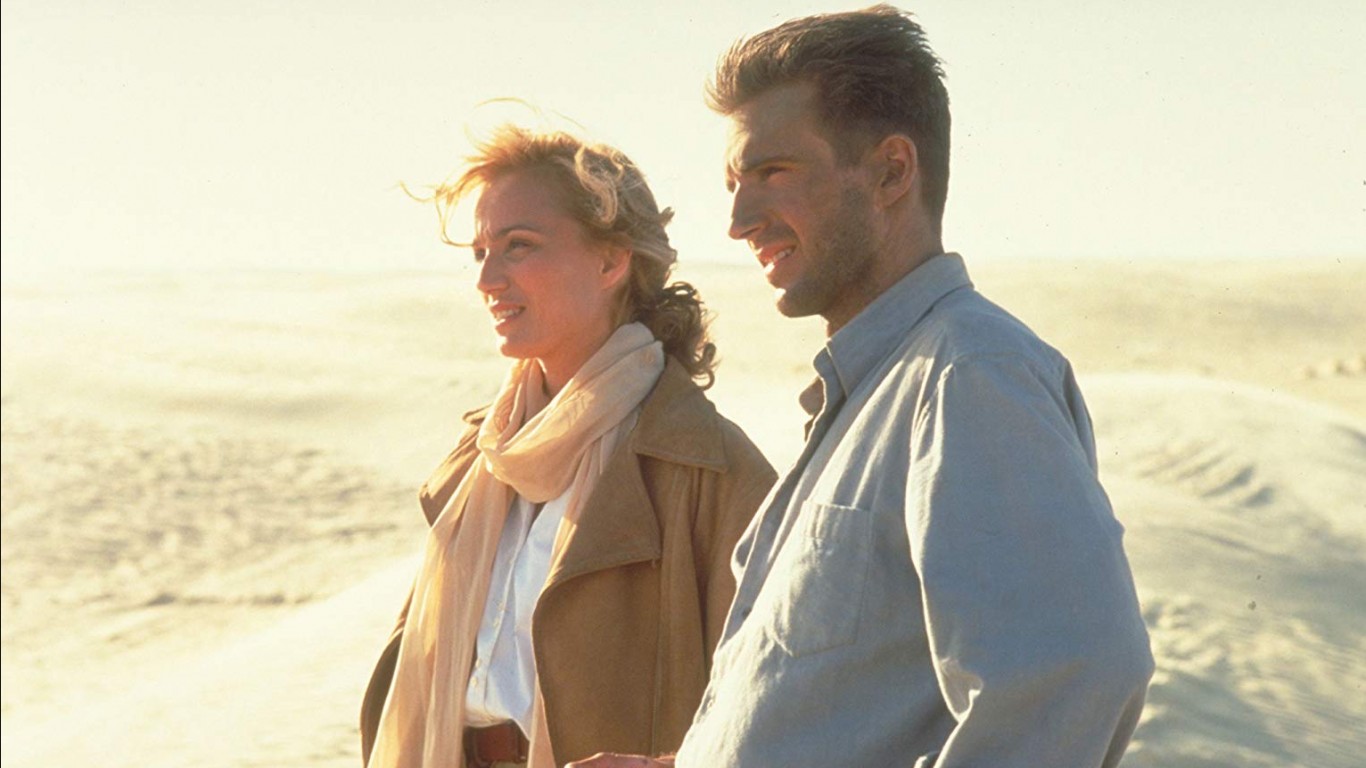
1997
> Winner: The English Patient
> Directed by: Anthony Minghella
> Produced by: Saul Zaentz
> Nominees: Breaking the Waves; The People vs. Larry Flynt; Secrets & Lies; Shine
“The English Patient,” about a relationship during World War II between a nurse and a badly burned Allied pilot, won two Golden Globes, including for Best Original Score – Motion Picture. The film did much better at the Academy Awards, nabbing nine statues.
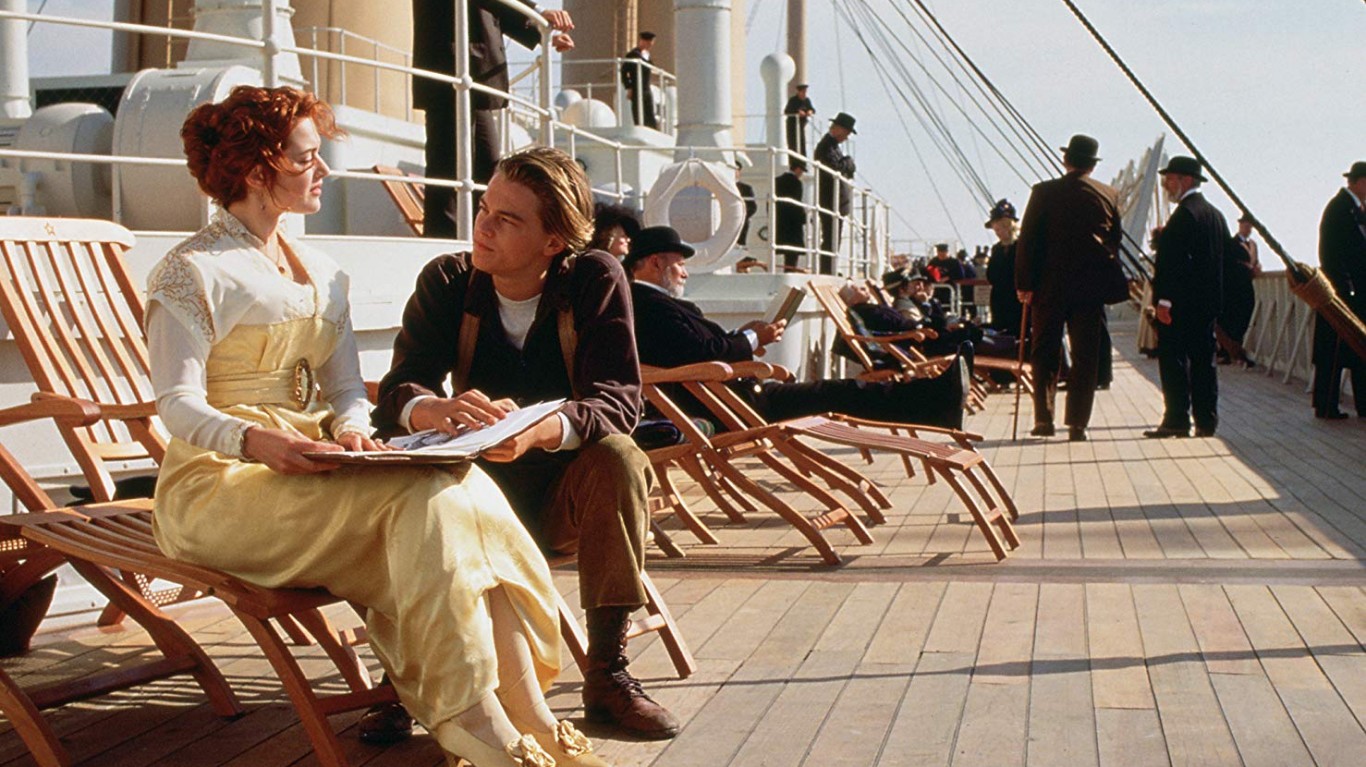
1998
> Winner: Titanic
> Directed by: James Cameron
> Produced by: James Cameron and Jon Landau
> Nominees: Amistad; The Boxer; Good Will Hunting; L.A. Confidential
James Cameron’s blockbuster story about the lives of passengers aboard the doomed ocean liner won four Golden Globes, including Best Director for Cameron. “Titanic” would go on to become one of only three films in Oscar history to win 11 Academy Awards.
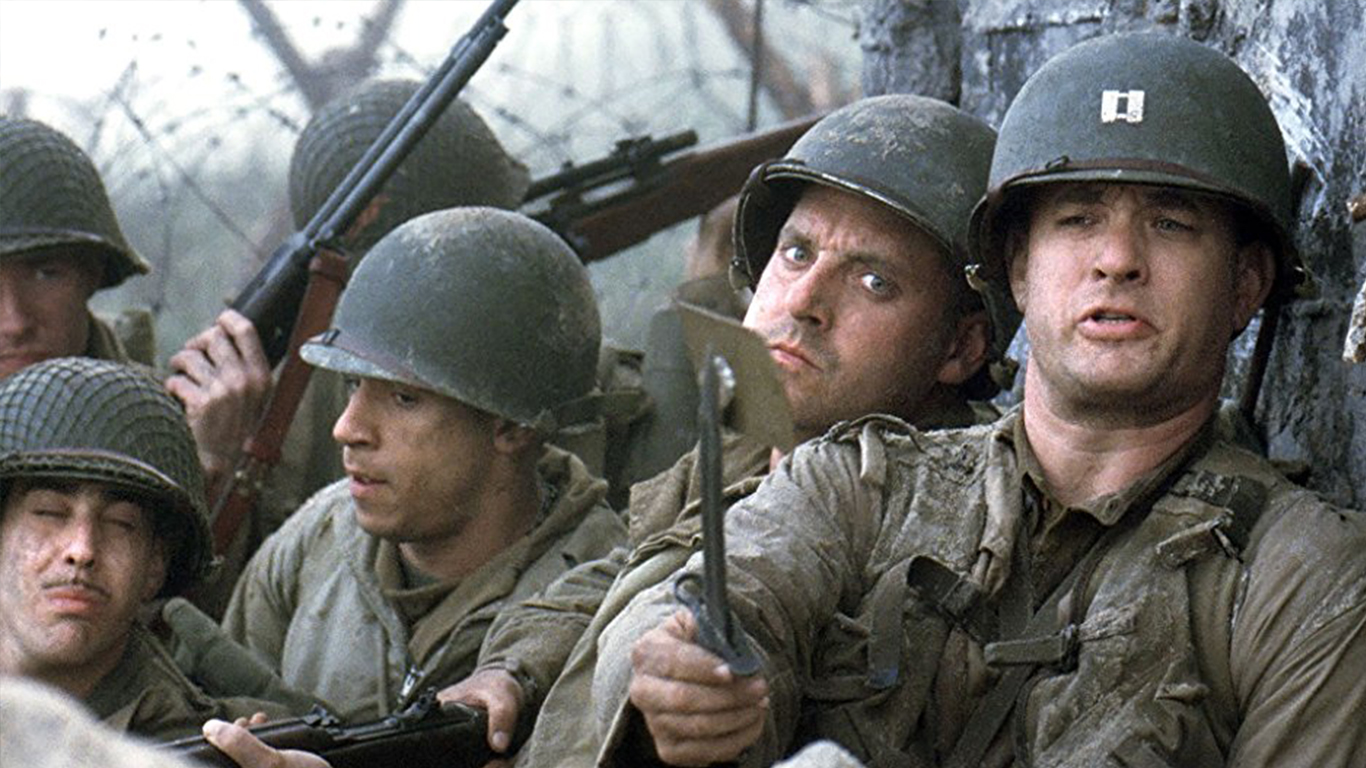
1999
> Winner: Saving Private Ryan
> Directed by: Steven Spielberg
> Produced by: Steven Spielberg, Ian Bryce, Mark Gordon, Gary Levinsohn
> Nominees: Elizabeth; Gods and Monsters; The Horse Whisperer; The Truman Show
“Saving Private Ryan,” Steven Spielberg’s homage to the generation that won World War II, took home two Golden Globes, including Best Director – Motion Picture for Spieberg. He also took home the Best Director Oscar, one of five Academy Awards the movie won.
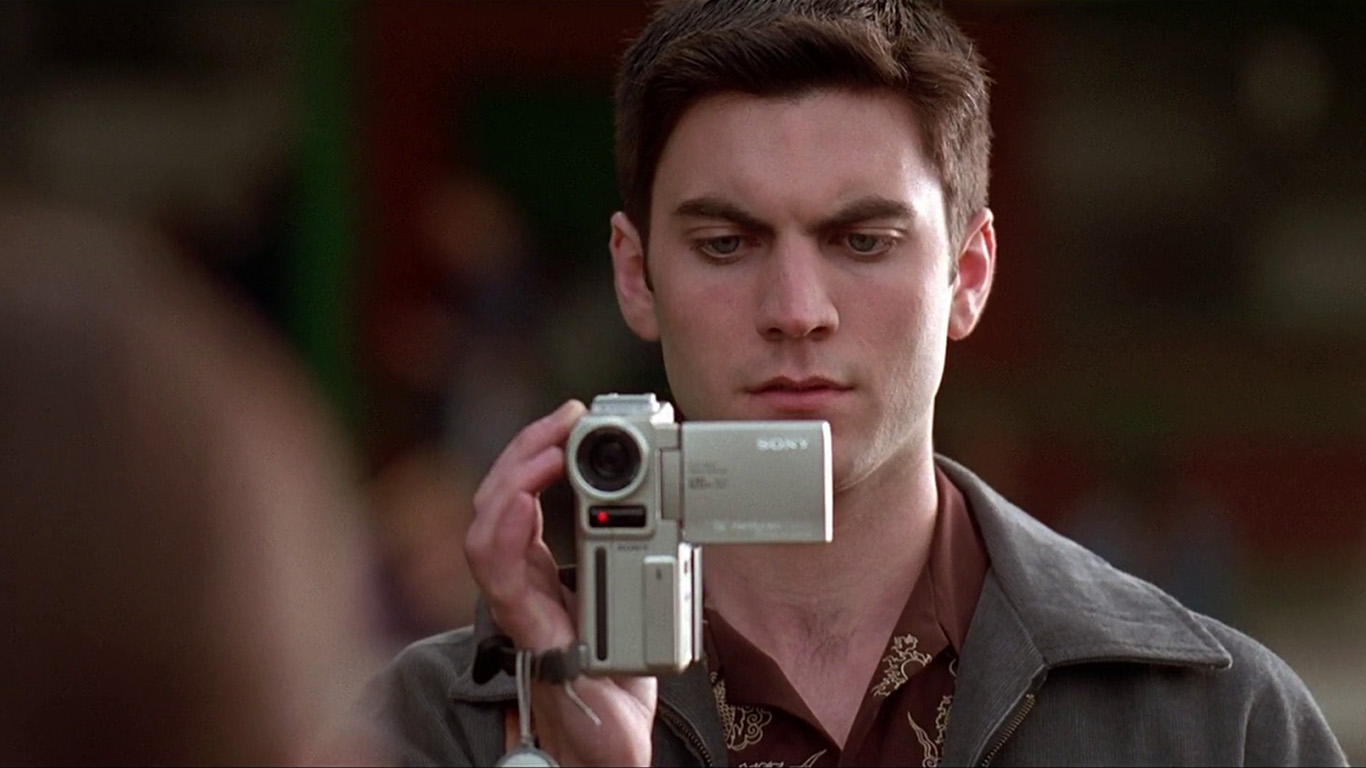
2000
> Winner: American Beauty
> Directed by: Sam Mendes
> Produced by: Bruce Cohen, Dan Jinks
> Nominees: The End of the Affair; The Hurricane; The Insider; The Talented Mr. Ripley
“American Beauty” is an acerbic comment on American suburban life. Director Sam Mendes won one of the three Golden Globes awarded to the film, and he also won one of the movie’s five Oscars. Alan Ball won a Globe and an Oscar for best screenplay.
[in-text-ad-2]

2001
> Winner: Gladiator
> Directed by: Ridley Scott
> Produced by: Douglas Wick, Branko Lustig, David Franzoni
> Nominees: Billy Elliot; Erin Brockovich; Sunshine; Traffic; Wonder Boys
Russell Crowe does a star turn as an embittered former Roman general turned gladiator who seeks revenge on the corrupt emperor who killed his family. Besides winning for Best Motion Picture – Drama, the Ridley Scott-helmed epic won the Golden Globe for Best Original Score – Motion Picture. “Gladiator” would go on to win five Academy Awards.
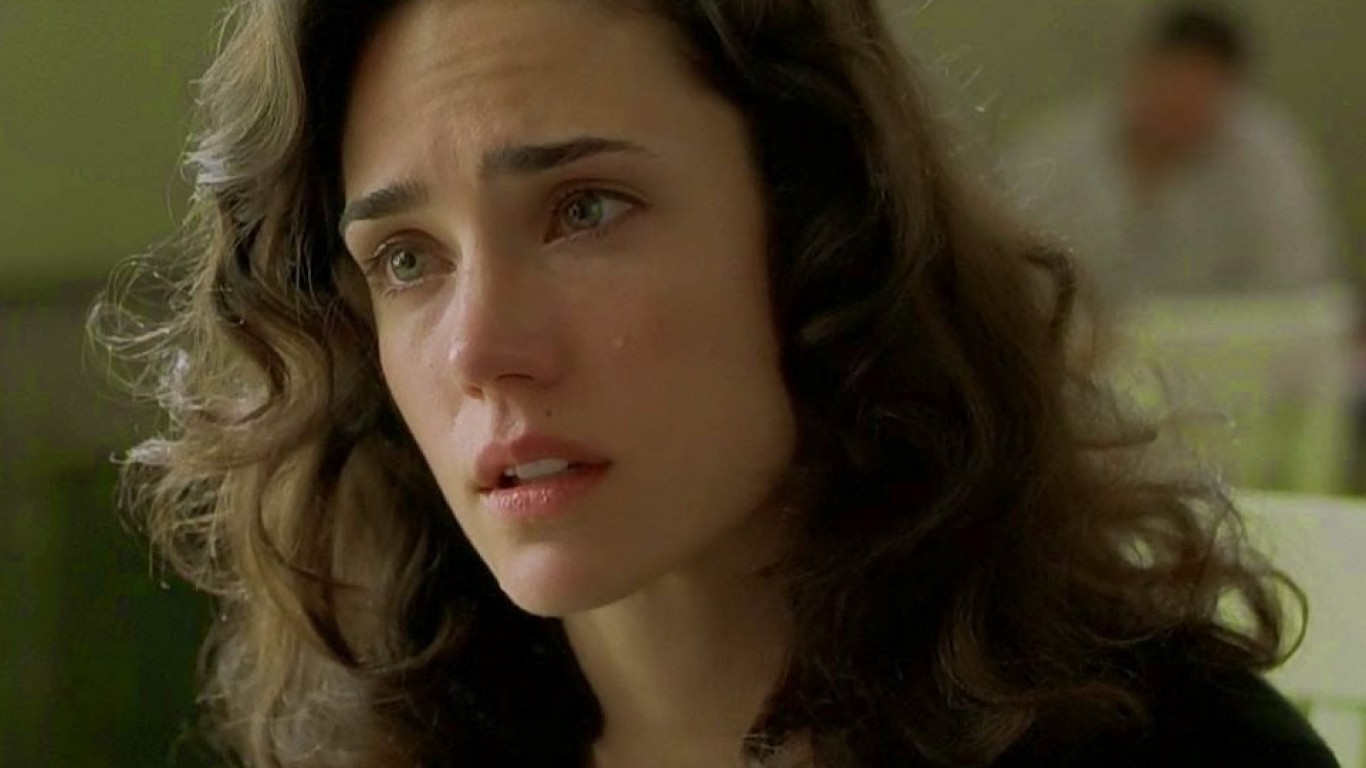
2002
> Winner: A Beautiful Mind
> Directed by: Ron Howard
> Produced by: Brian Grazer, Ron Howard
> Nominees: In the Bedroom; The Lord of the Rings: The Fellowship of the Ring; The Man Who Wasn’t There; Mulholland Drive
“A Beautiful Mind” stars Russell Crowe as John Nash, a brilliant mathematician tortured by mental illness who eventually triumphs over his affliction to win the Nobel Prize. Crowe won one of four Golden Globes for Best Performance by an Actor in a Motion Picture – Drama, and Jennifer Connelly took home a Globe and an Oscar for Best Supporting Actress as Nash’s tormented wife.
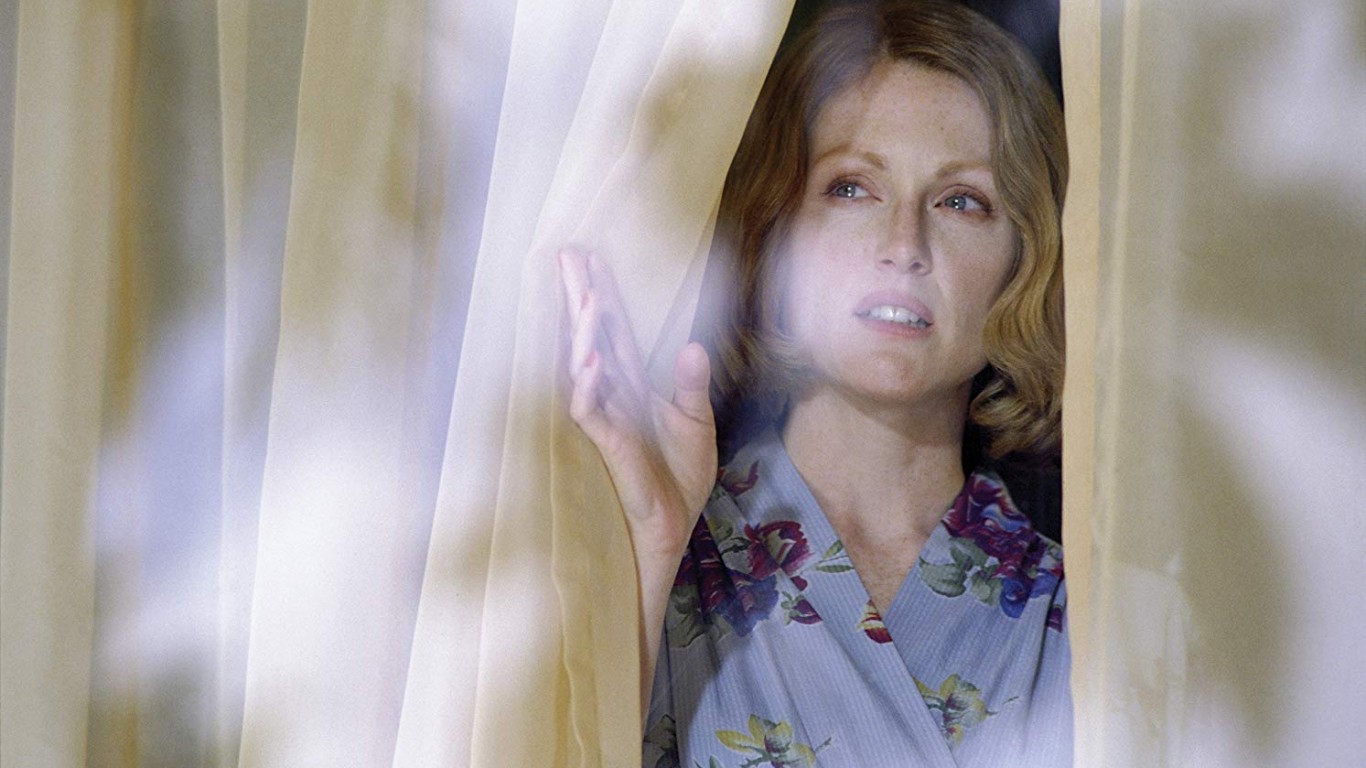
2003
> Winner: The Hours
> Directed by: Stephen Daldry
> Produced by: Robert Fox and Scott Rudin
> Nominees: About Schmidt; Gangs of New York; The Lord of the Rings: The Two Towers; The Pianist
Nicole Kidman won the third of her five Golden Globes and her first Oscar playing the English writer Virginia Woolf, one of three generations of women who deal with suicide in “The Hours.”
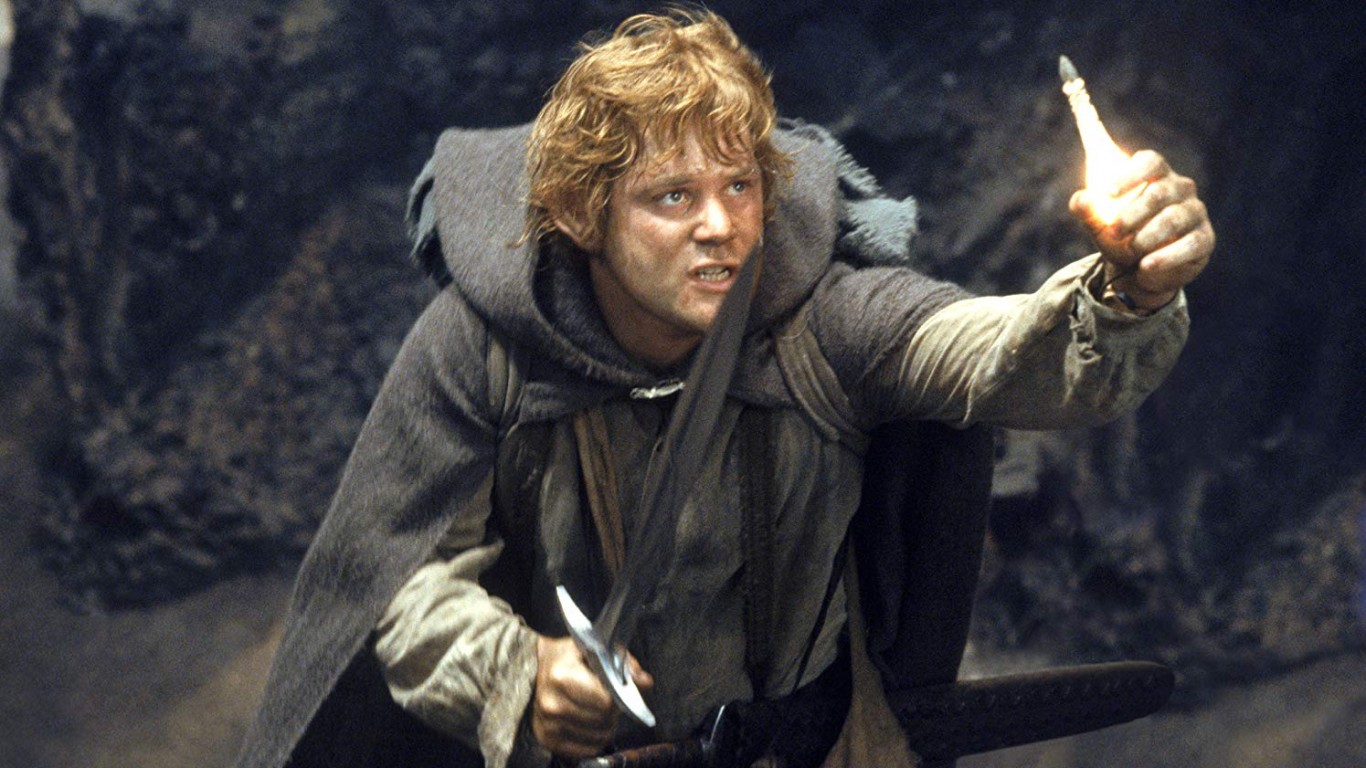
2004
> Winner: The Lord of the Rings: The Return of the King
> Directed by: Peter Jackson
> Produced by: Peter Jackson, Barrie M. Osborne, Fran Walsh
> Nominees: Cold Mountain; Master and Commander: The Far Side of the World; Mystic River; Seabiscuit
“The Lord of the Rings: The Return of the King” was the third and final entry of the lavishly produced fantasy adventure trilogy based on the works of novelist J.R.R. Tolkien. It swept all four Golden Globes it was nominated for, including Best Director – Motion Picture for Peter Jackson, and replicated the feat at the Oscars, equaling Academy Award-winning history by capturing 11 statuettes.
[in-text-ad]
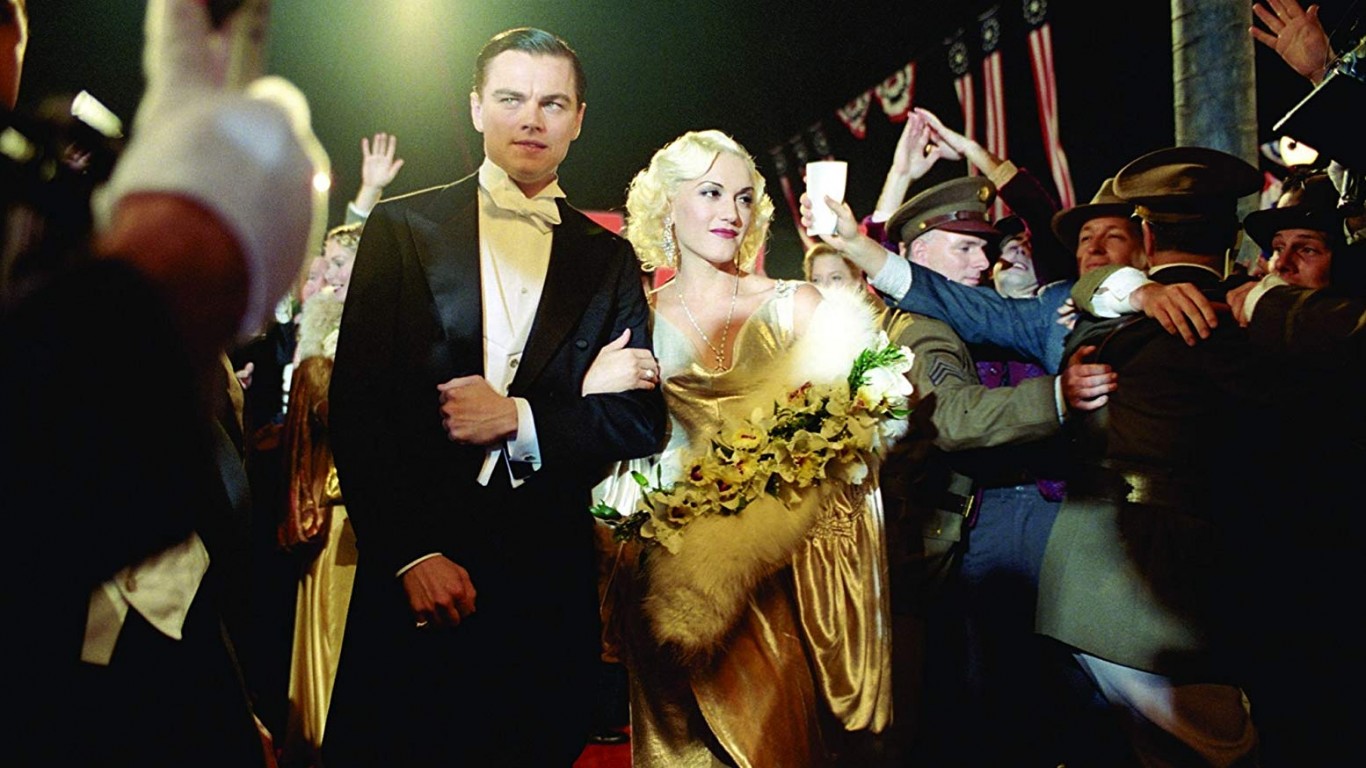
2005
> Winner: The Aviator
> Directed by: Martin Scorsese
> Produced by: Michael Mann, Charles Evans Jr., Graham King
> Nominees: Closer; Finding Neverland; Hotel Rwanda; Kinsey; Million Dollar Baby
Leonardo DiCaprio stars as the eccentric visionary movie director and aviator Howard Hughes. The film covers the period from the 1920s through the 1940s. “The Aviator” won three Golden Globes, including one for DiCaprio, the first of his three Globe wins. The Martin Scorsese-directed biopic won five Academy Awards.
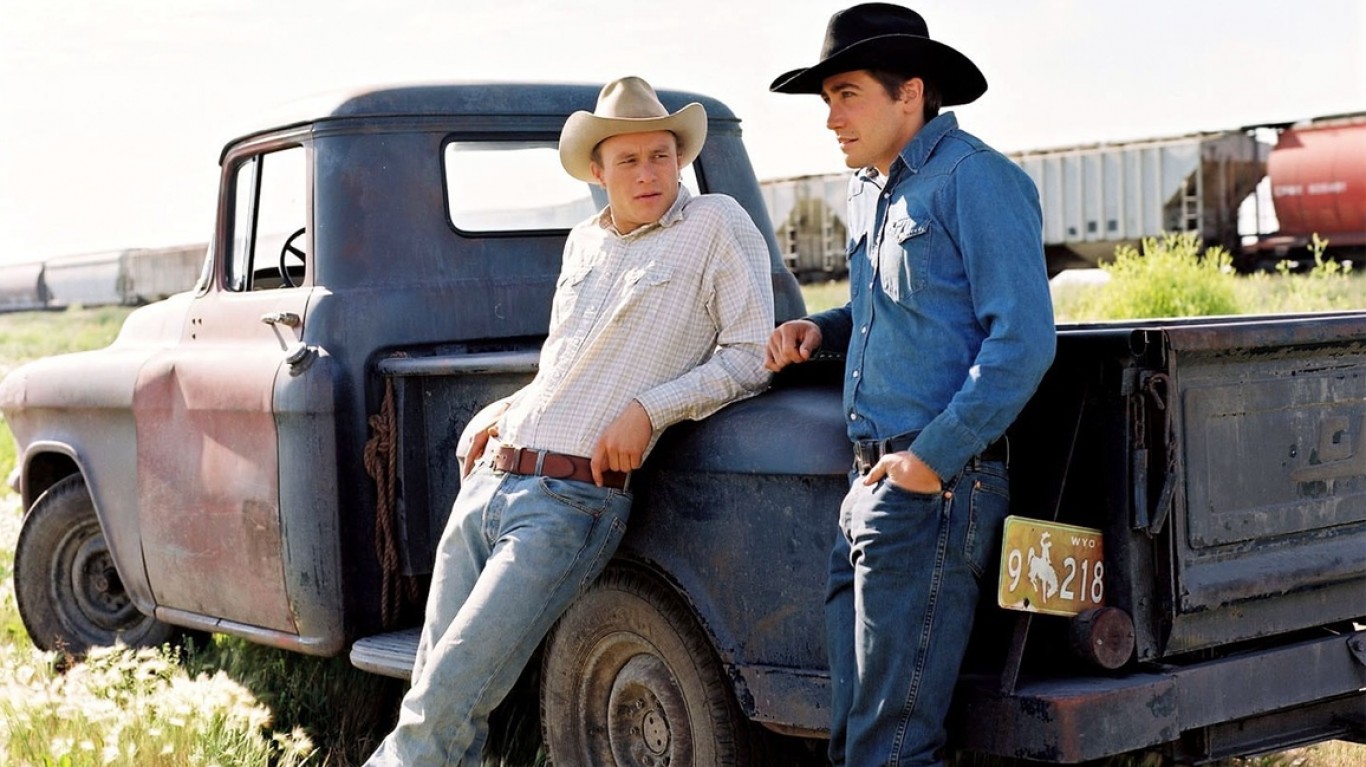
2006
> Winner: Brokeback Mountain
> Directed by: Ang Lee
> Produced by: Diana Ossana, James Schamus
> Nominees: The Constant Gardener; Good Night, and Good Luck; A History of Violence; Match Point
Four Golden Globes went to Ang Lee’s “Brokeback Mountain,” a film about two cowboys who keep their homosexual relationship a secret. Larry McMurtry and Diana Ossana won the Globe and the Oscar for Best Screenplay – Motion Picture. Gustavo Santaolalla and Bernie Taupin took the Globe for Best Original Song – Motion Picture, and Santaolalla won the Academy Award for Original Score. Director Ang Lee won both the Golden Globe and Oscar for Best Director.
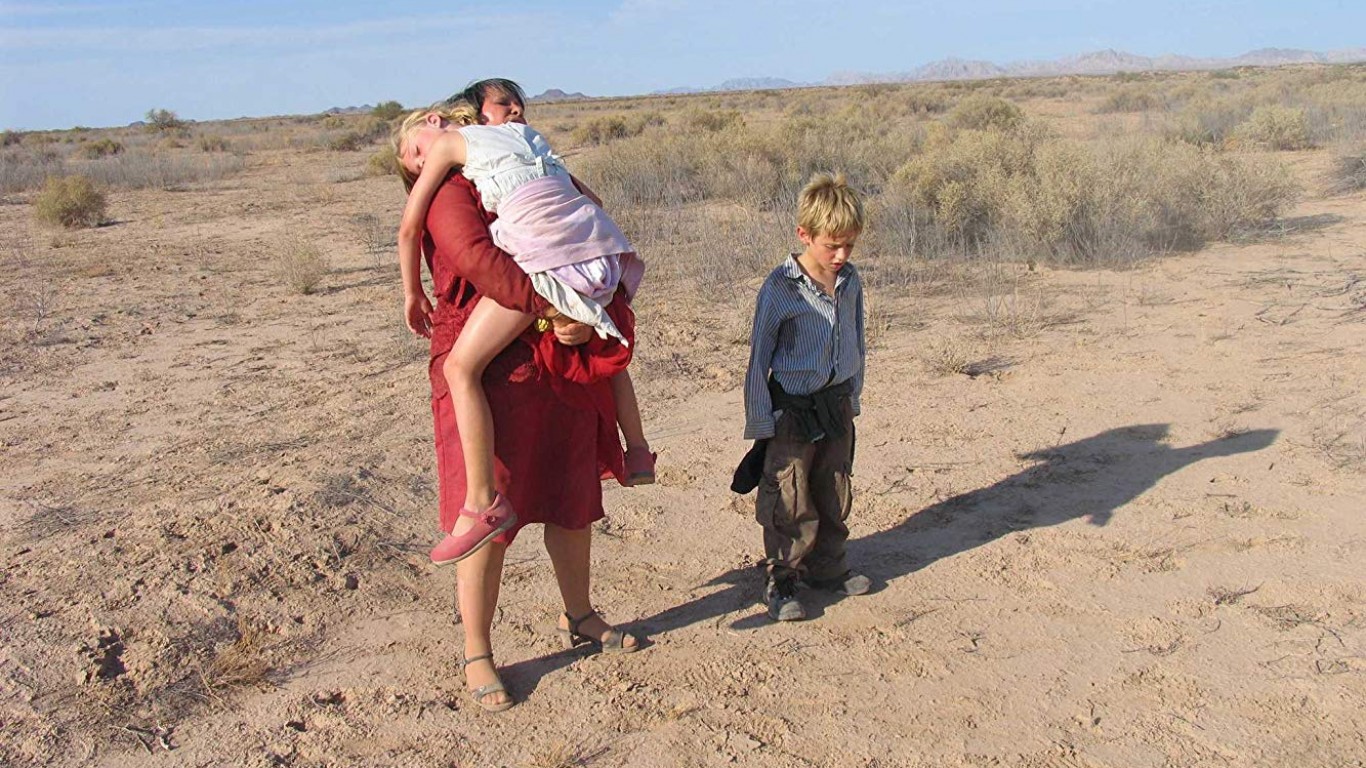
2007
> Winner: Babel
> Directed by: Alejandro González Iñárritu
> Produced by: Steve Golin, Jon Kilik
> Nominees: Bobby; The Departed; Little Children; The Queen
“Babel” is a psychological drama directed by acclaimed Mexican director Alejandro González Iñárritu that weaves together four interrelated stories involving people from four countries linked by anguish and tragedy. Composer Gustavo Santaolalla, who won the Golden Globe and Oscar the year before for “Brokeback Mountain,” was nominated for a Globe and won the film’s lone Academy Award for Best Achievement in Music Written for Motion Pictures, Original Score.
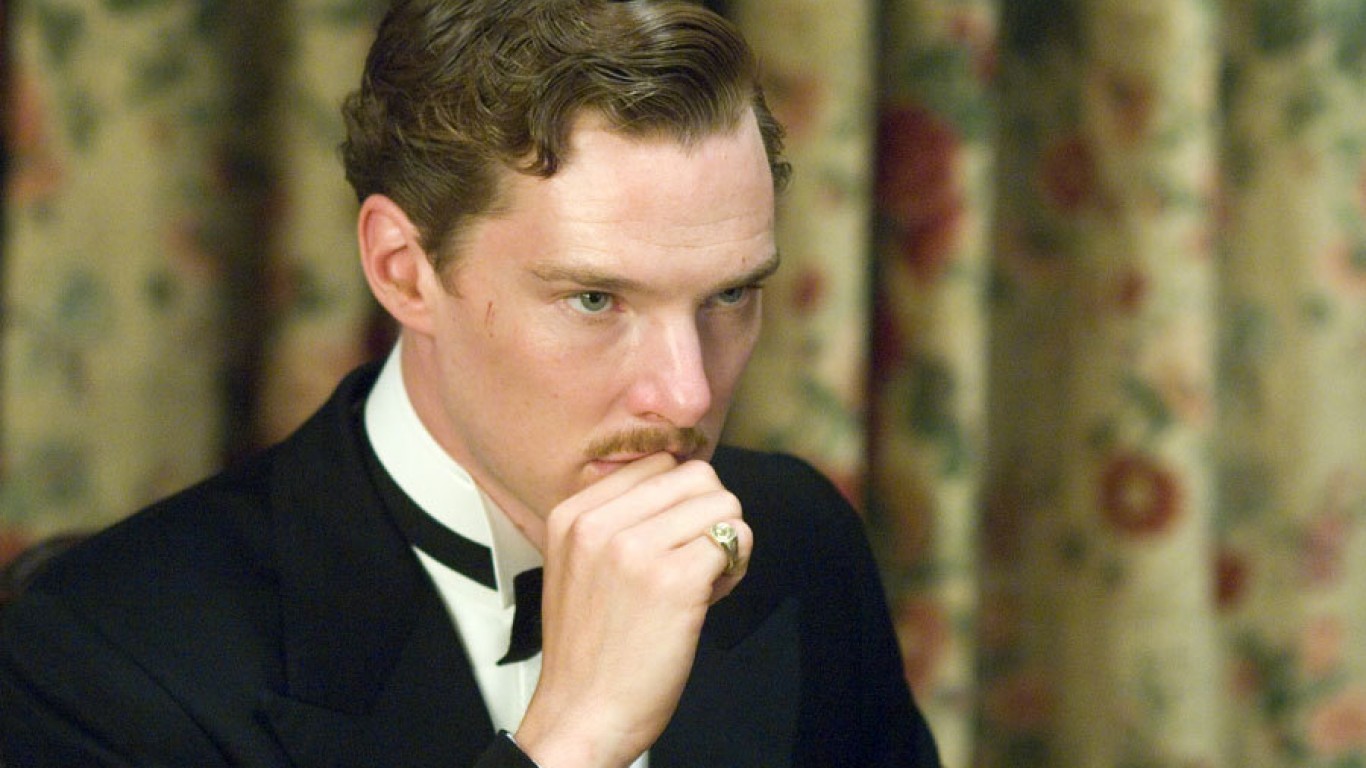
2008
> Winner: Atonement
> Directed by: Joe Wright
> Produced by: Tim Bevan, Eric Fellner, Paul Webster
> Nominees: American Gangster; Eastern Promises; The Great Debaters; Michael Clayton; No Country for Old Men; There Will Be Blood
In 1930s England, a 13-year-old aspiring writer changes the lives of several people after she accuses her older sister’s lover of a crime that he didn’t commit. Composer Dario Marianelli won a Golden Globe and an Oscar for Best Original Score.
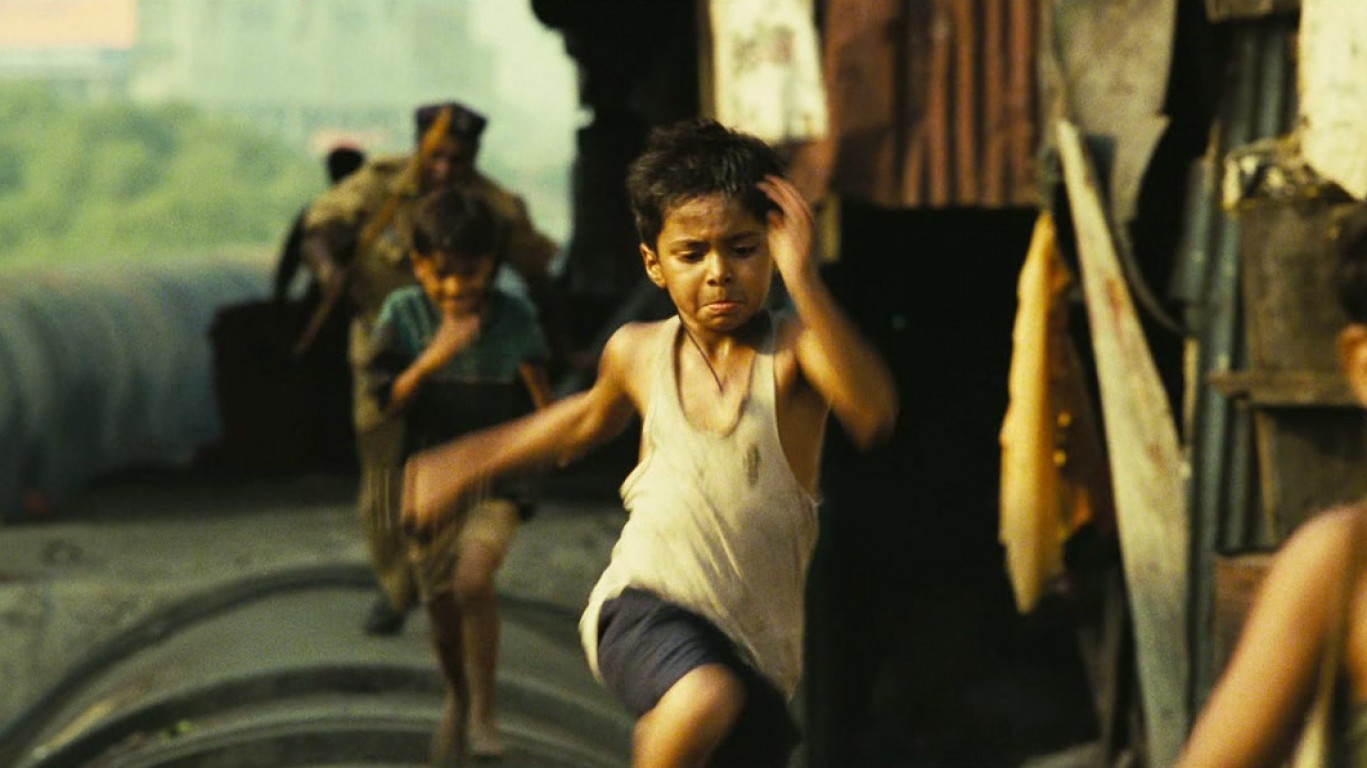
2009
> Winner: Slumdog Millionaire
> Directed by: Danny Boyle
> Produced by: Christian Colson
> Nominees: The Curious Case of Benjamin Button; Frost/Nixon; The Reader; Revolutionary Road
“Slumdog Millionaire,” the story of a Mumbai teen accused of cheating on the Indian version of the television show “Who Wants to be a Millionaire?” dominated the entertainment awards in 2009. English-born Danny Boyle took home one of four Golden Globes the film won, for Best Director – Motion Picture, and would also take the Best Director Oscar, one of eight won by the movie. Simon Beaufoy won the Globe and the Academy Award for Best Screenplay.
2010
> Winner: Avatar
> Directed by: James Cameron
> Produced by: James Cameron and Jon Landau
> Nominees: The Hurt Locker; Inglourious Basterds; Precious; Up in the Air
James Cameron’s socially conscious epic was a blockbuster and currently ranks as the third highest grossing film of all time. Cameron won one of his two Golden Globes for Best Director – Motion Picture. “Avatar” would go on to capture three Academy Awards.
[in-text-ad-2]

2011
> Winner: The Social Network
> Directed by: David Fincher
> Produced by: Scott Rudin, Dana Brunetti, Michael De Luca, Ceán Chaffin
> Nominees: Black Swan; The Fighter; Inception; The King’s Speech
“The Social Network,” the story of how Facebook was founded, took home four Golden Globes, honoring Aaron Sorkin for Best Screenplay – Motion Picture, Nine Inch Nails members Trent Reznor and Atticus Ross for Best Original Score – Motion Picture, and David Fincher for Best Director.

2012
> Winner: The Descendants
> Directed by: Alexander Payne
> Produced by: Jim Burke, Alexander Payne, Jim Taylor
> Nominees: The Help; Hugo; The Ides of March; Moneyball; War Horse
George Clooney won his third Golden Globe as a landowner in Hawaii facing a family crisis after an accident leaves his wife in a coma. The film would go on to win the Academy Award for Best Writing, Adapted Screenplay.
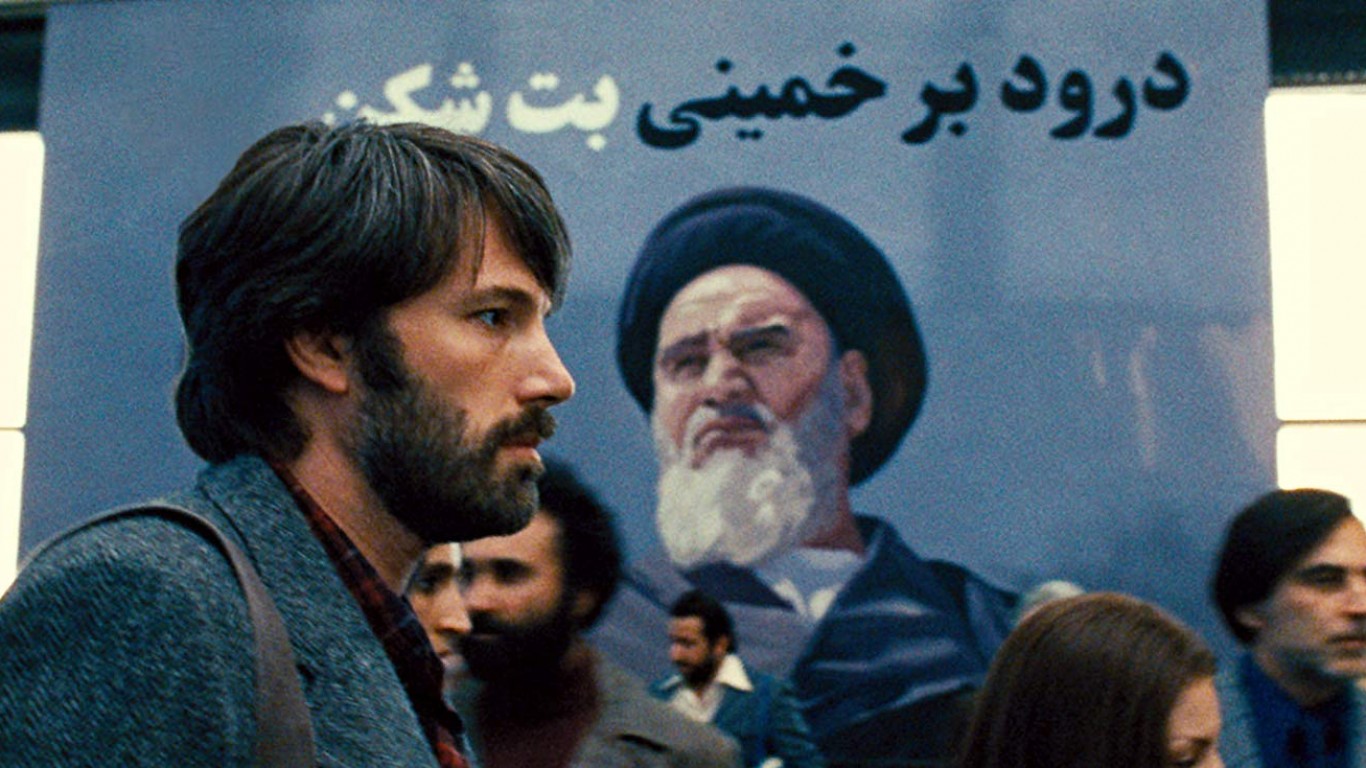
2013
> Winner: Argo
> Directed by: Ben Affleck
> Produced by: Ben Affleck, George Clooney, Grant Heslov
> Nominees: Django Unchained; Life of Pi; Lincoln; Zero Dark Thirty
“Argo,” a somewhat fictionalized comedy/drama of how Americans escaped Iran during the hostage crisis after the 1979 revolution, defeated a strong field to win the Golden Globe Best Motion Picture – Drama. Ben Affleck, who produced, directed, and starred in the film, won the Golden Globe for Best Director – Motion Picture.
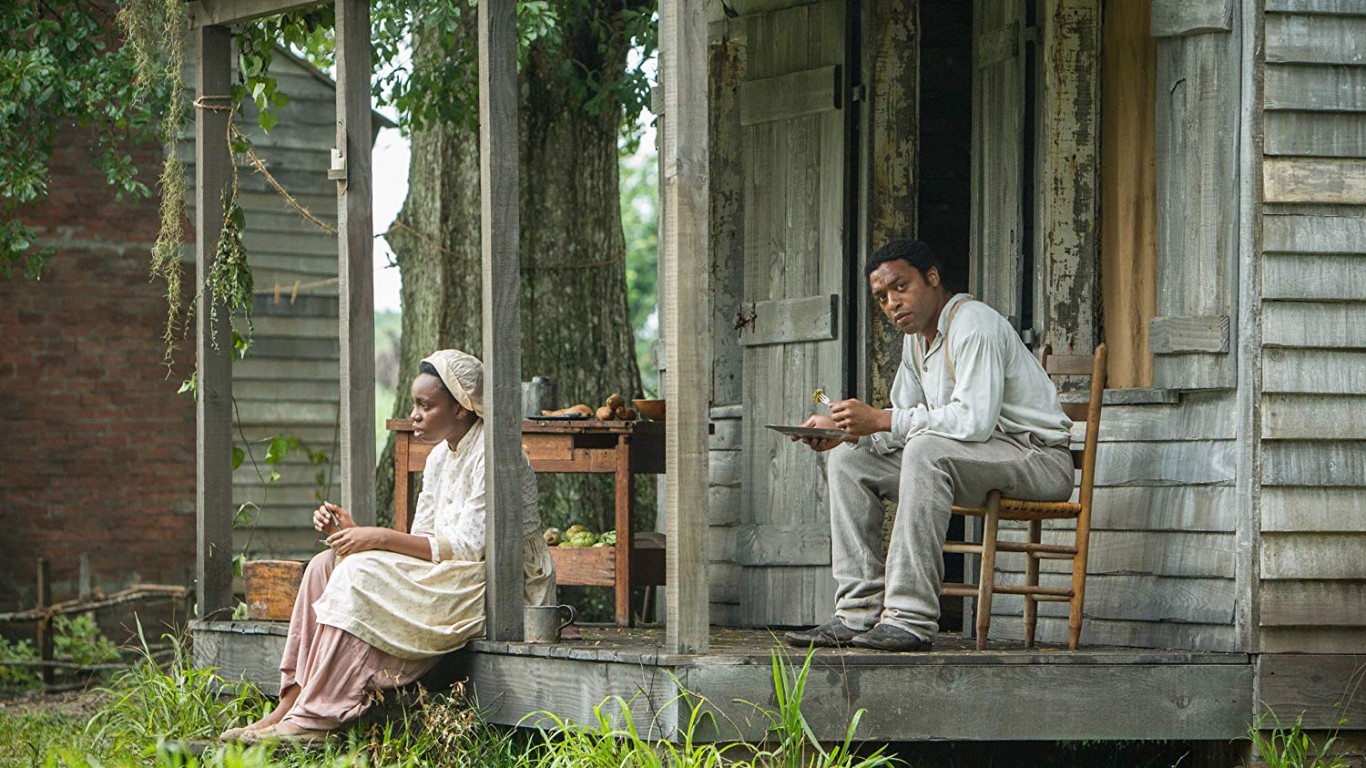
2014
> Winner: 12 Years a Slave
> Directed by: Steve McQueen
> Produced by: Brad Pitt, Dede Gardner, Jeremy Kleiner, Bill Pohlad, Steve McQueen, Arnon Milchan, Anthony Katagas
> Nominees: Captain Phillips; Gravity; Philomena; Rush
“12 Years a Slave,” the story about a free black man from New York who is abducted and sold into slavery in the pre-Civil War American South, won for Best Motion Picture – Drama. The film would go on to win three Oscars, including Best Motion Picture, the first time a movie directed by a black filmmaker won the Academy Award.
[in-text-ad]
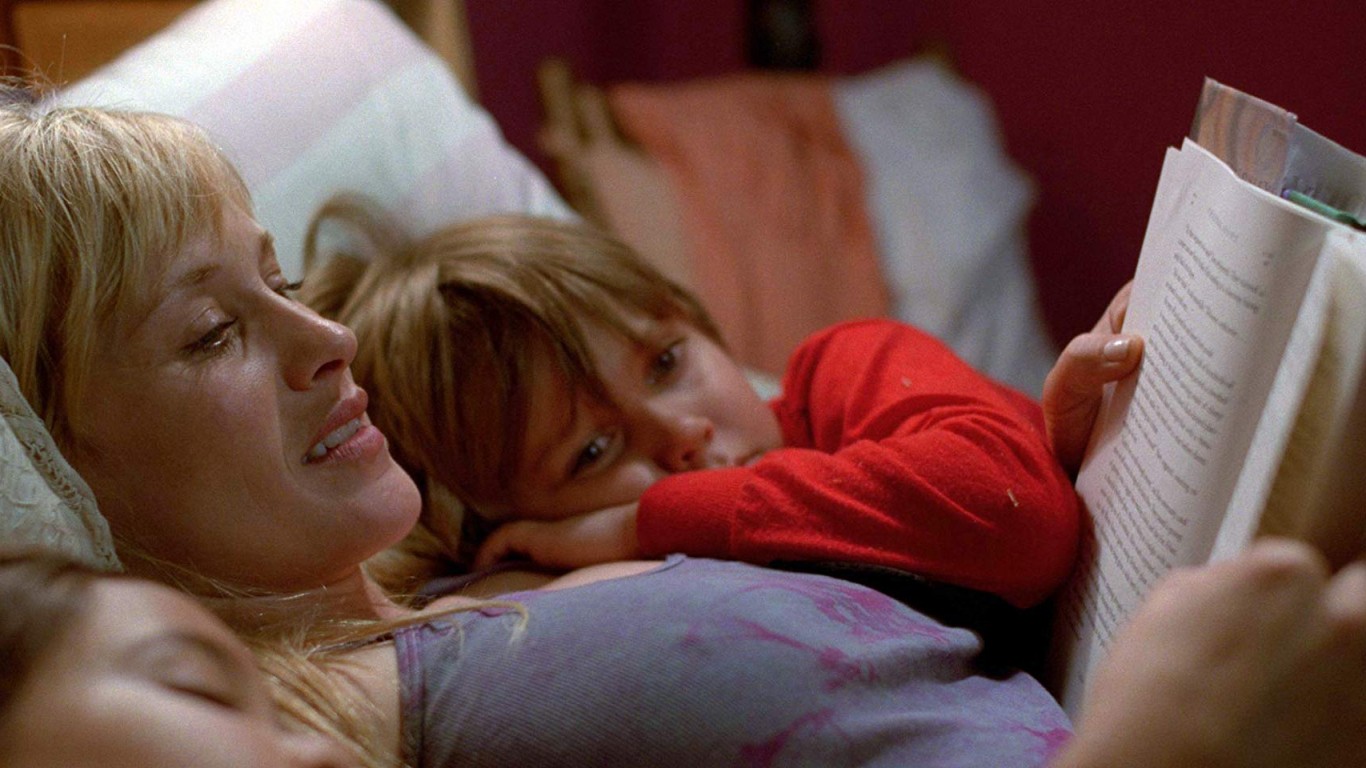
2015
> Winner: Boyhood
> Directed by: Richard Linklater
> Produced by: Richard Linklater, Cathleen Sutherland, Jonathan Sehring, John Sloss
> Nominees: Foxcatcher; The Imitation Game; Selma; The Theory of Everything
Patricia Arquette won the first of her two Golden Globes for best supporting actress for her role as the mother in “Boyhood,” which follows the life of a boy from childhood to college. Overall, the film won three Globes.
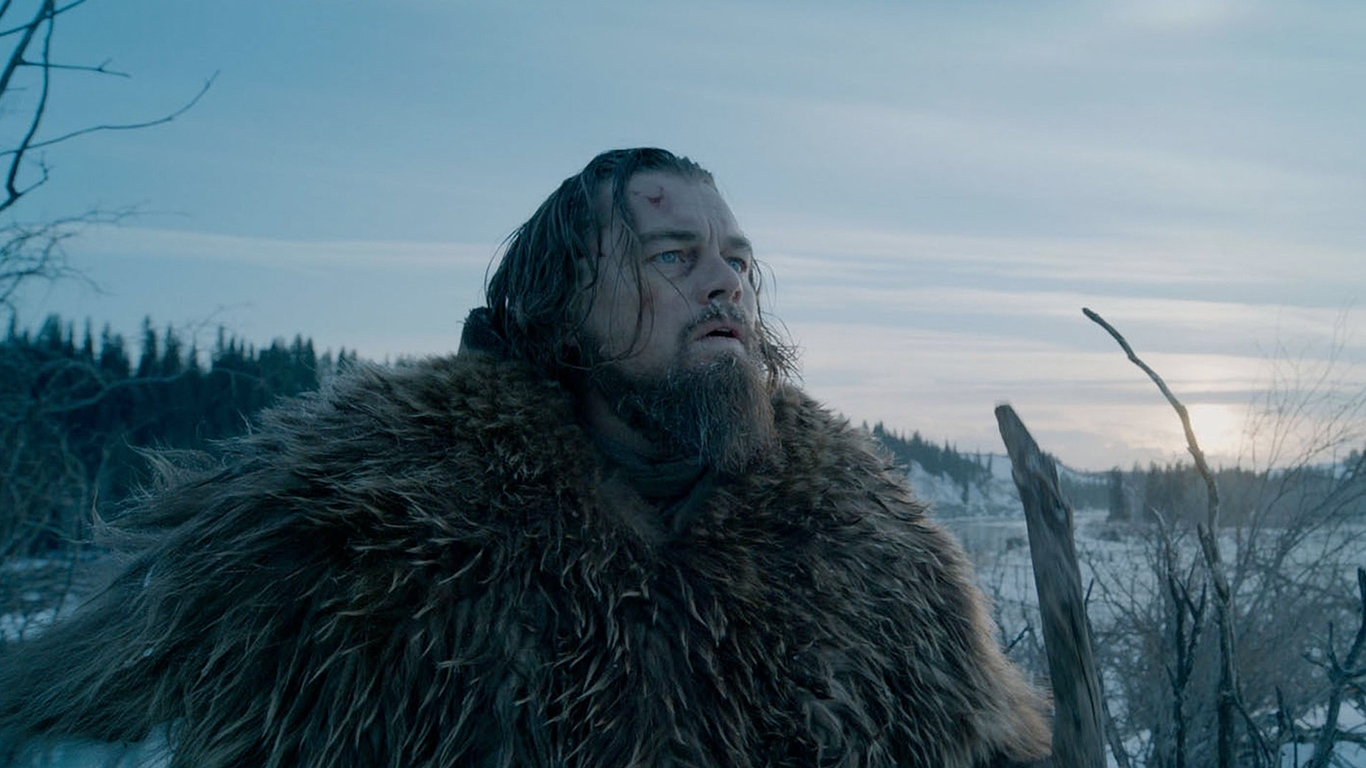
2016
> Winner: The Revenant
> Directed by: Alejandro González Iñárritu
> Produced by: Steve Golin, Alejandro González Iñárritu, Arnon Milchan, Mary Parent, Keith Redmon, James W. Skotchdopole
> Nominees: Carol; Mad Max: Fury Road; Room; Spotlight
Leonardo DiCaprio won his third Globe overall for Best Performance by an Actor in a Motion Picture – Drama for his portrayal of a vengeful frontiersman fighting for survival in the American wilderness after he is mauled by a bear and abandoned by his fur trading party. Director Alejandro González Iñárritu won his second consecutive Globe for Best Director – Motion Picture. Both DiCaprio and González Iñárritu won Oscars for the film as well.

2017
> Winner: Moonlight
> Directed by: Barry Jenkins
> Produced by: Dede Gardner, Jeremy Kleiner, Adele Romanski
> Nominees: Hacksaw Ridge; Hell or High Water; Lion; Manchester by the Sea
“Moonlight” is a story about an African American man coming to terms with his identity and sexuality. Barry Jenkins was nominated for Golden Globes and Oscars for his work on its screenplay and direction and won the Oscar for best adapted screenplay.
[in-text-ad-2]
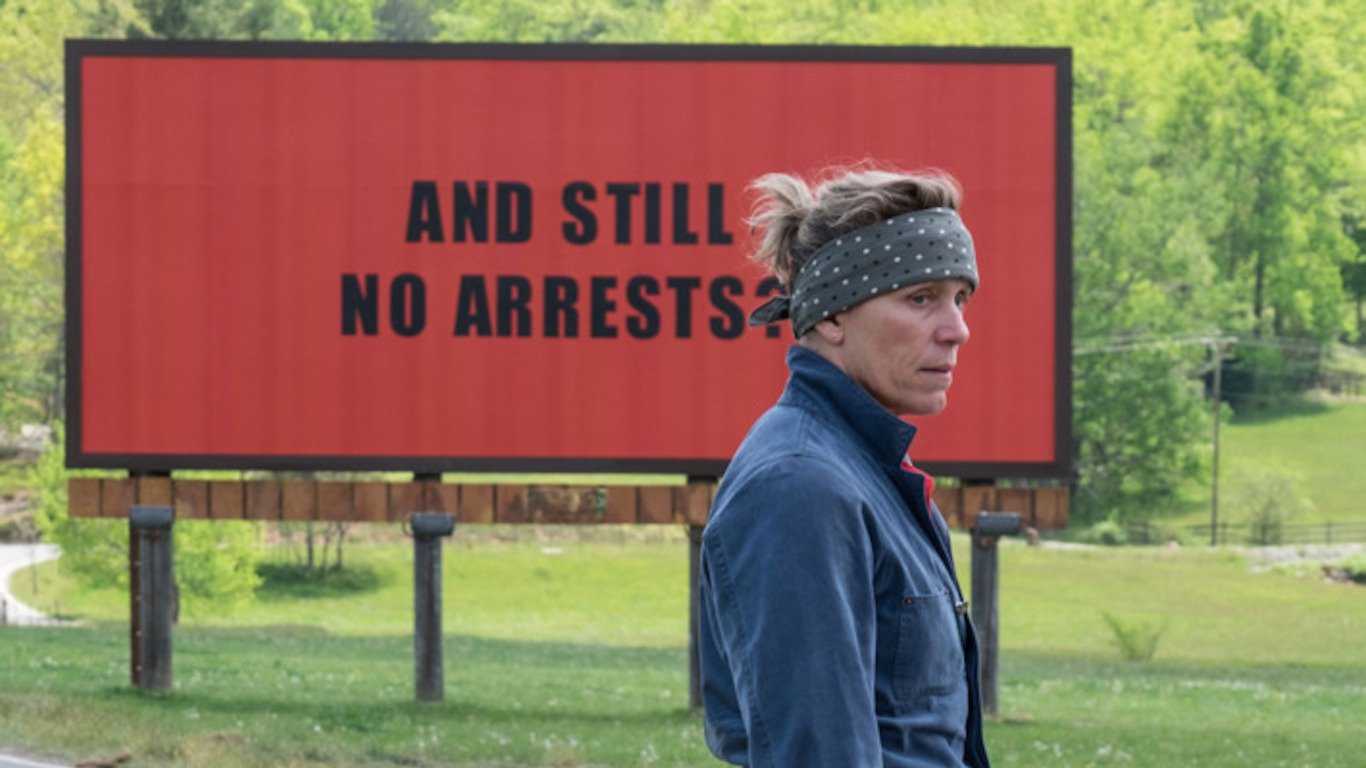
2018
> Winner: Three Billboards Outside Ebbing, Missouri
> Directed by: Martin McDonagh
> Produced by: Graham Broadbent, Pete Czernin, Martin McDonagh
> Nominees: Call Me by Your Name; Dunkirk; The Post; The Shape of Water
A strong cast anchored “Three Billboards Outside Ebbing, Missouri,” a story about a woman who tries to shame local police into solving her daughter’s murder by posting messages on billboards. Frances McDormand delivered a powerful performance as the grieving mother, winning a Globe and an Oscar for Best Actress, and Sam Rockwell took home both trophies for Best Supporting Actor.

2019
> Winner: Bohemian Rhapsody
> Directed by: Bryan Singer
> Produced by: Graham King and Jim Beach
> Nominees: Black Panther; BlacKkKlansman; If Beale Street Could Talk; A Star Is Born
“Bohemian Rhapsody” is a biopic about the British band Queen’s frontman Freddie Mercury, who overcame prejudice and torment about his sexuality to become one of rock’s greatest performers. Rami Malek won the Golden Globe for Best Performance by an Actor in a Motion Picture – Drama, and he won one of the four Oscars awarded to the film.

2020
> Winner: 1917
> Directed by: Sam Mendes
> Produced by: Sam Mendes
> Nominees: The Irishman, Joker, Marriage Story, The Two Popes
“1917” follows two British soldiers during World War I who are given what seems an impossible mission. They must deliver a message deep into enemy territory. If successful, they may save the lives of 1,600 fellow soldiers, including one of the private’s own brother, who are walking into a trap. Sam Mendes won a Golden Globe for Best Director.

2021
> Winner: Nomadland
> Directed by: Chloé Zhao
> Produced by: Frances McDormand, Peter Spears, Mollye Asher, Dan Janvey, Chloé Zhao
> Nominees: The Father, Mank, Promising Young Woman, The Trial of the Chicago 7
Directed by Chloé Zhao (“The Rider”), “Nomadland” follows a woman who decides to travel across the West, living out of a van, after she loses everything during the Great Recession between 2007 and 2009. Wenlei Ma from News.com.au called the movie “one of the most accomplished films of the year, an emotional tour de force that moves you but never imposes or manipulates.” Zhao won the Golden Globe for Best Director, only the second woman (after Barbra Streisand) to ever win this category.
The Average American Is Losing Momentum On Their Savings Every Day (Sponsor)
If you’re like many Americans and keep your money ‘safe’ in a checking or savings account, think again. The average yield on a savings account is a paltry .4%1 today. Checking accounts are even worse.
But there is good news. To win qualified customers, some accounts are paying more than 7x the national average. That’s an incredible way to keep your money safe and earn more at the same time. Our top pick for high yield savings accounts includes other benefits as well. You can earn up to 4.00% with a Checking & Savings Account today Sign up and get up to $300 with direct deposit. No account fees. FDIC Insured.
Click here to see how much more you could be earning on your savings today. It takes just a few minutes to open an account to make your money work for you.
Thank you for reading! Have some feedback for us?
Contact the 24/7 Wall St. editorial team.